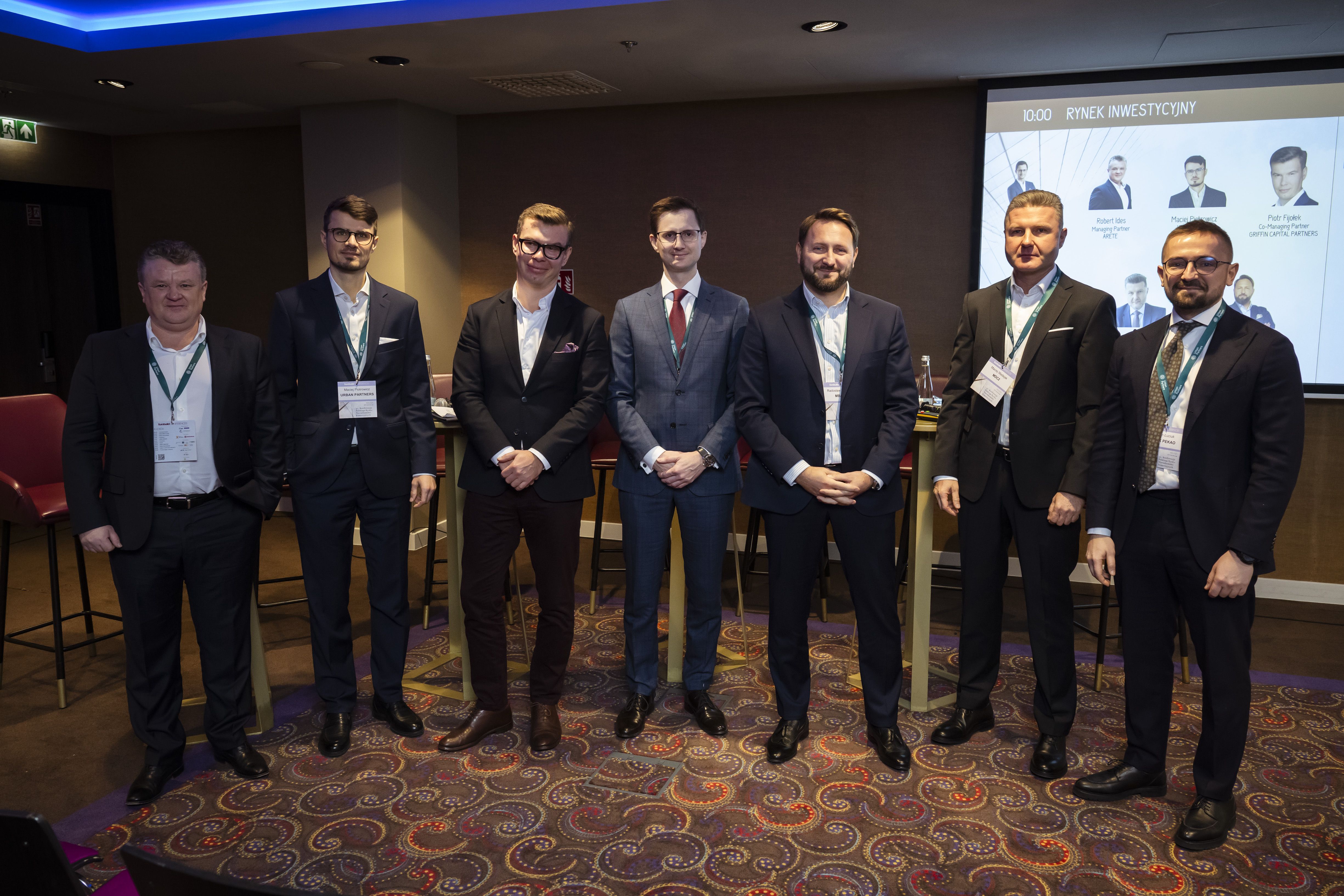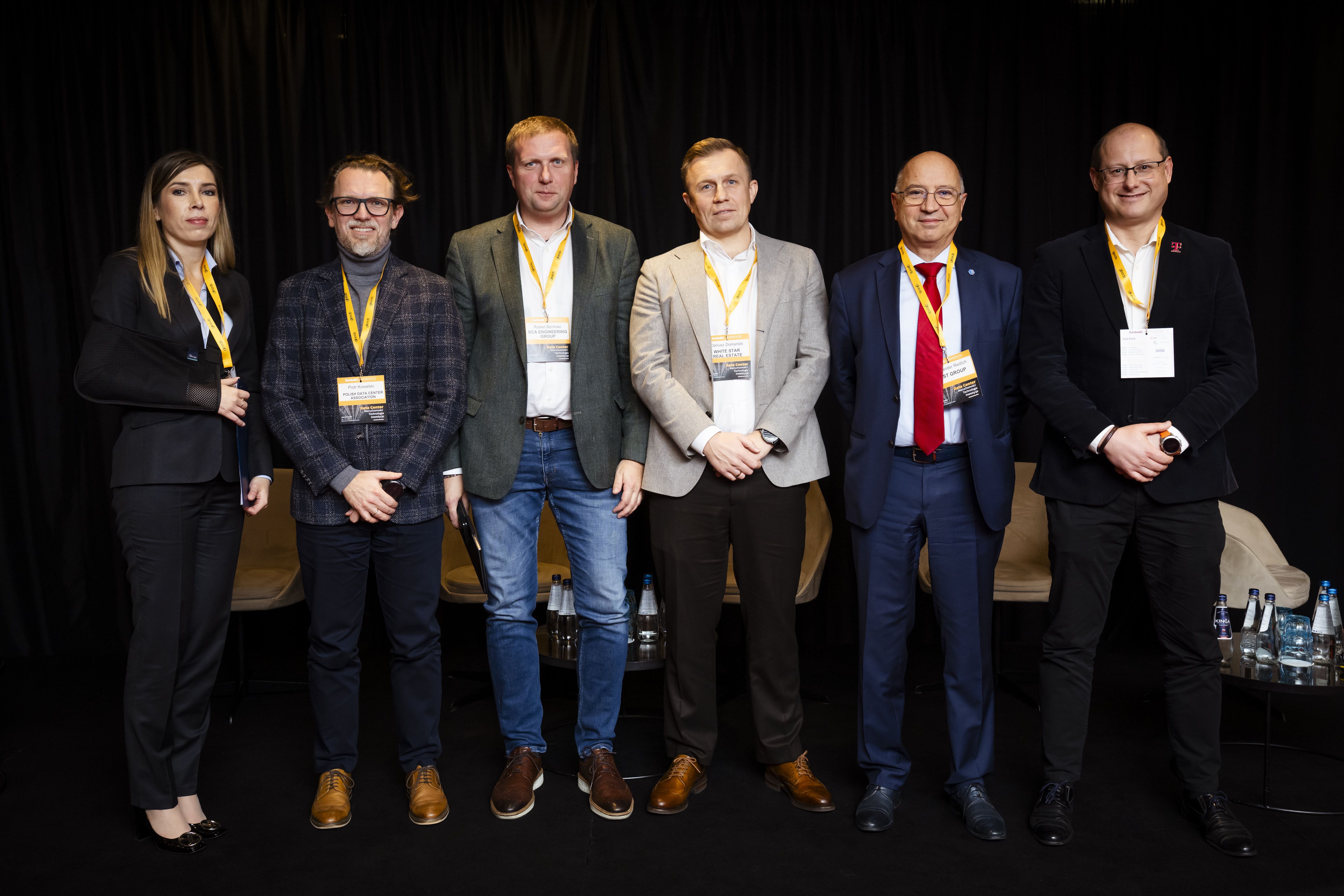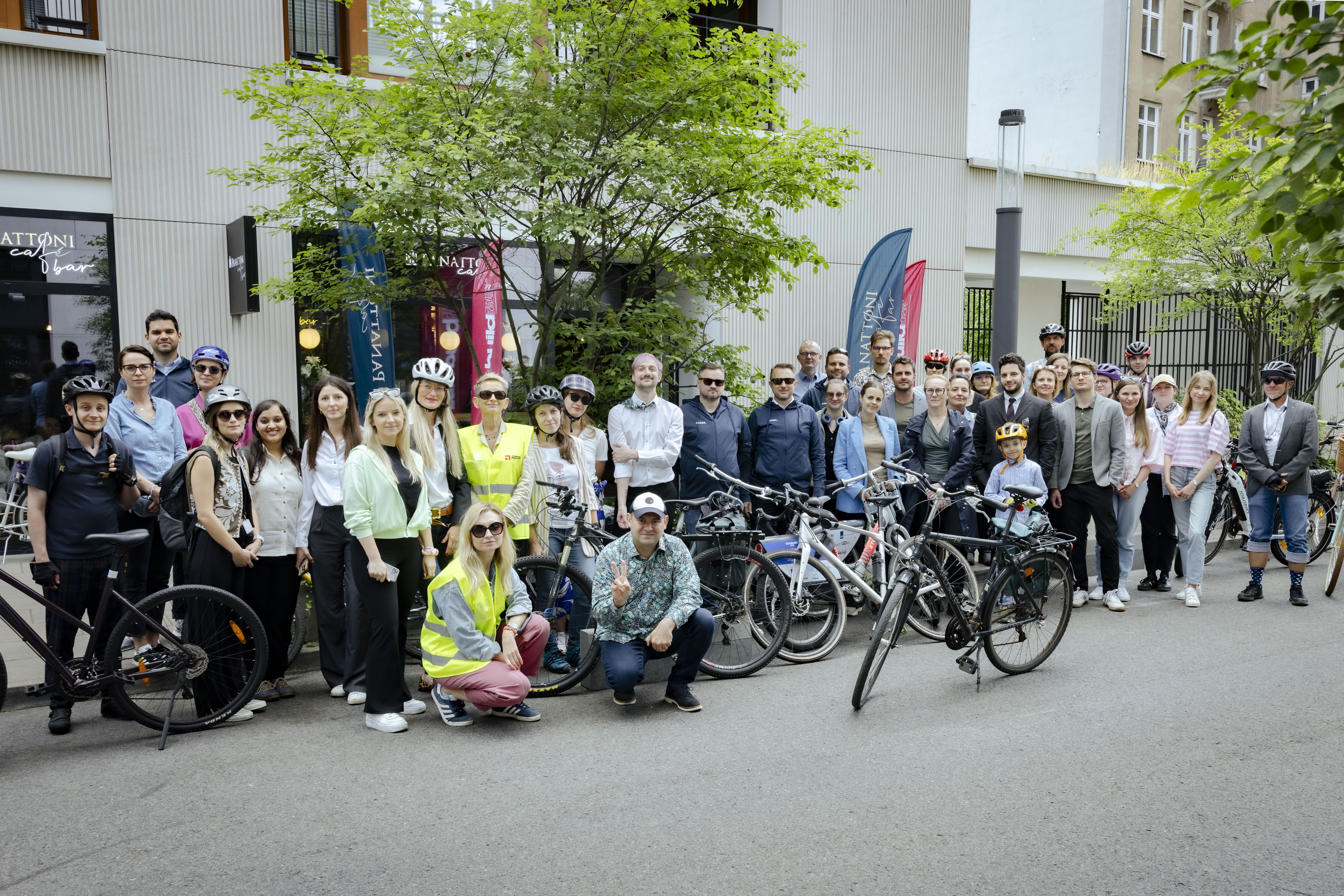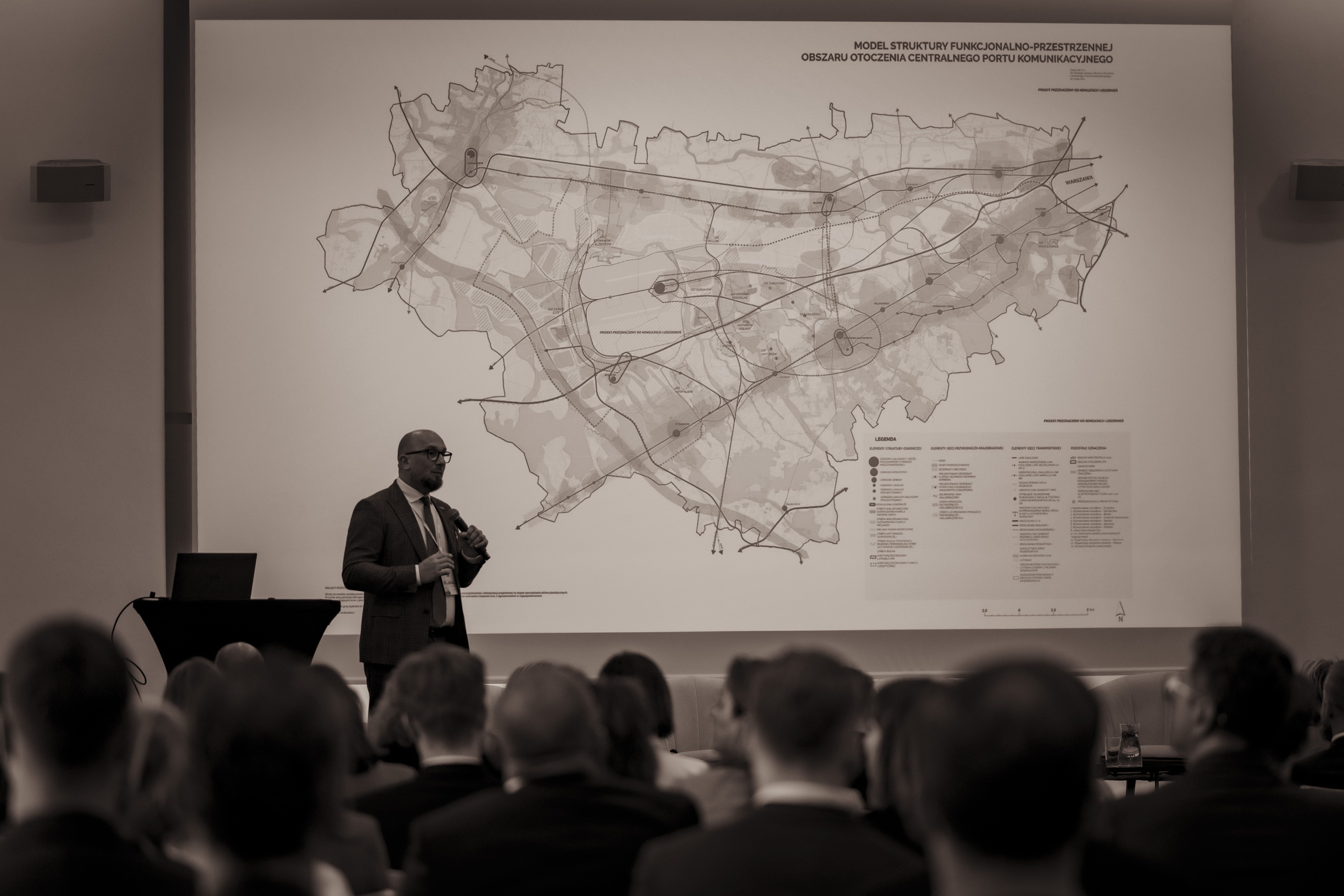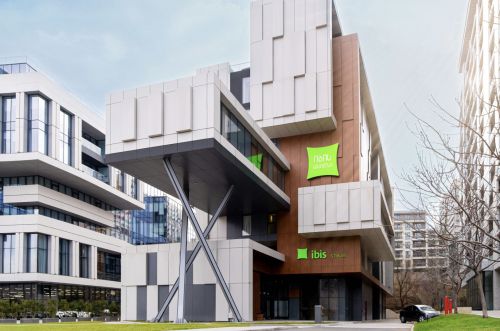The 5th Invested Interest - Investment Market Conference

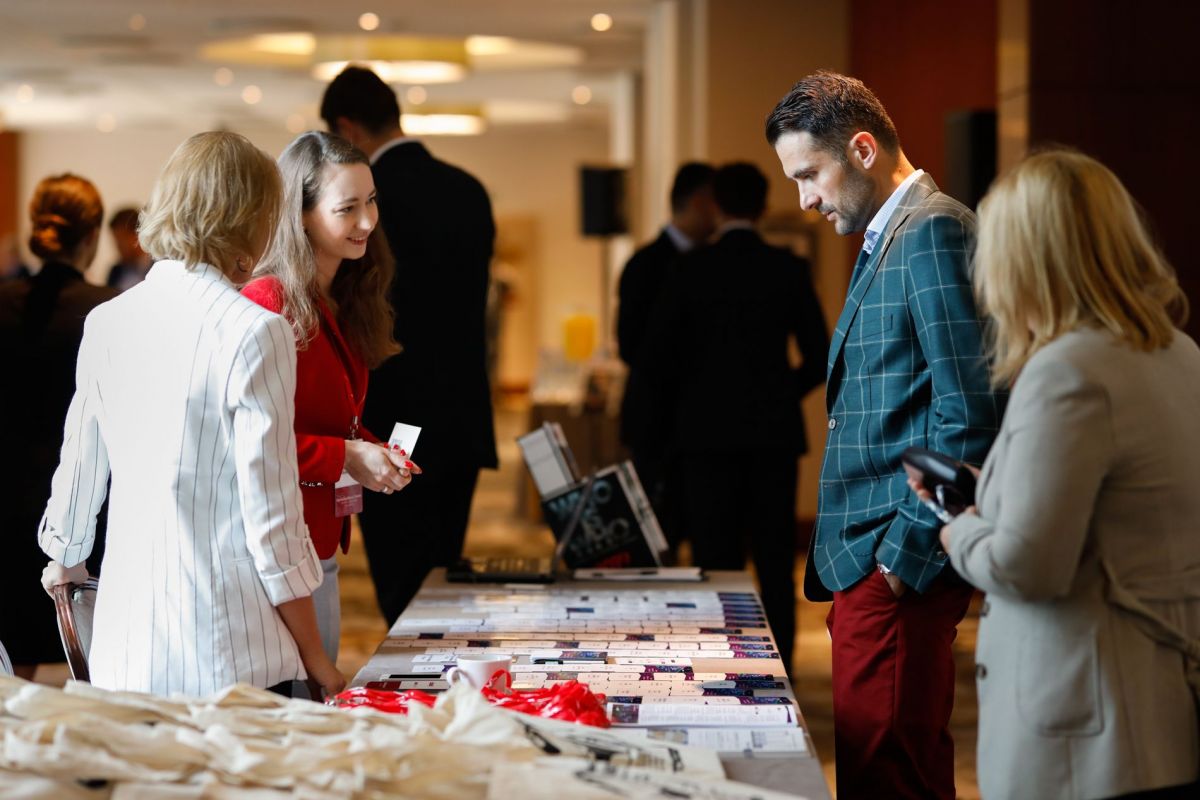

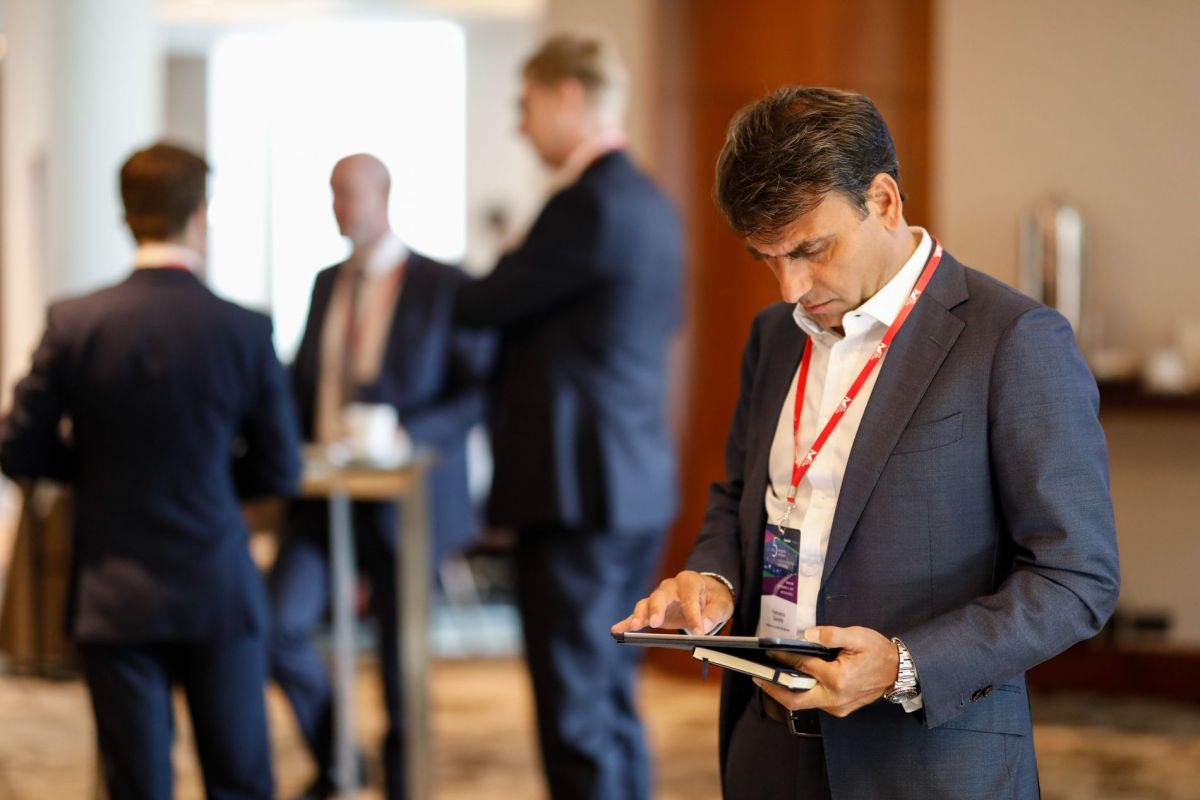
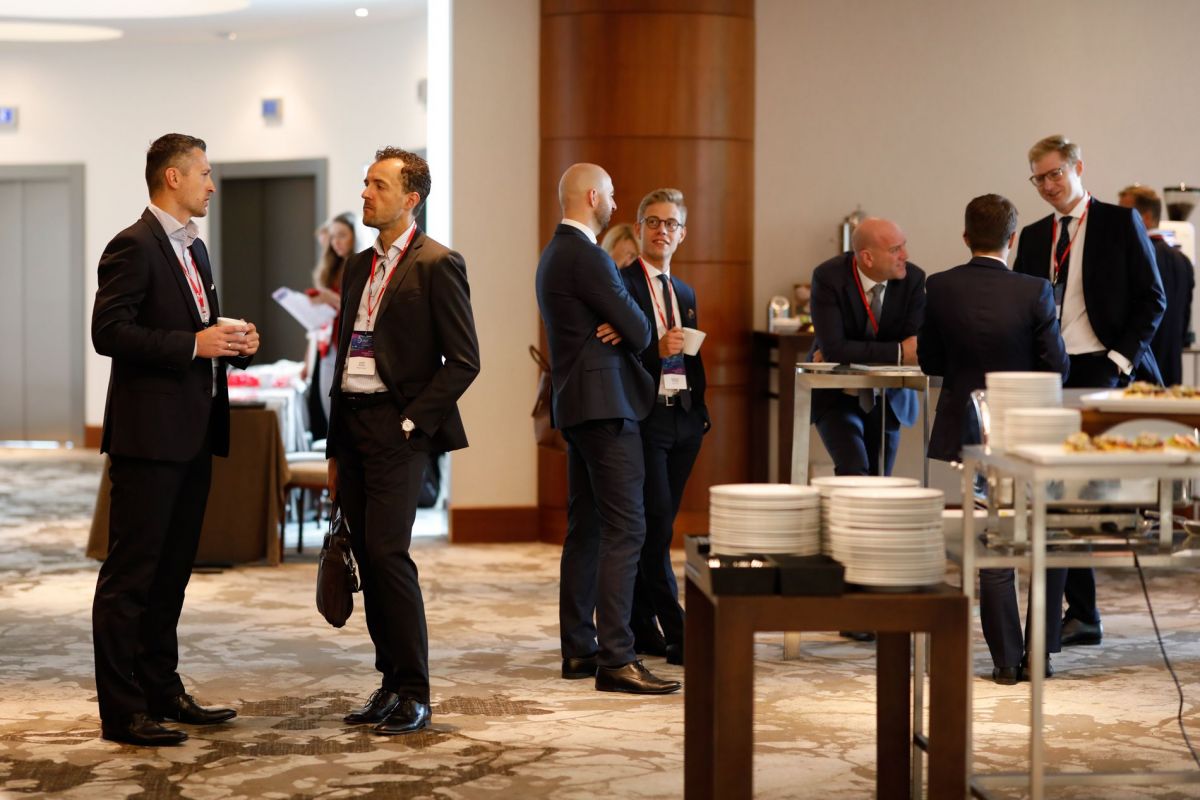
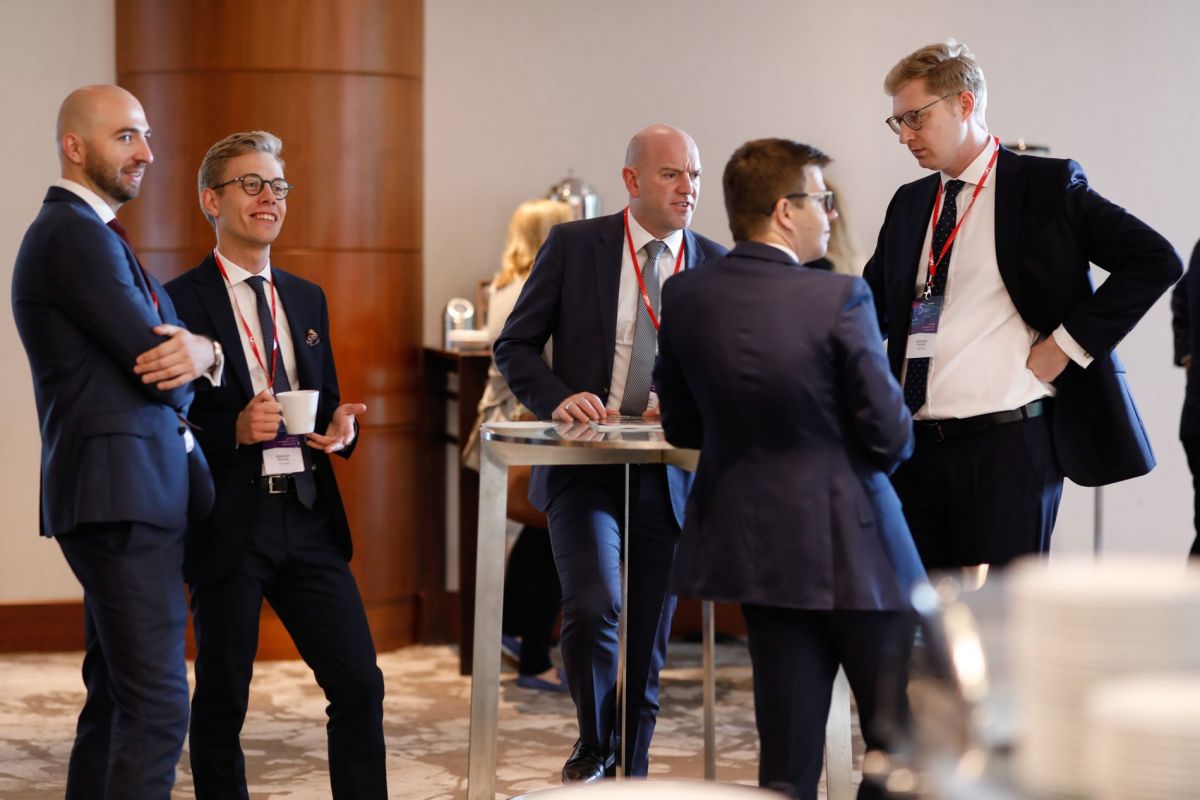
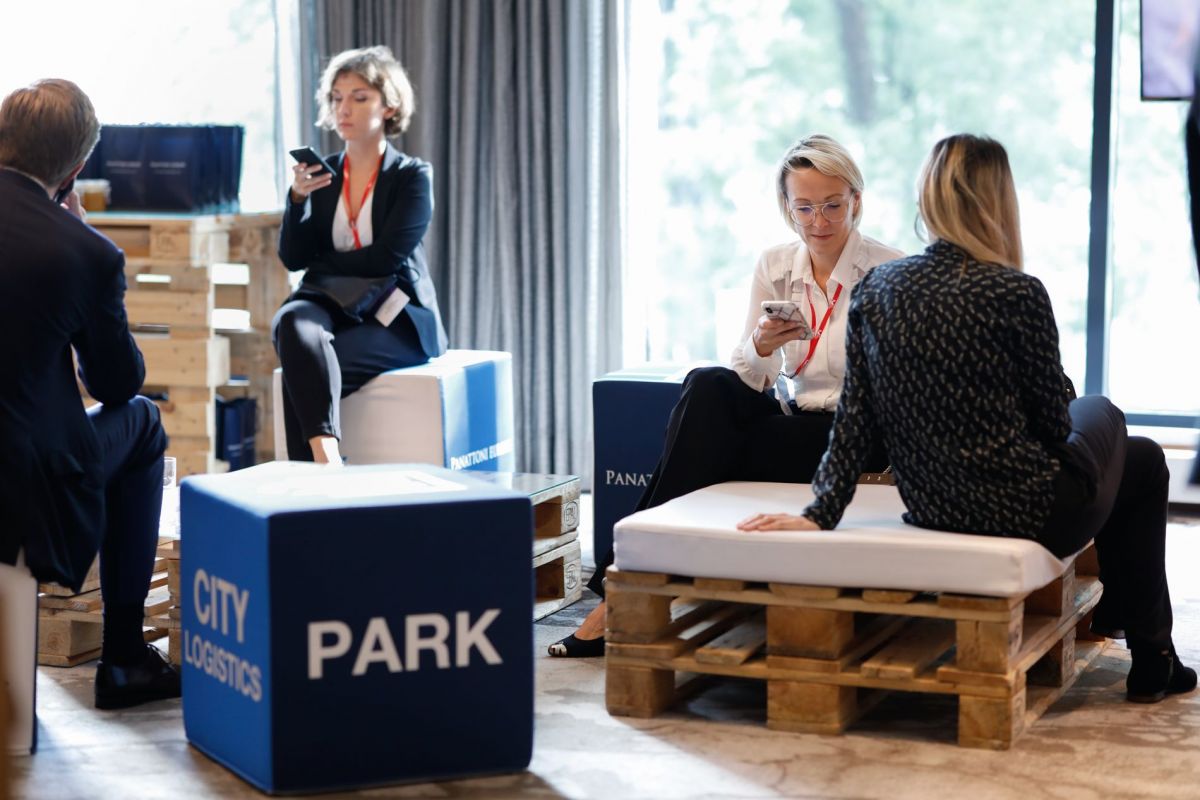
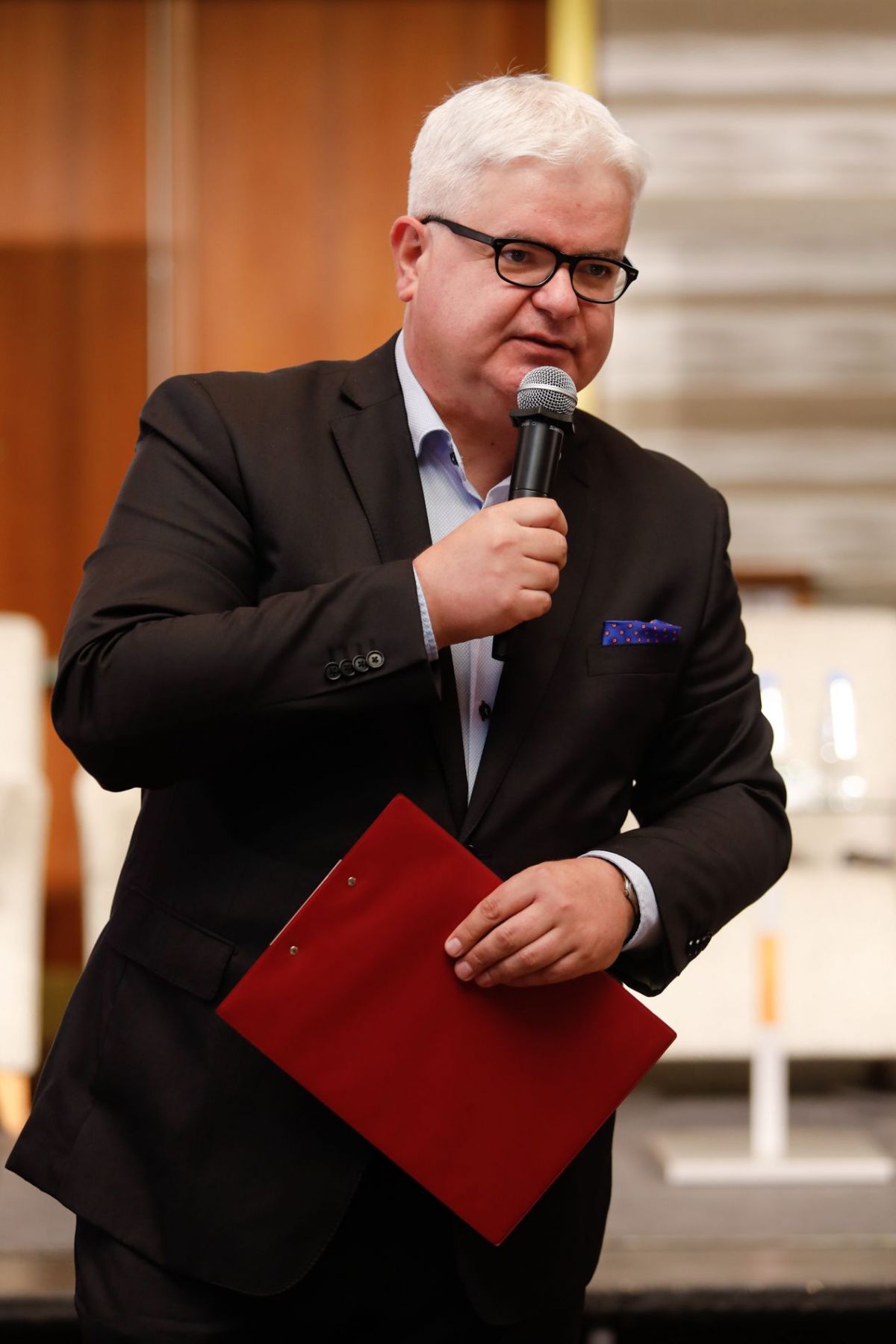

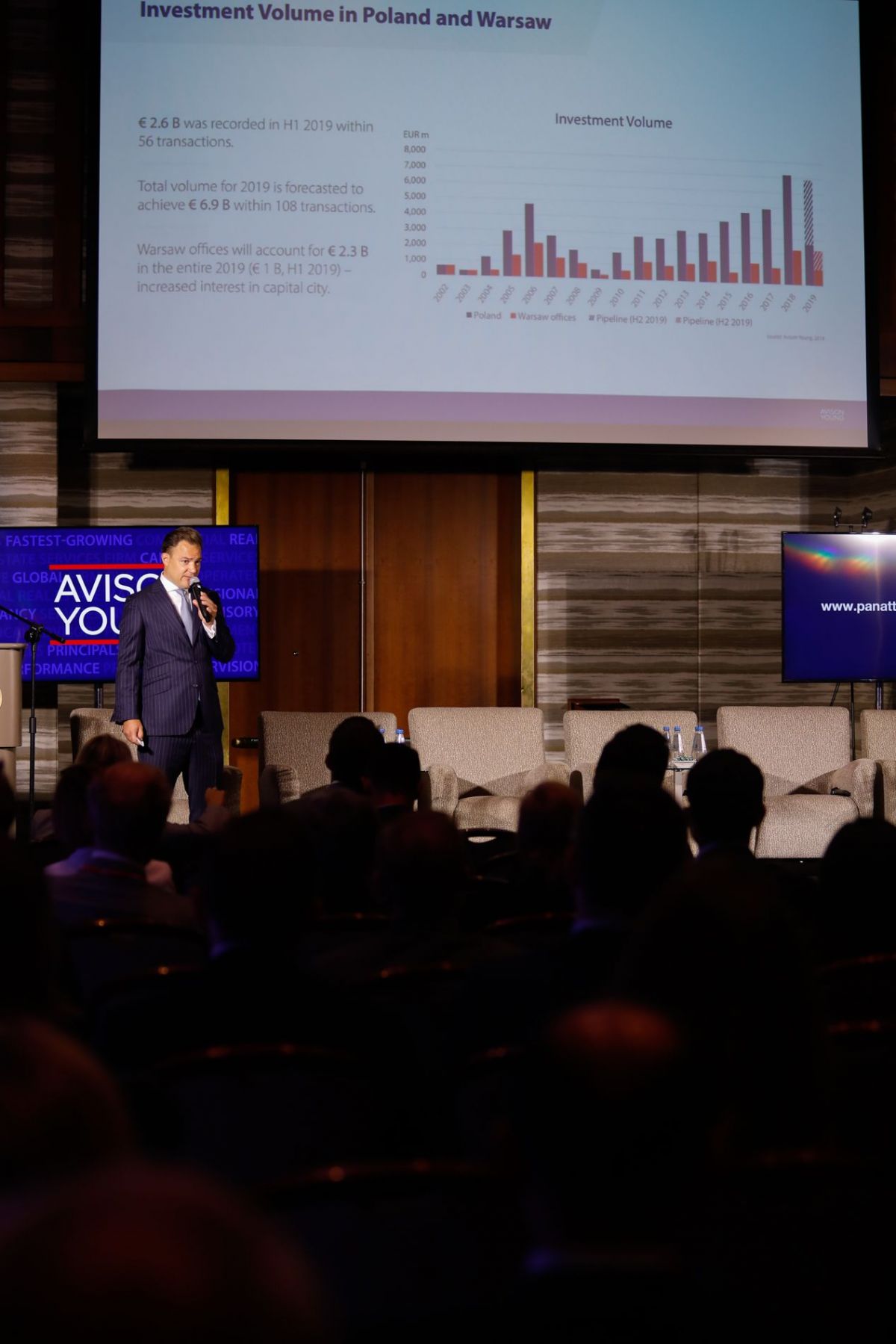
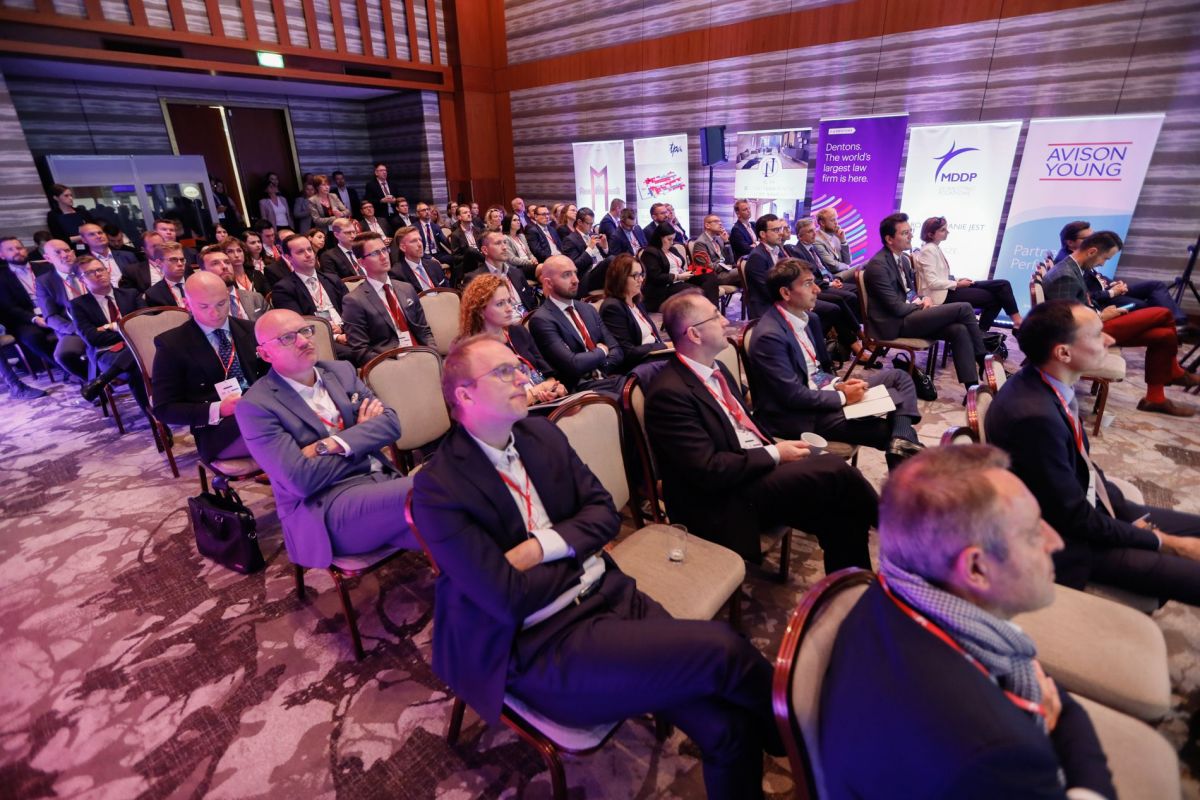
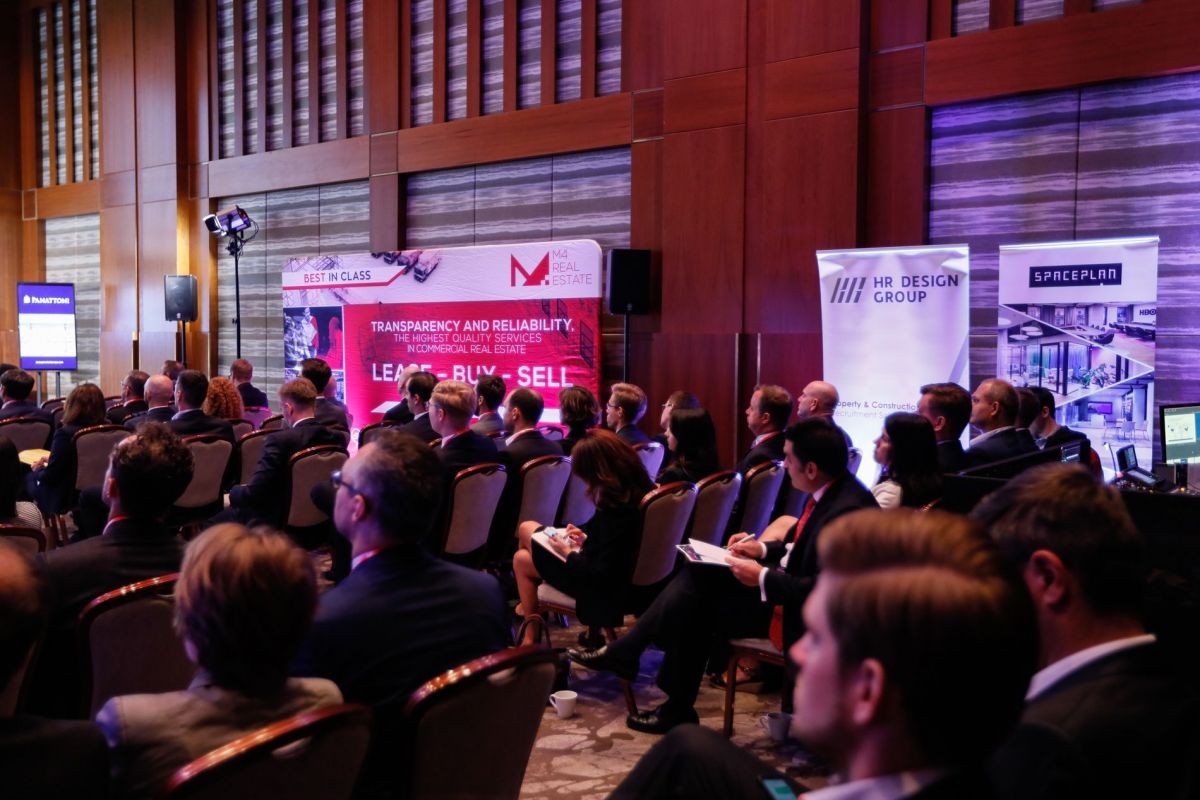
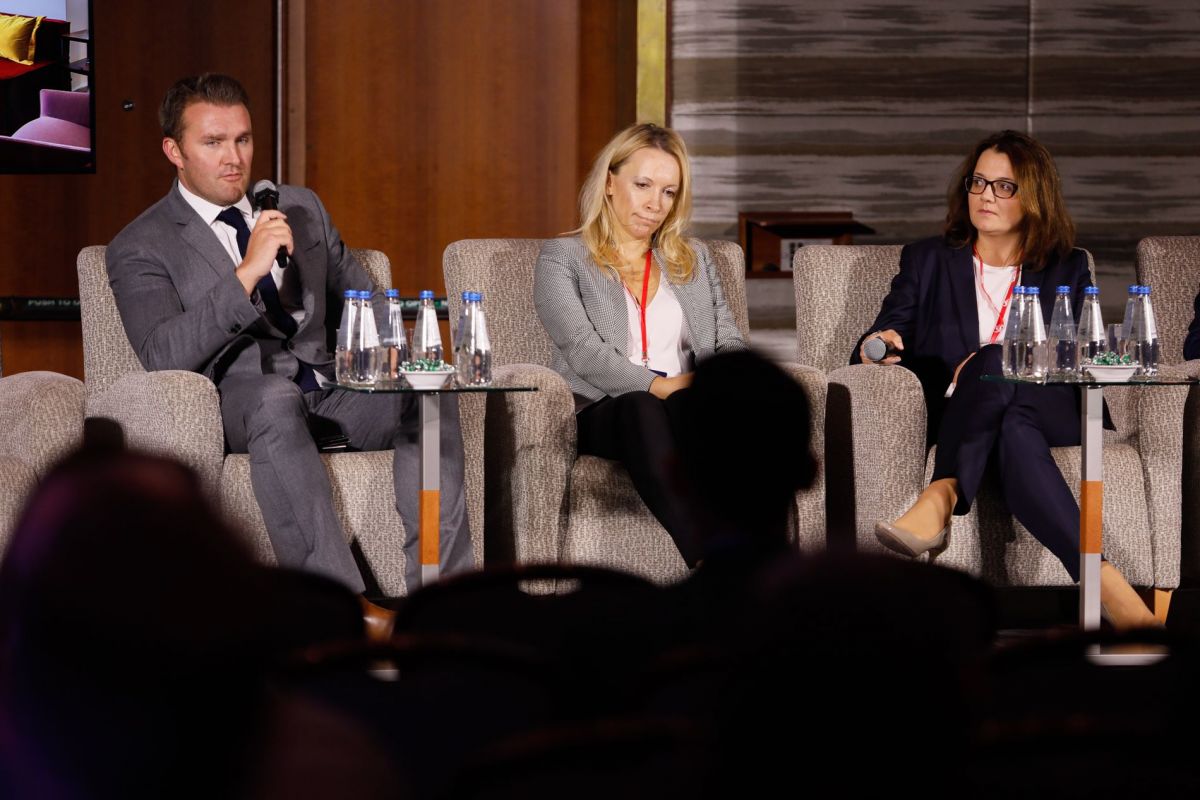
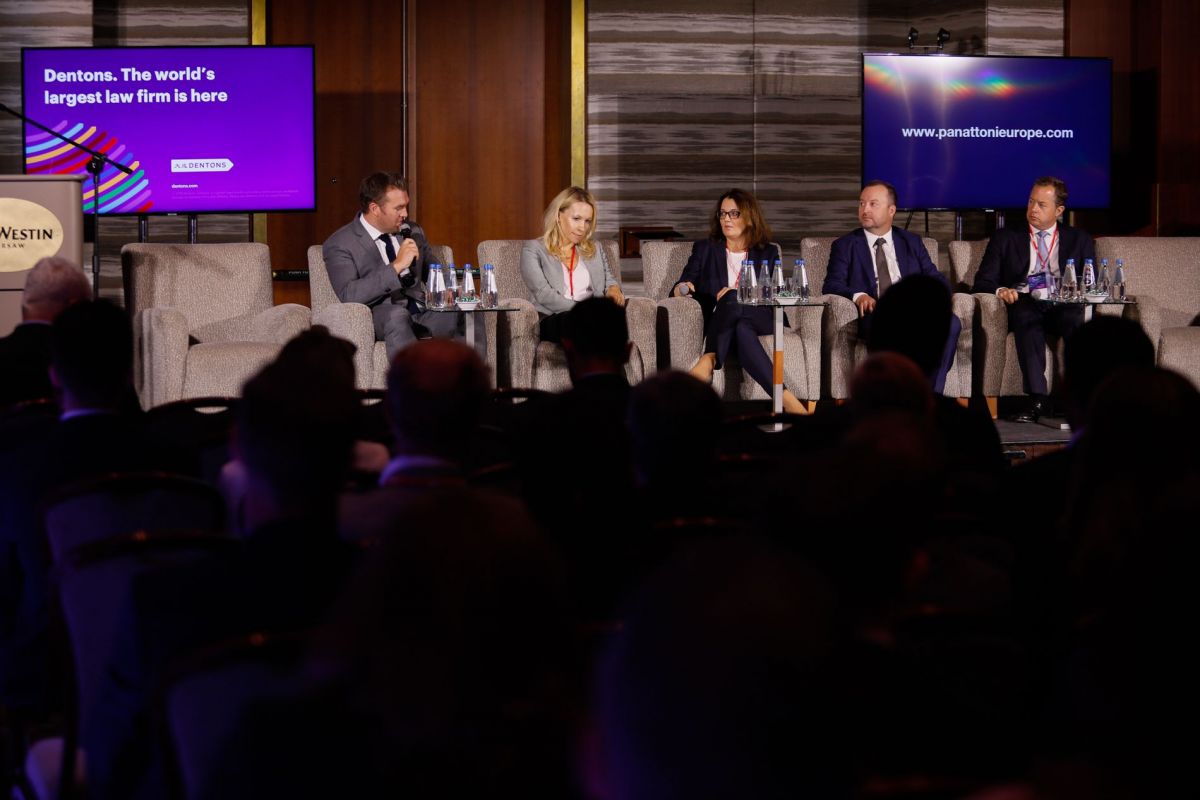
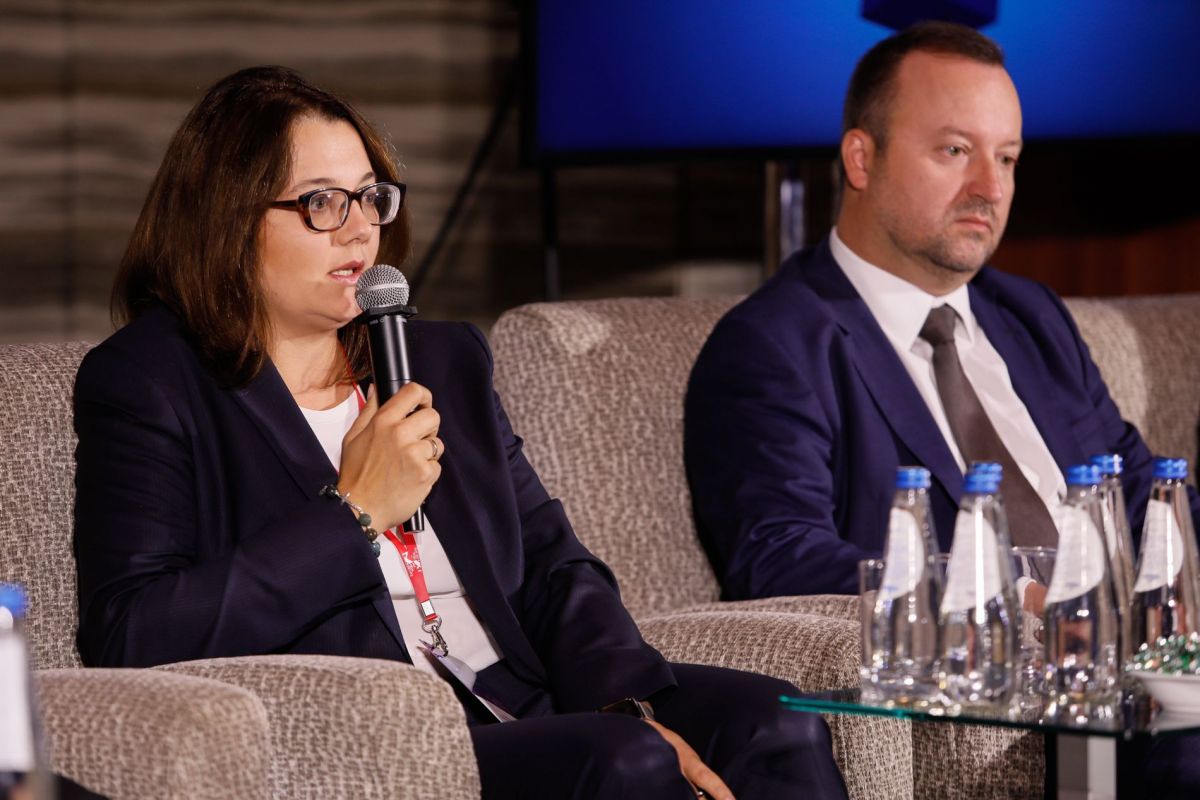
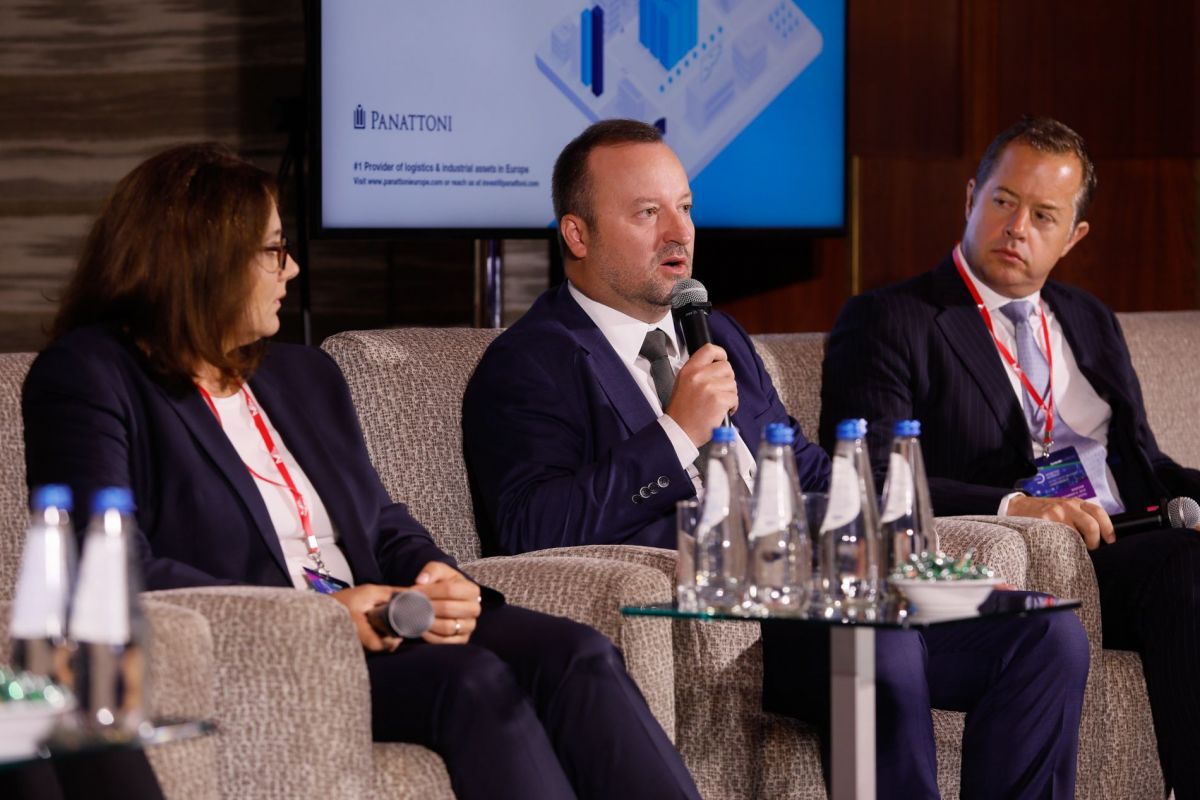
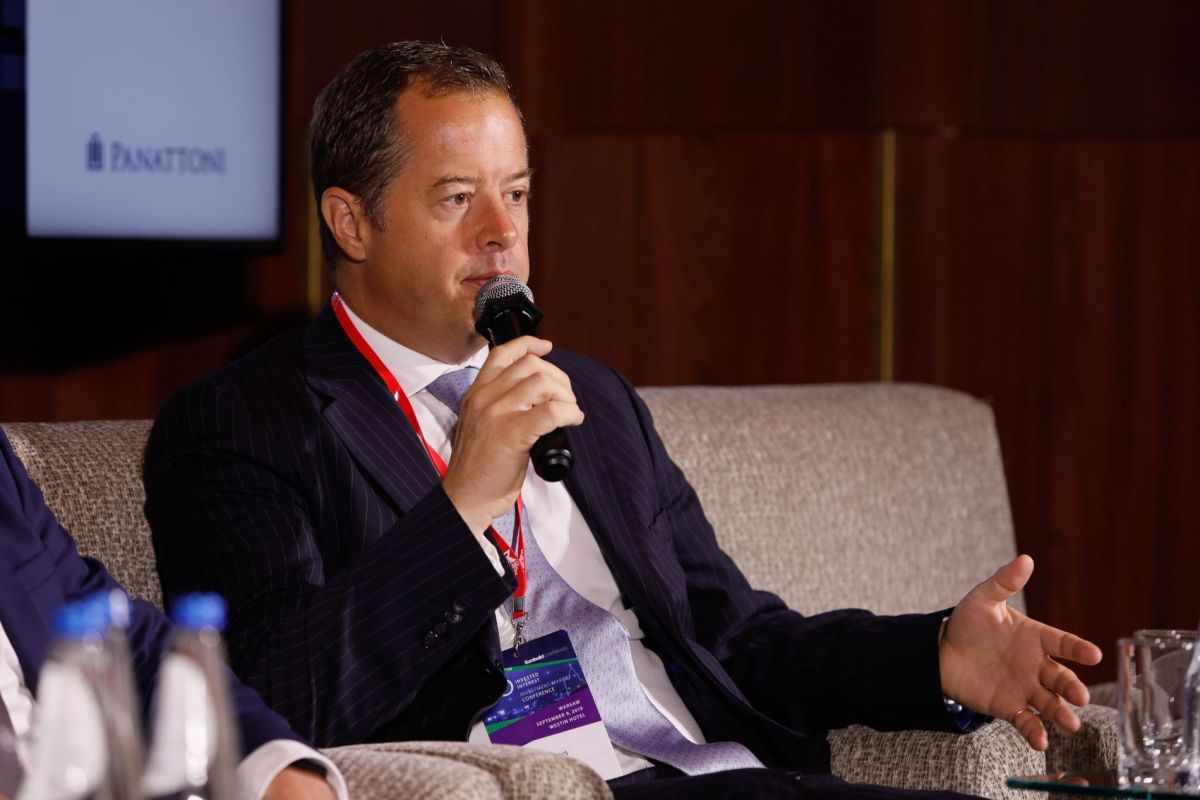
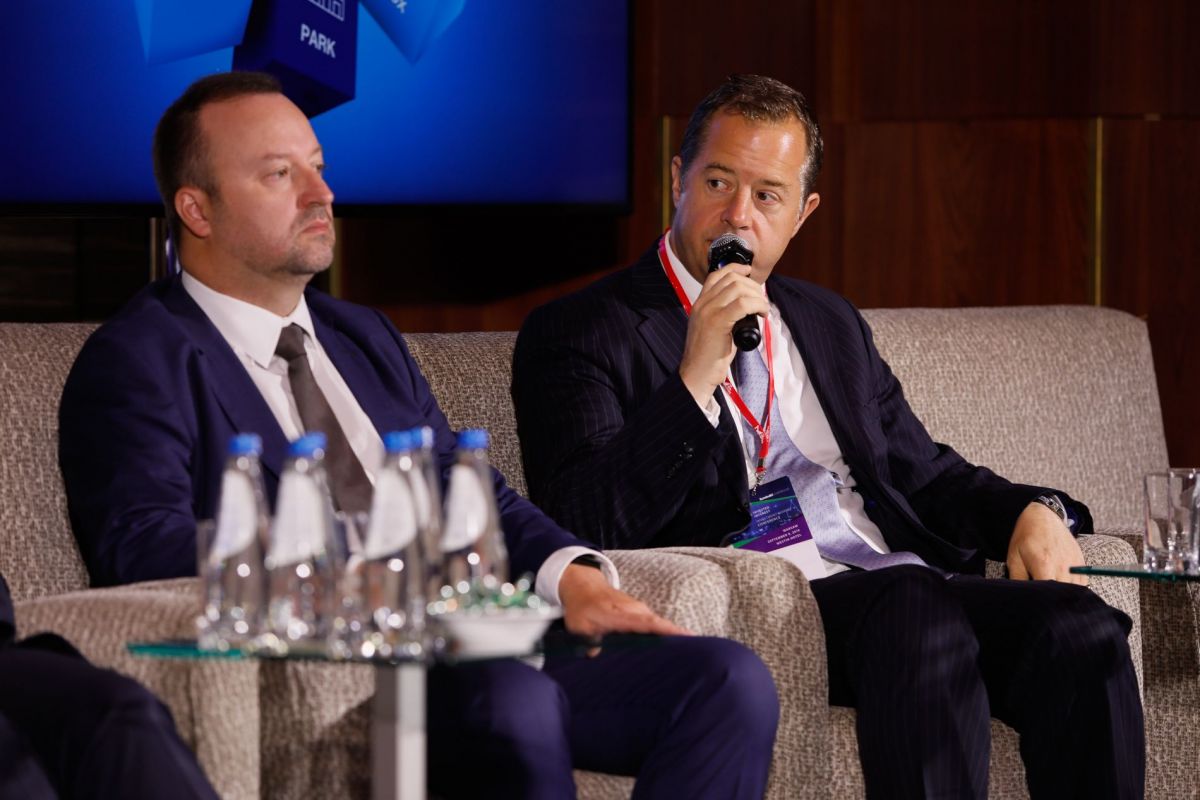

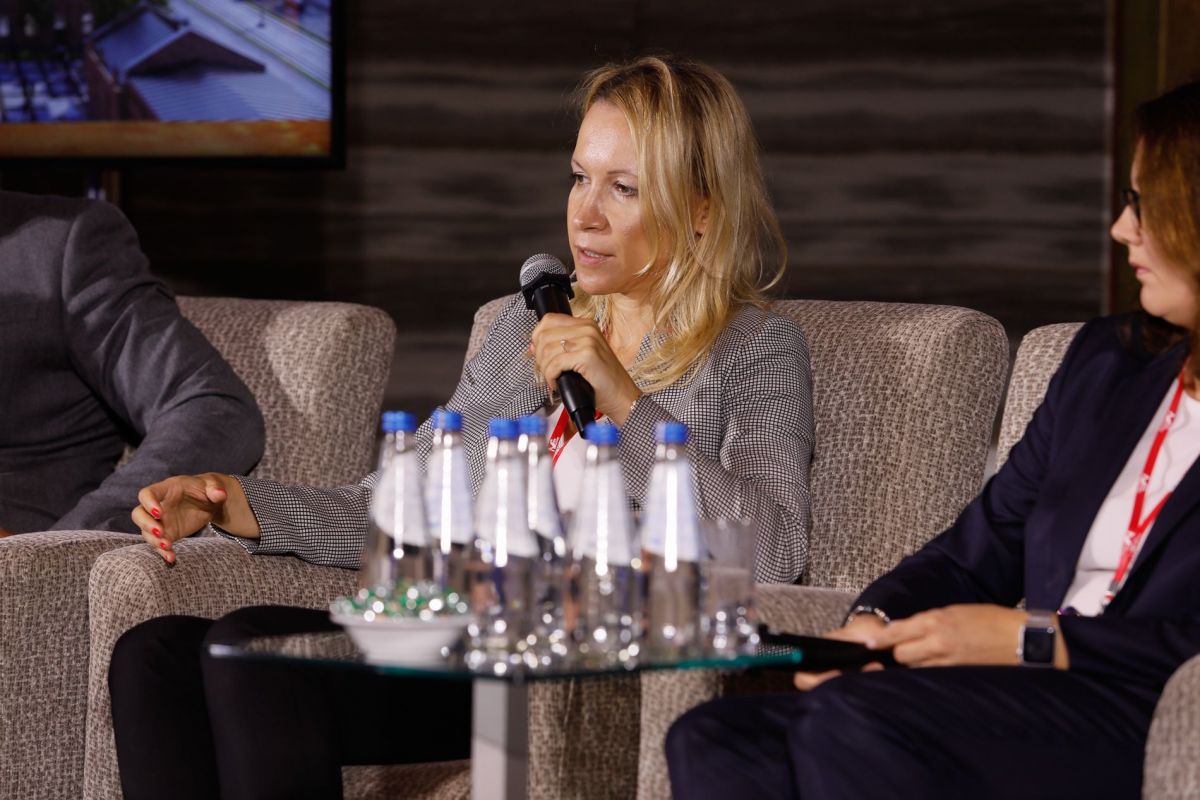
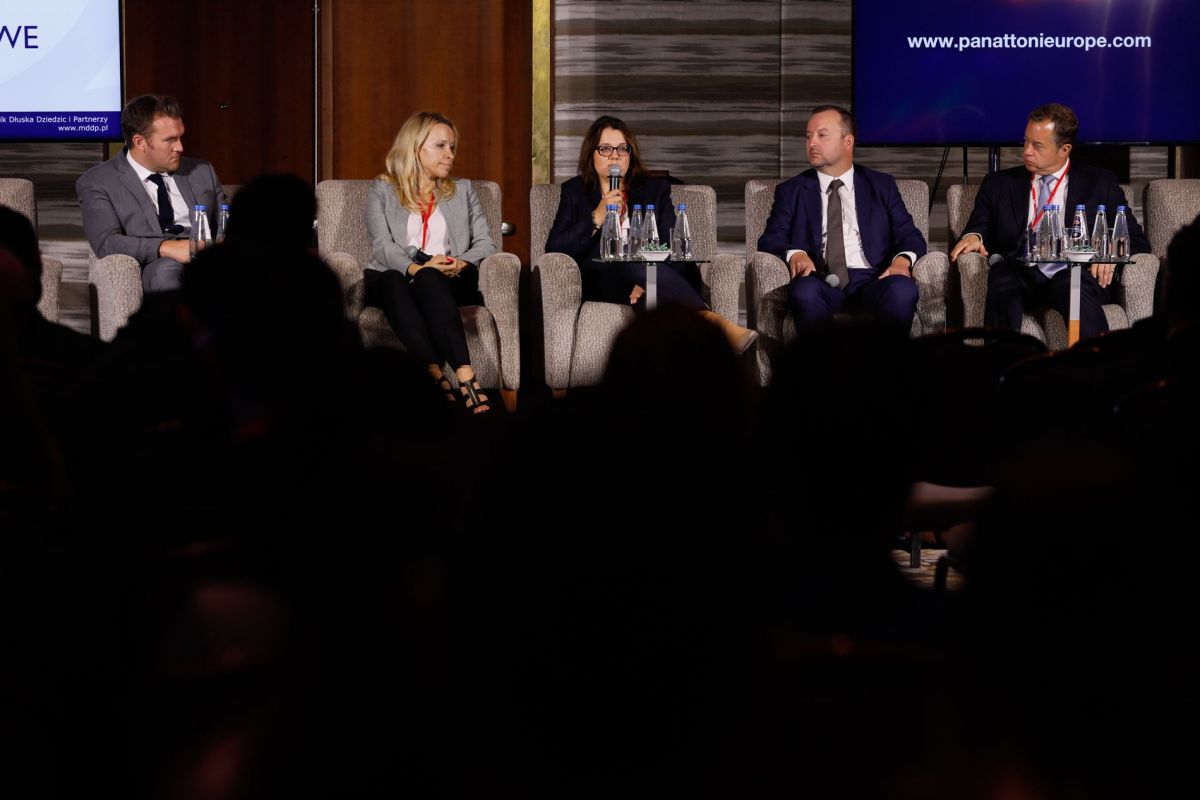
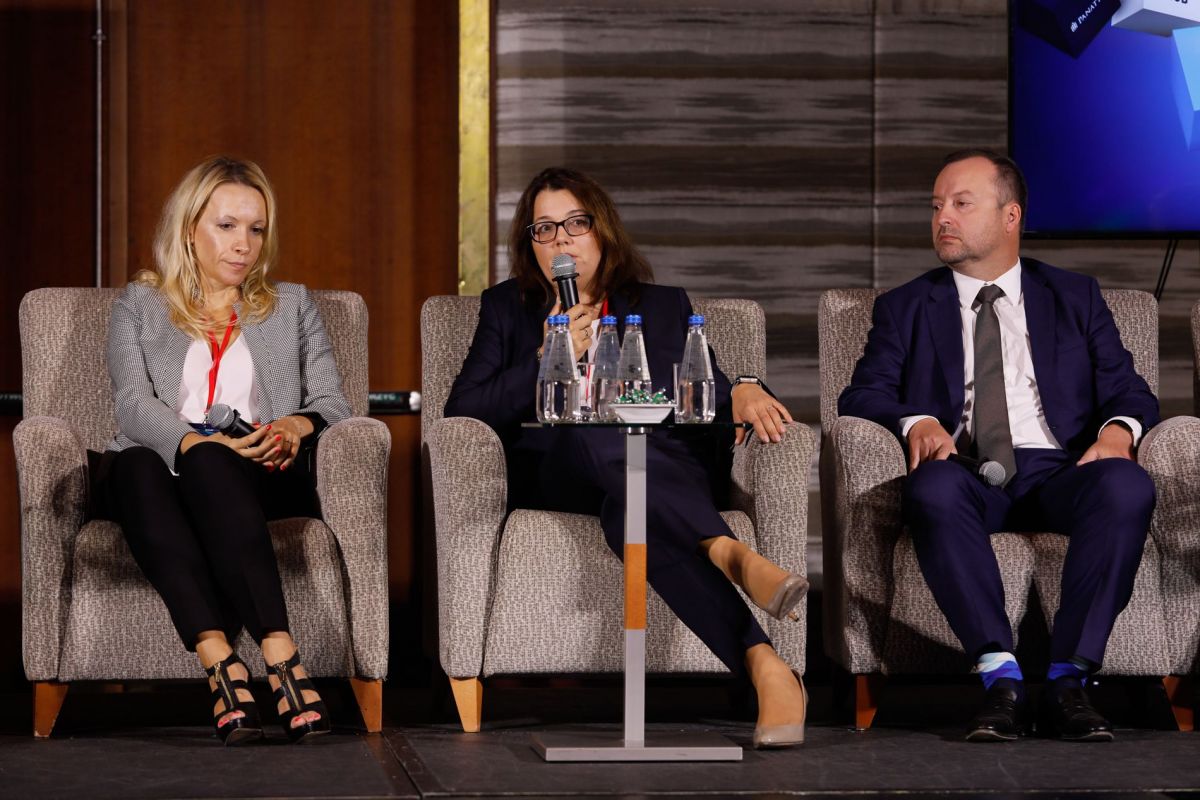
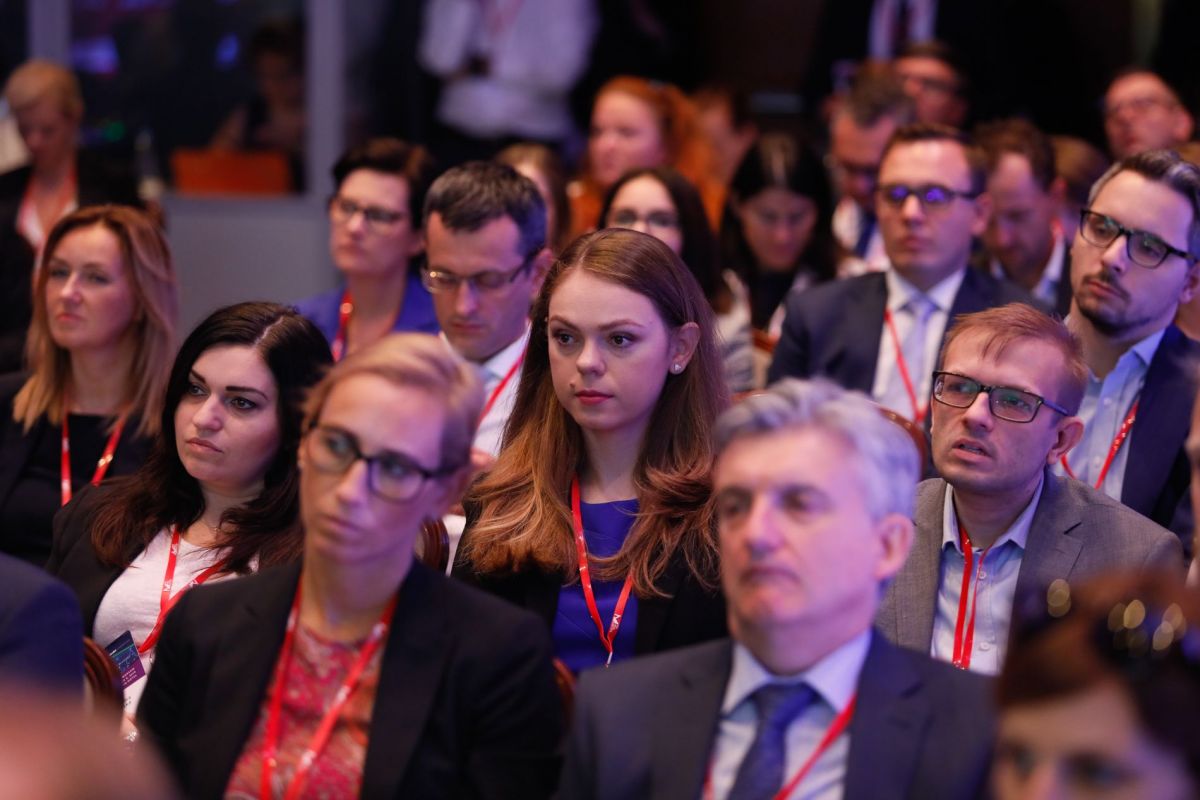
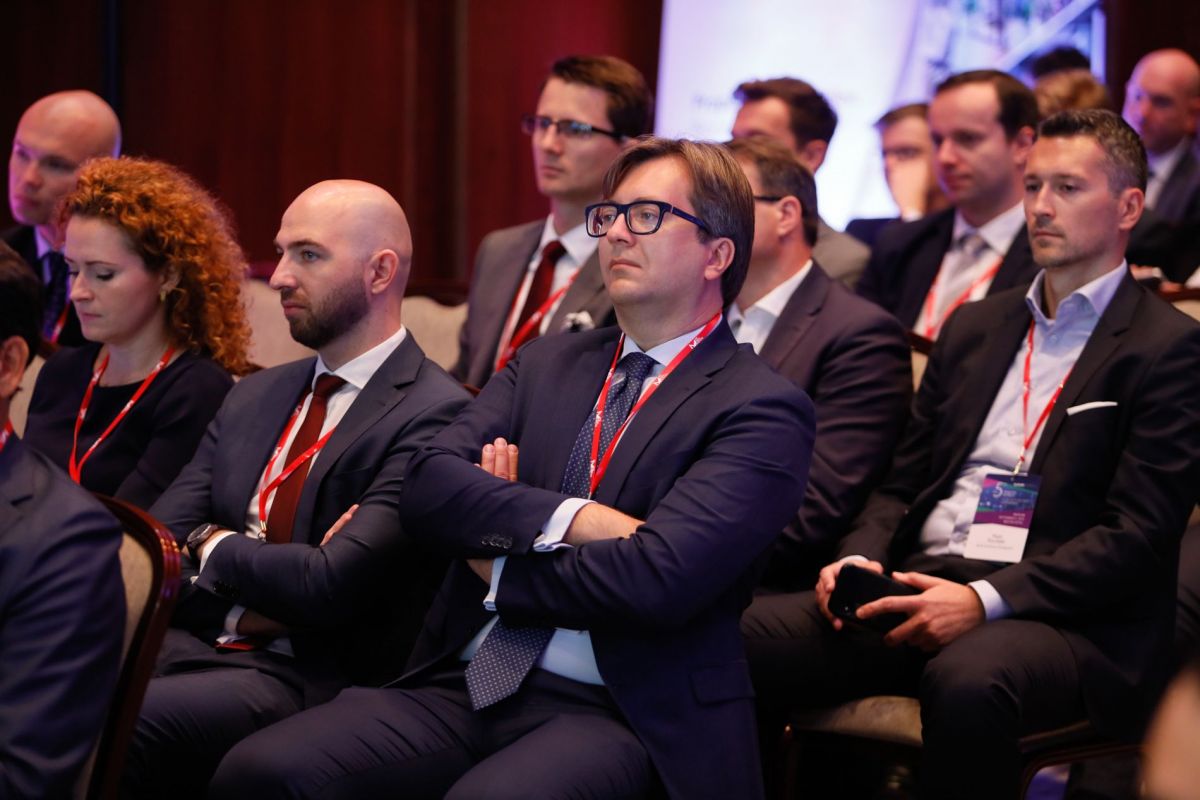
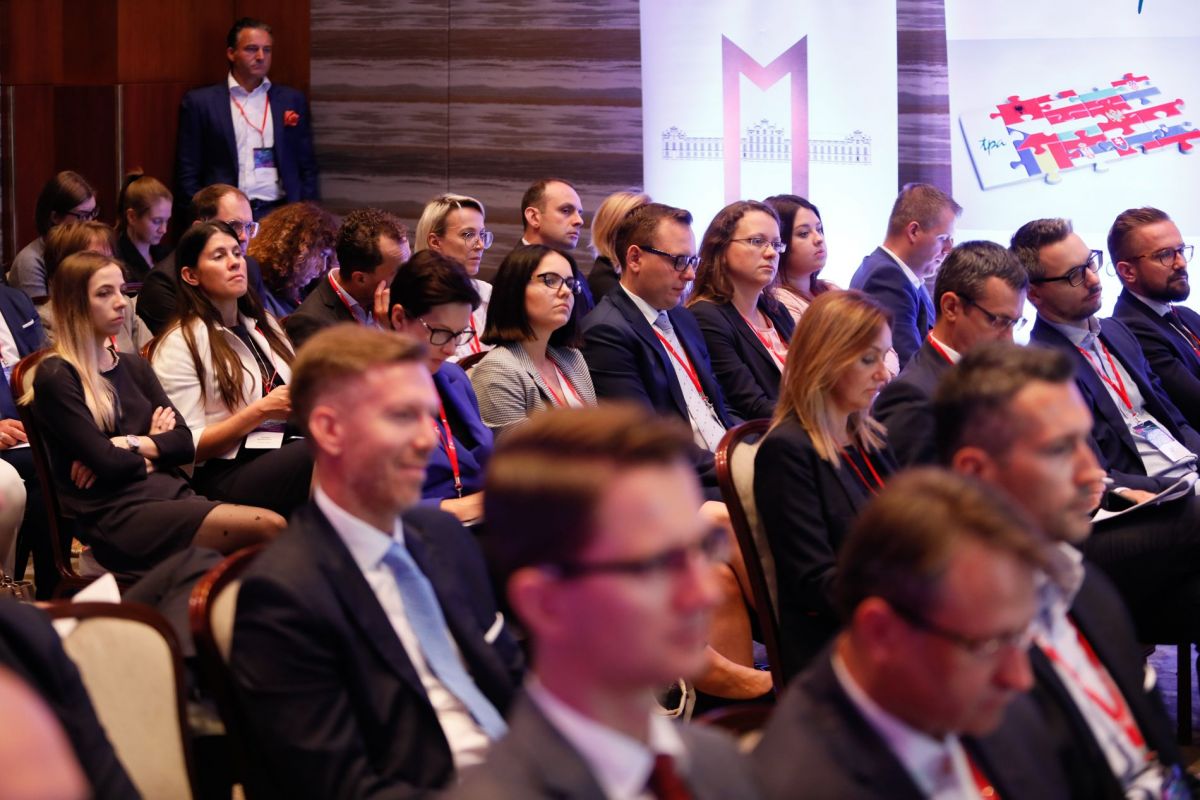
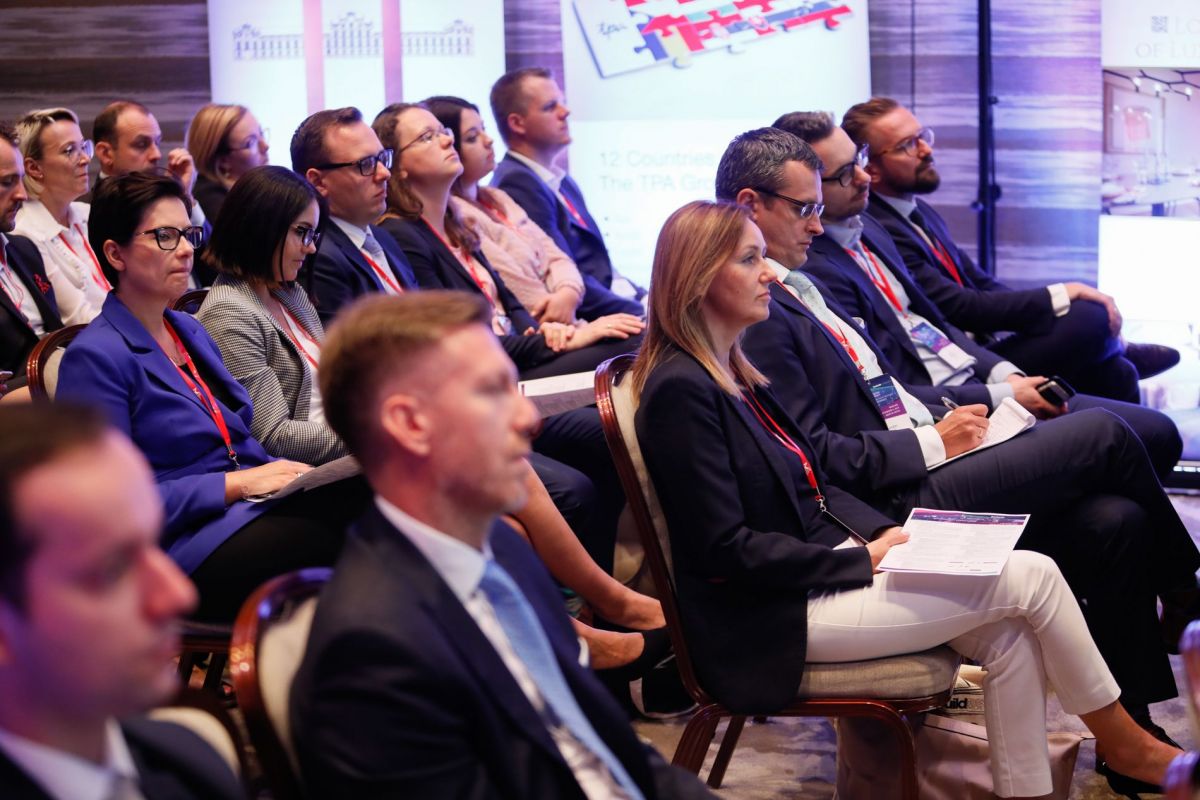

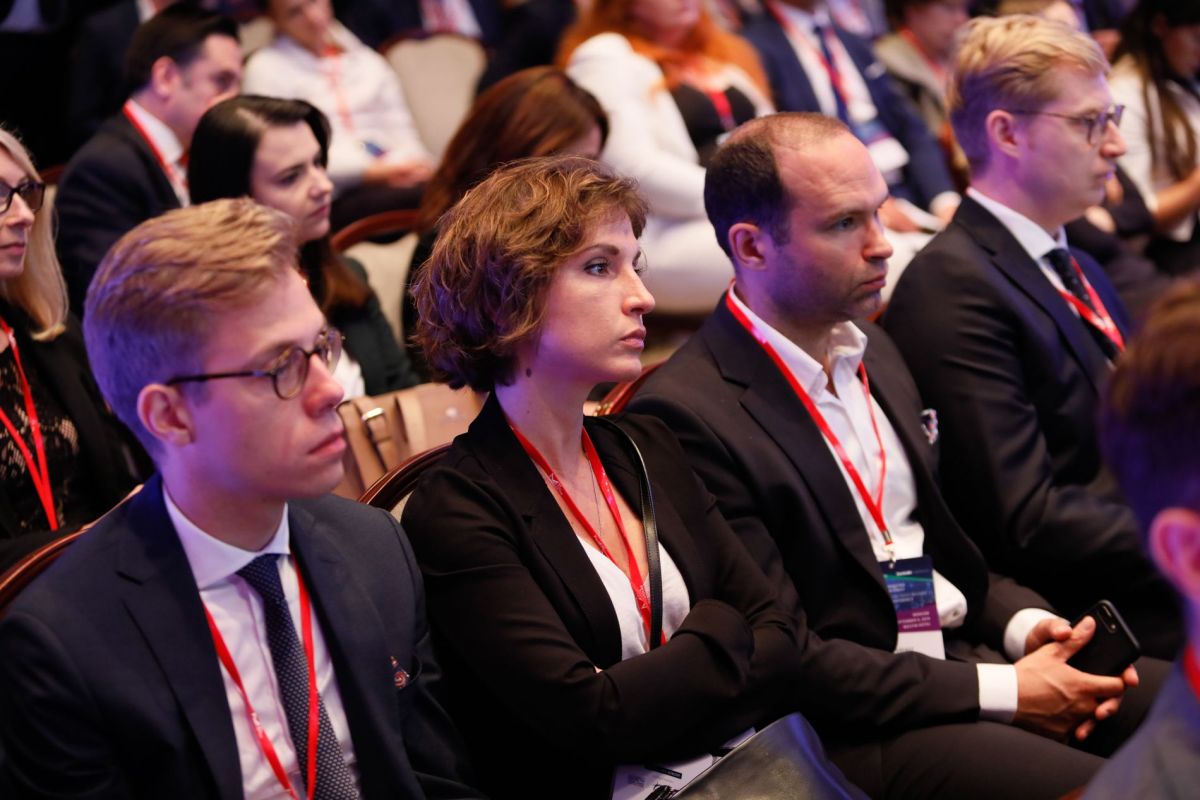
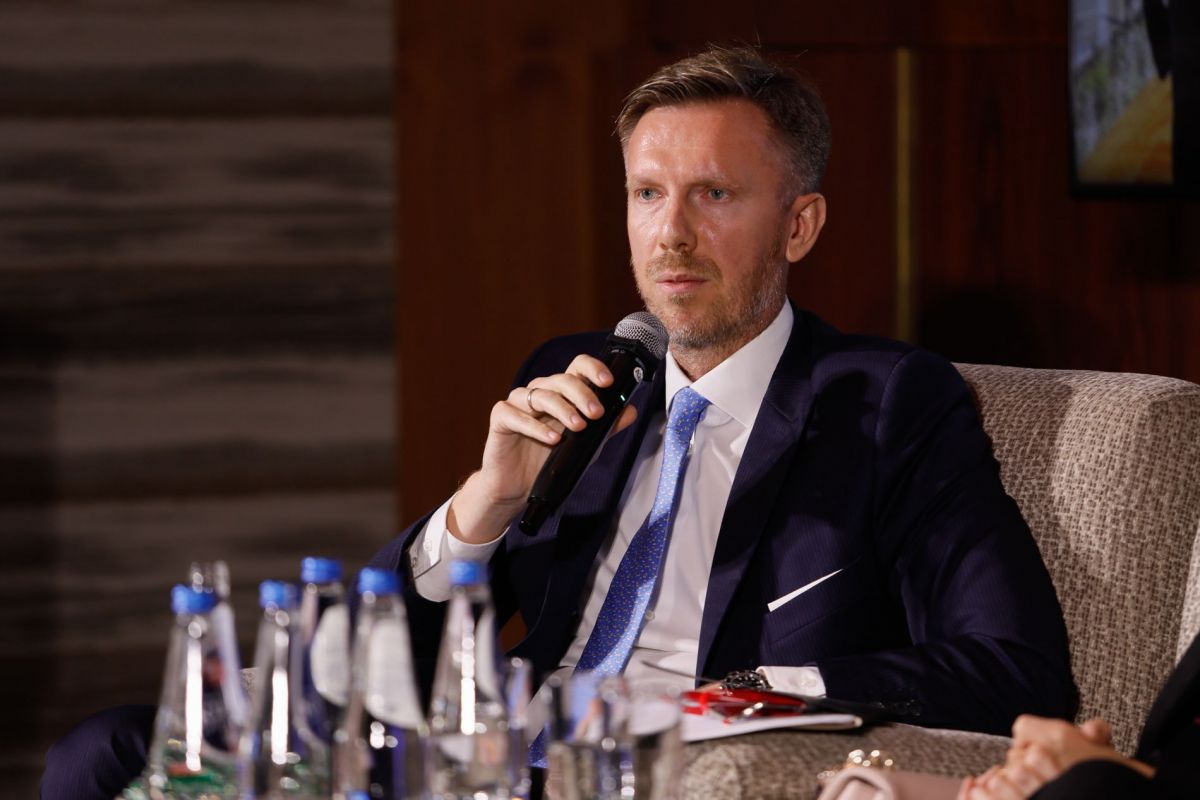
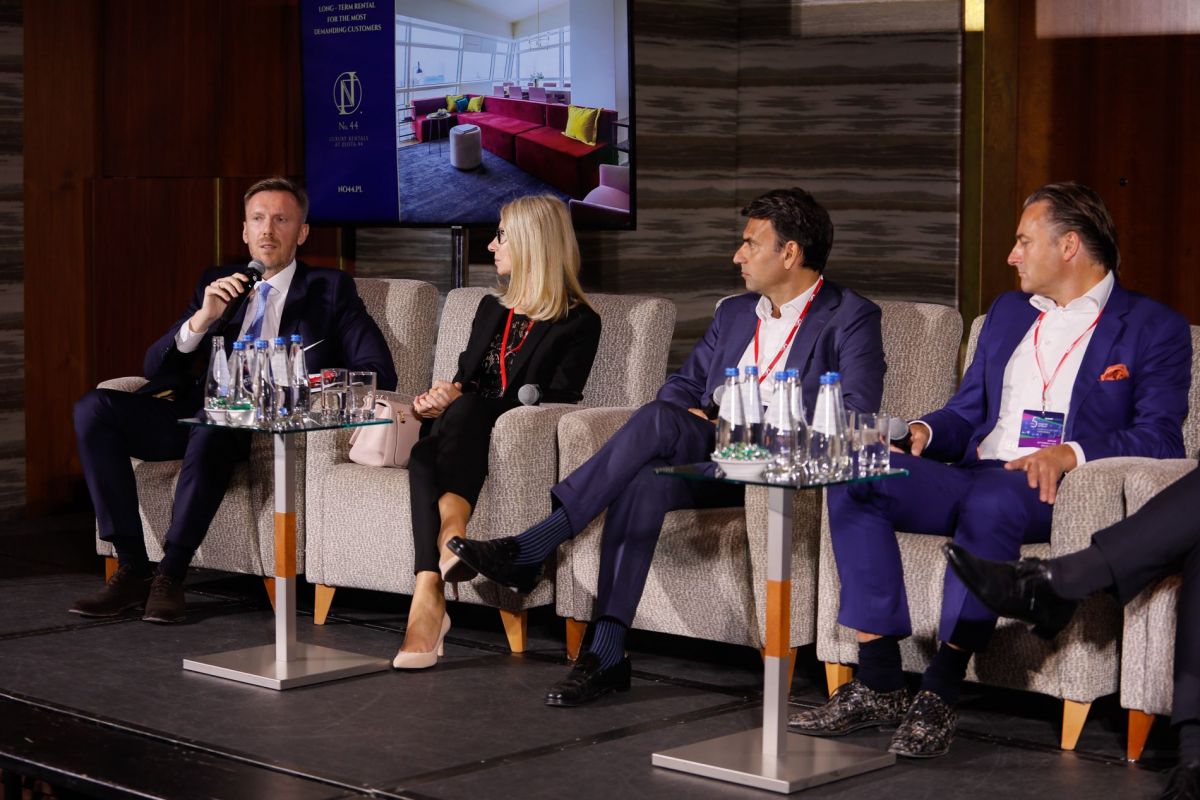
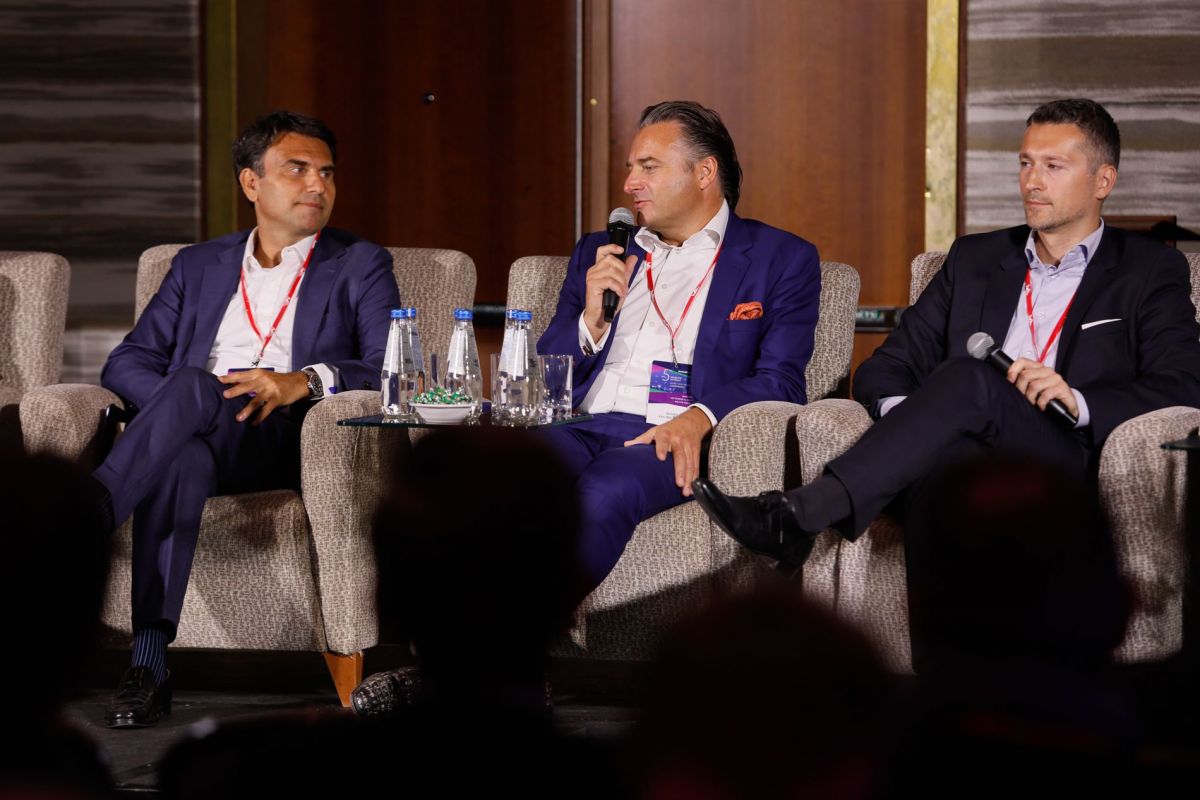
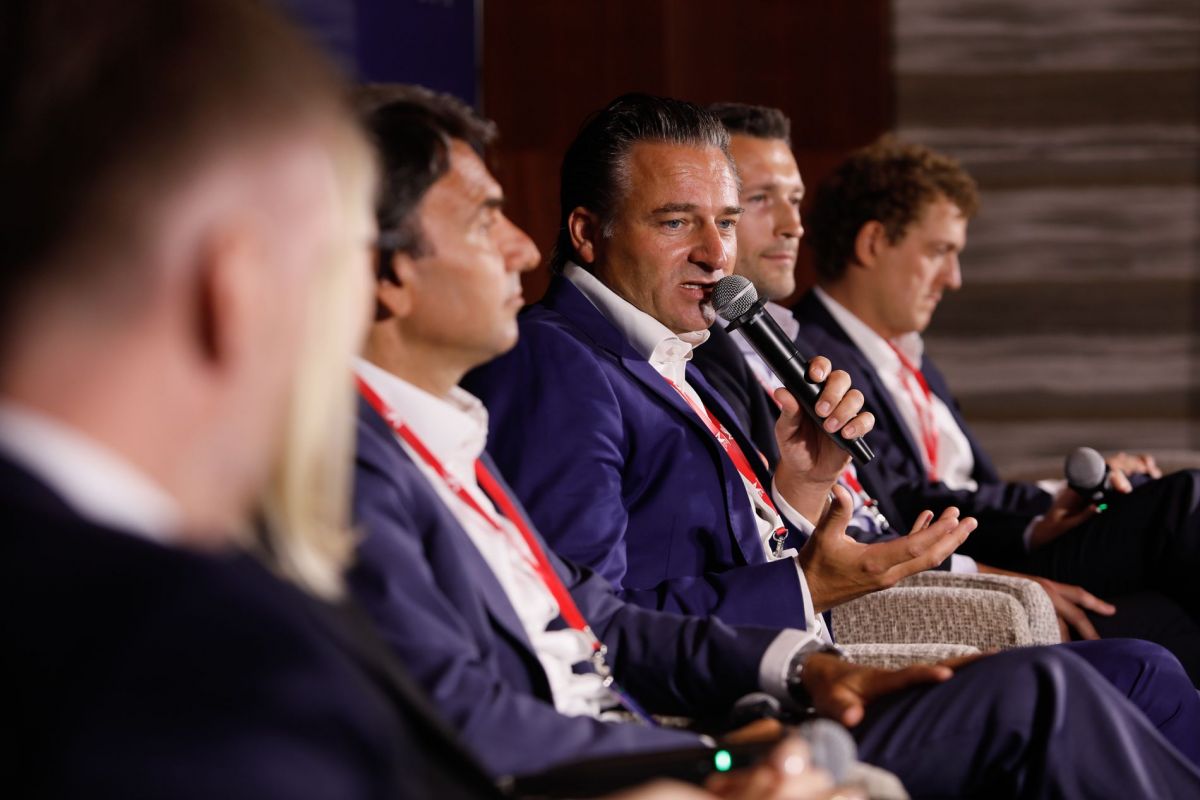
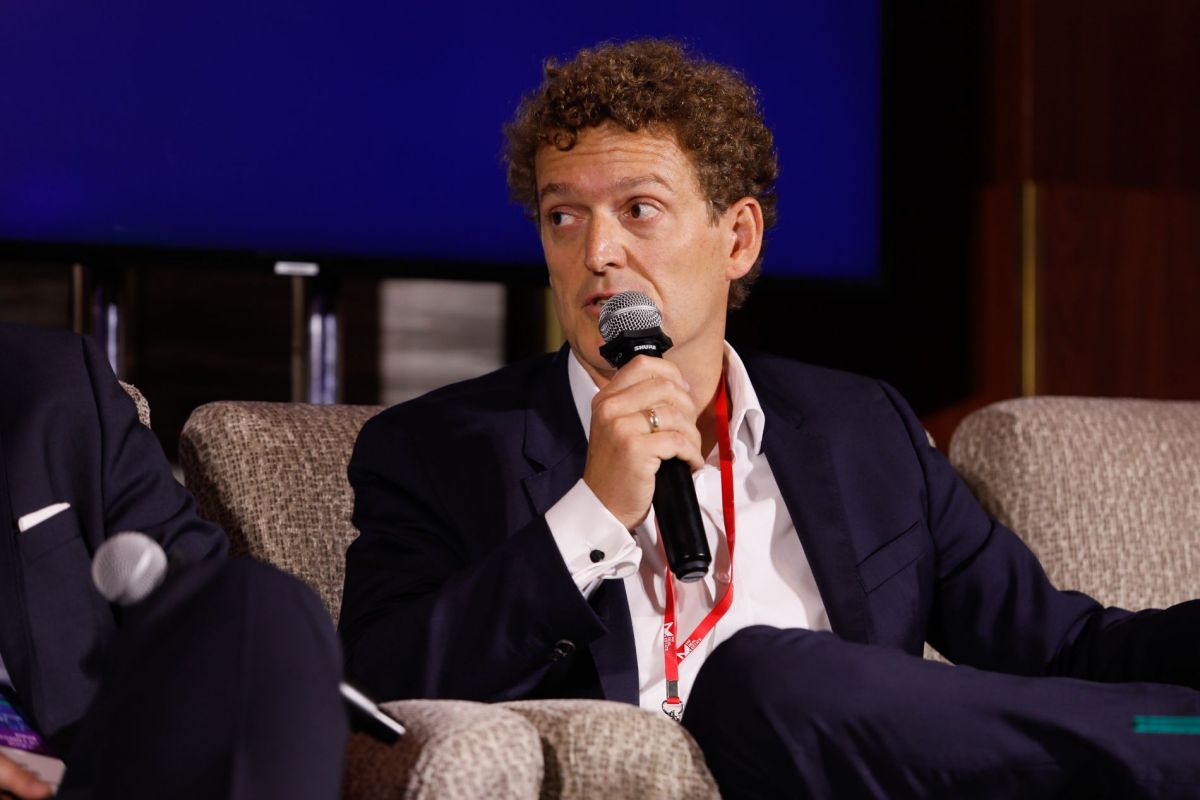
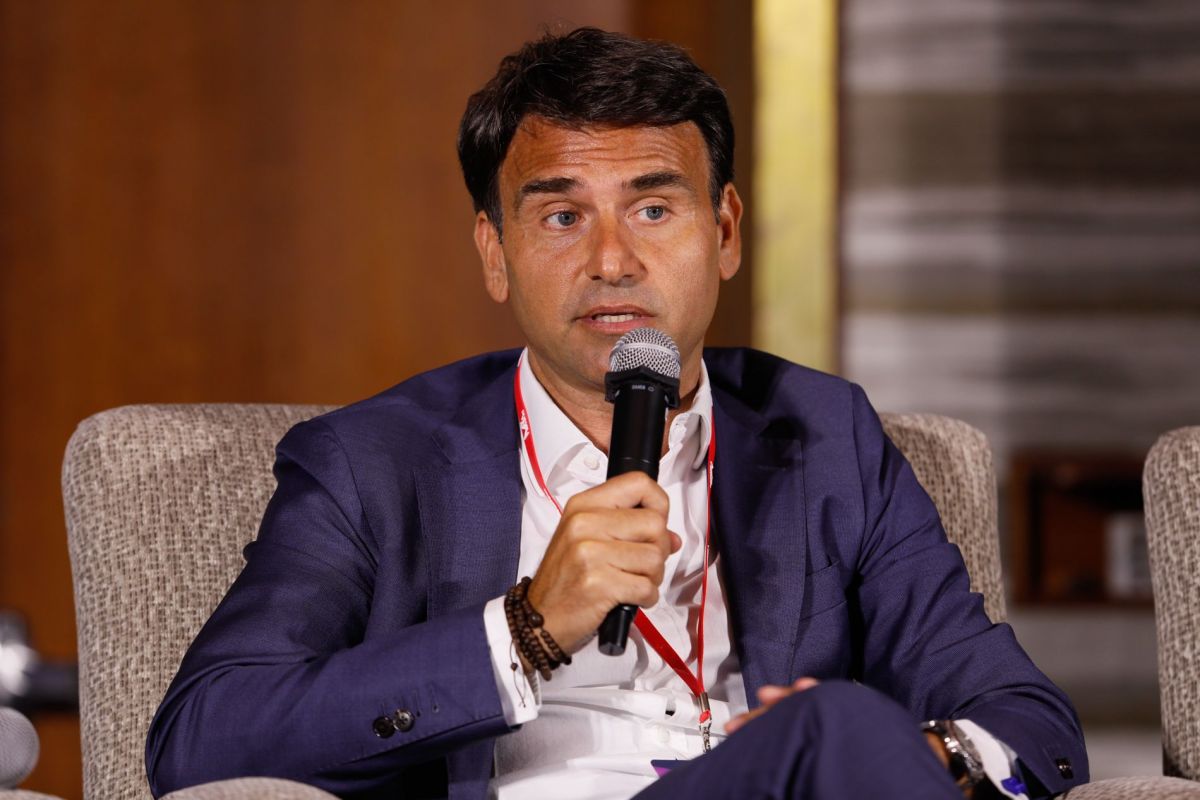
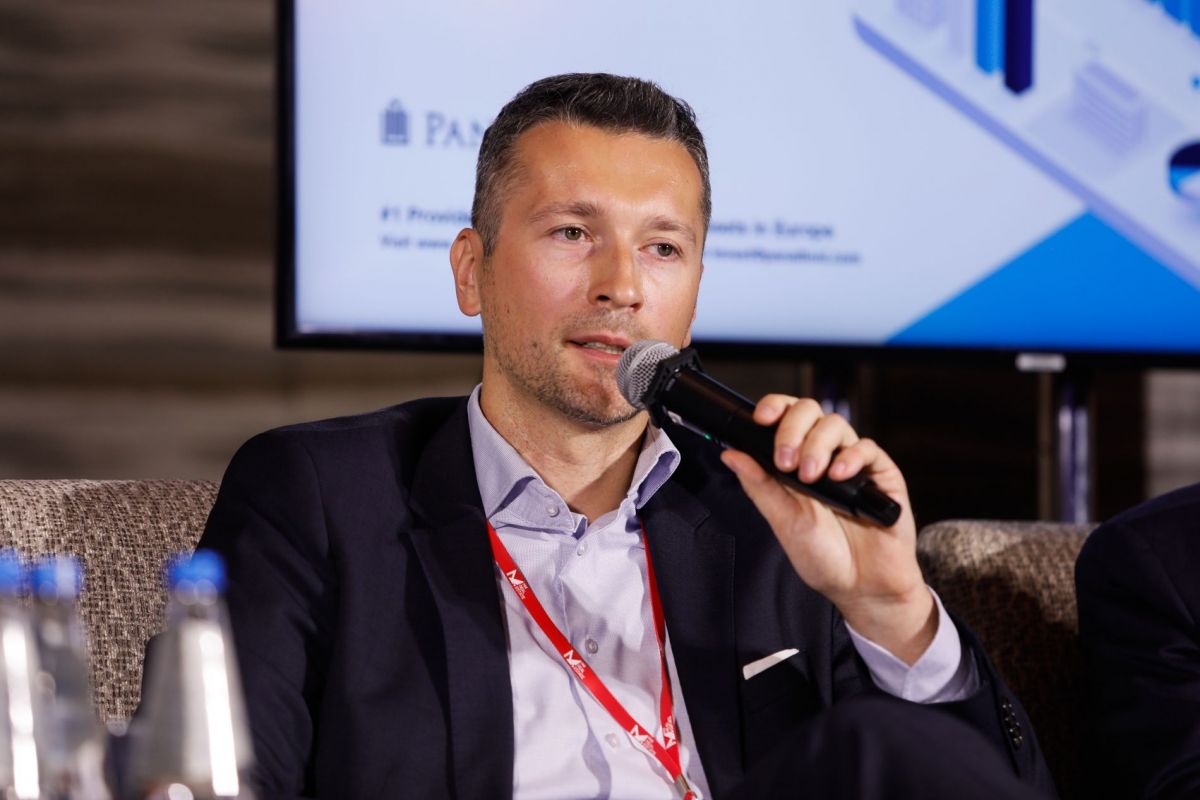
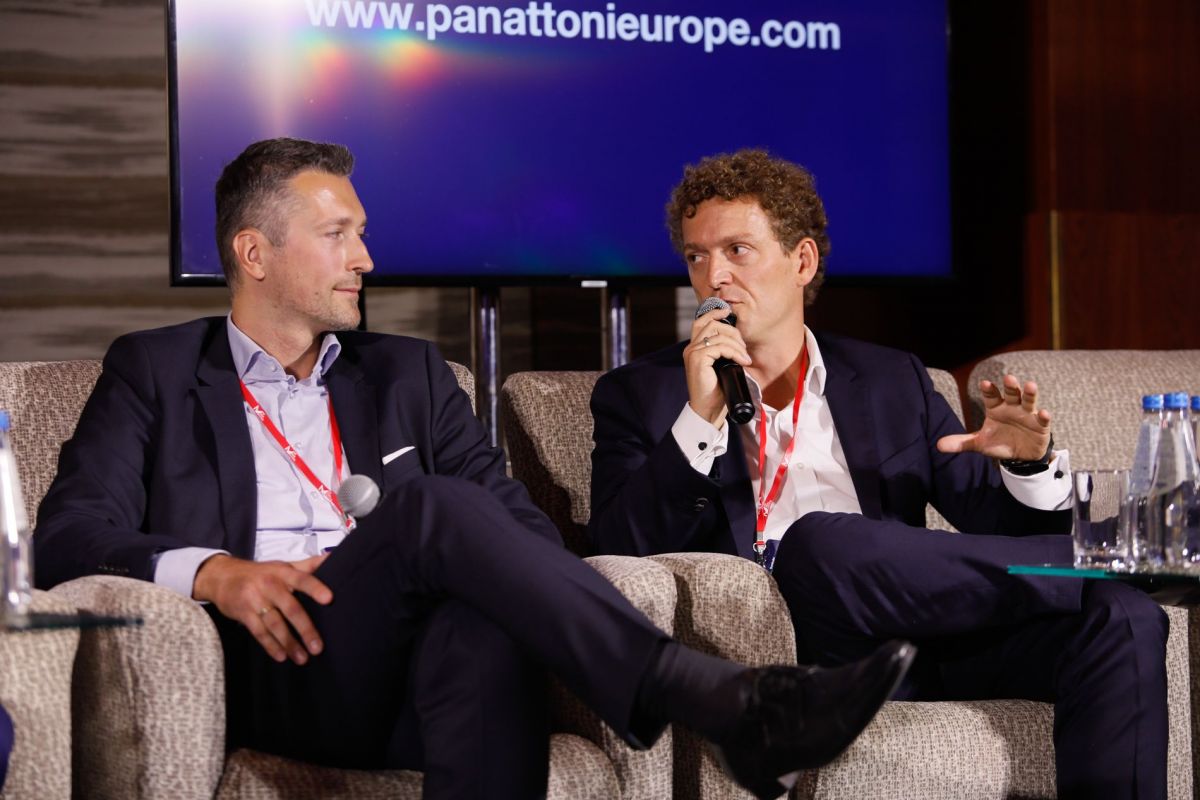
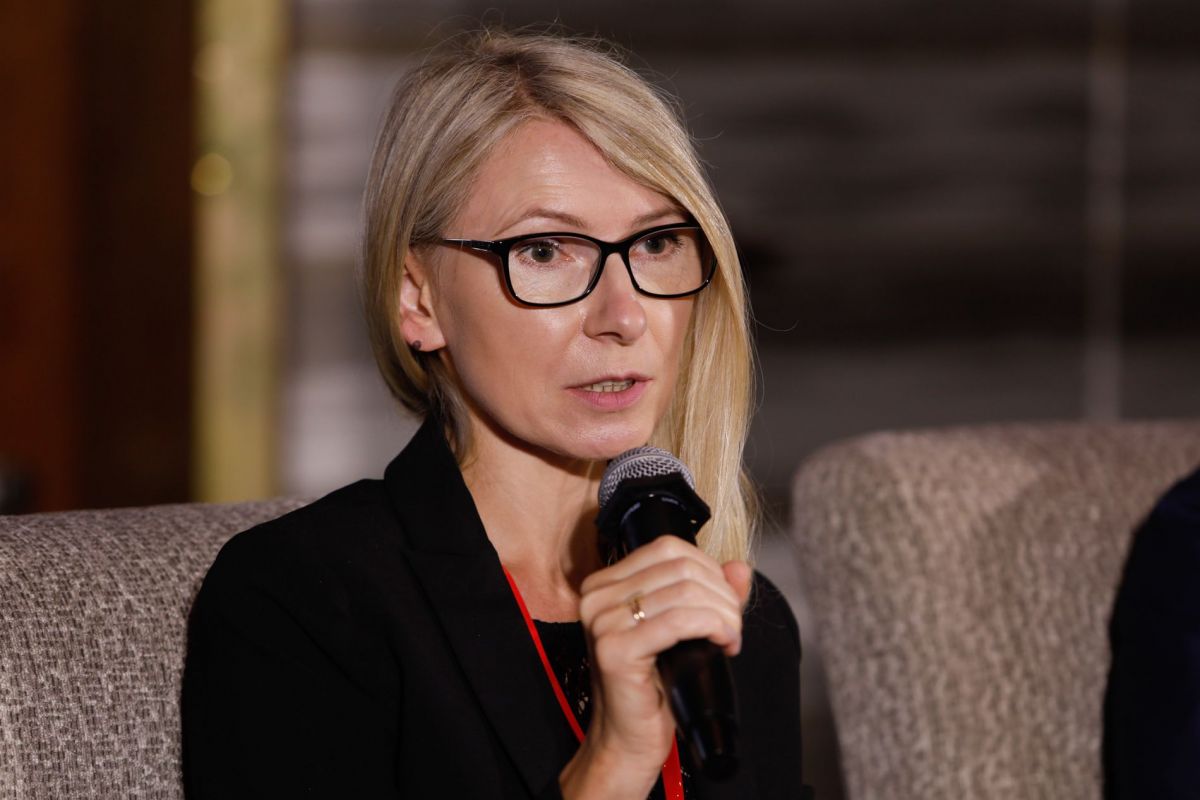
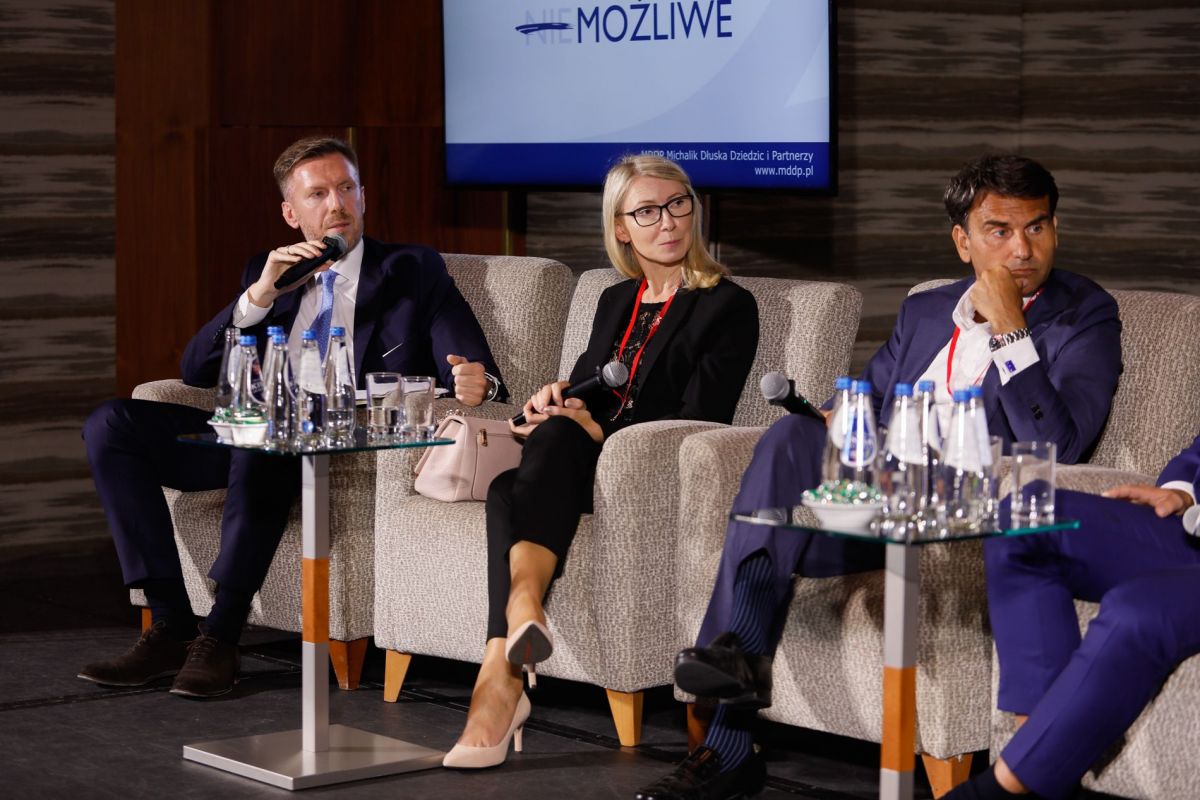
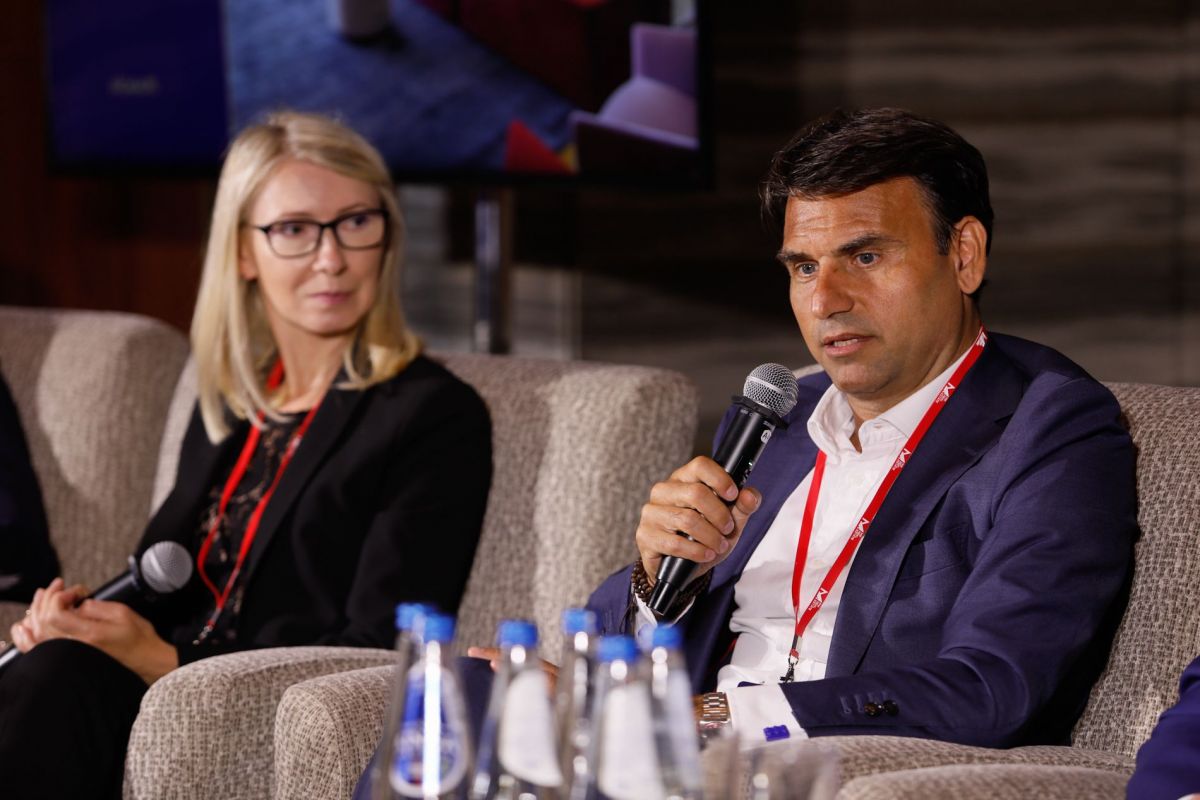
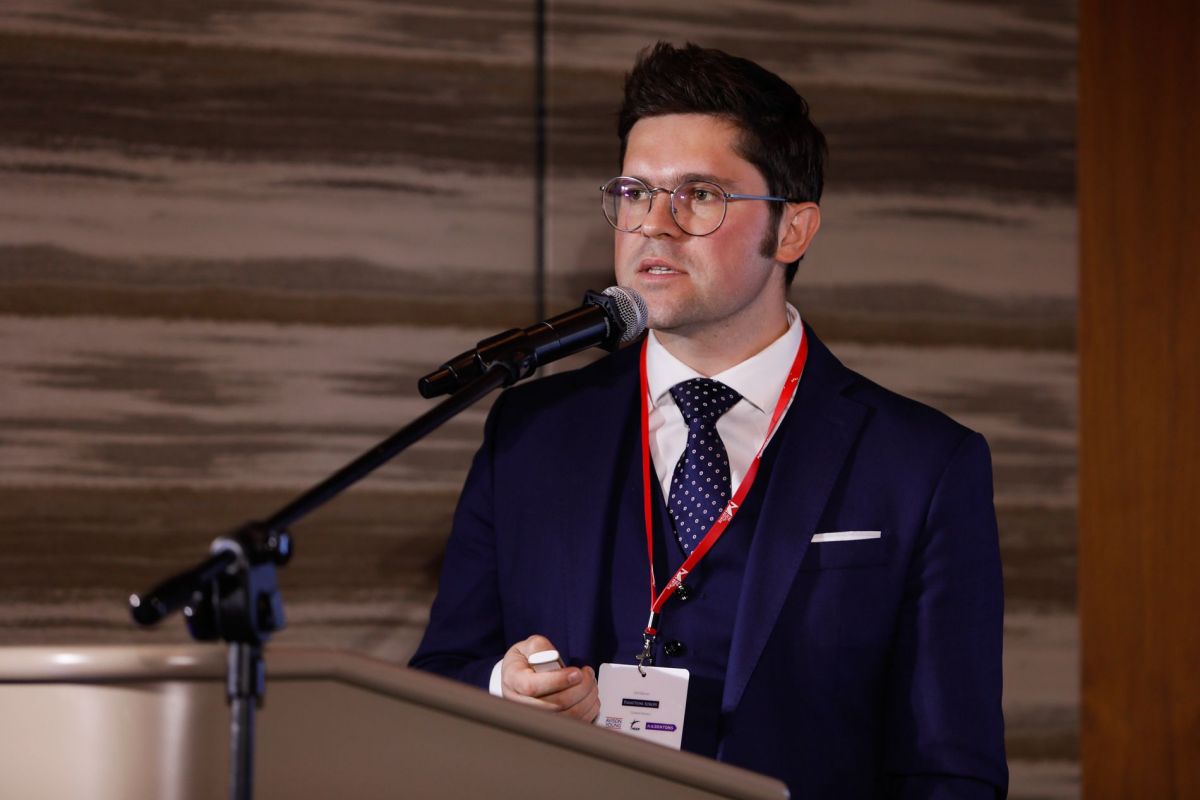
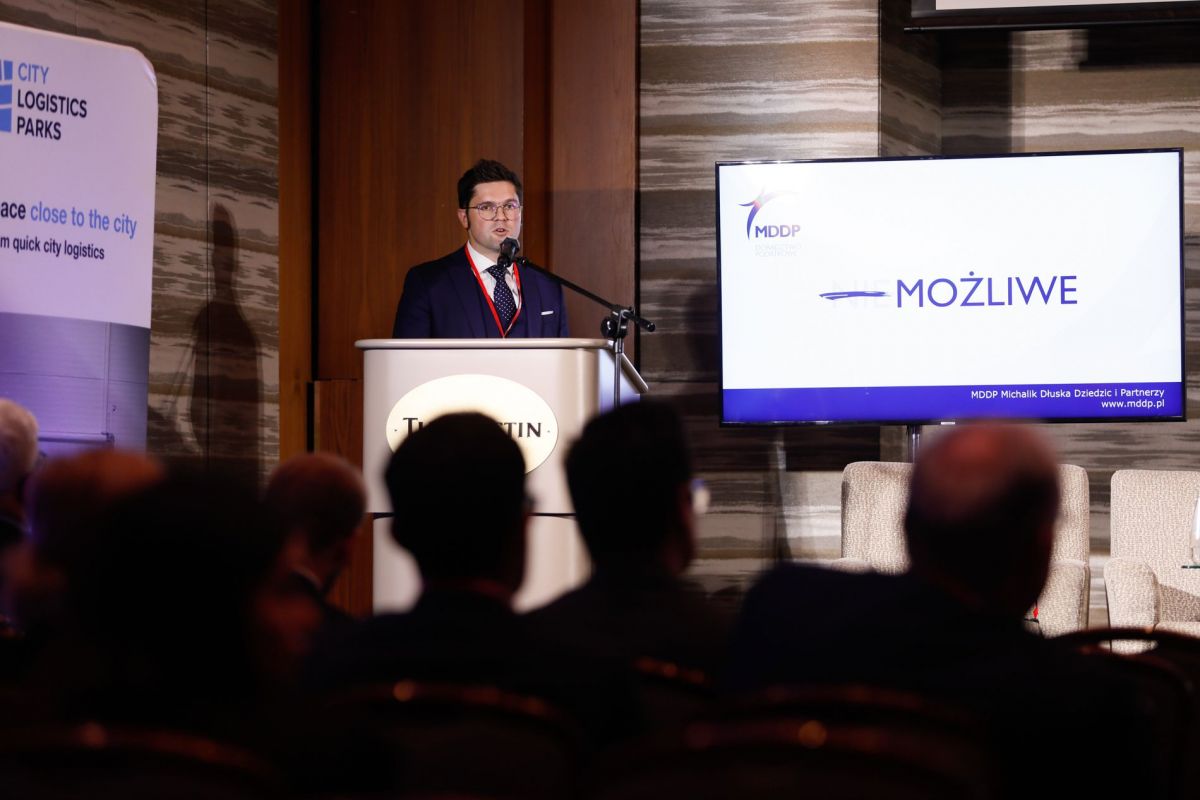
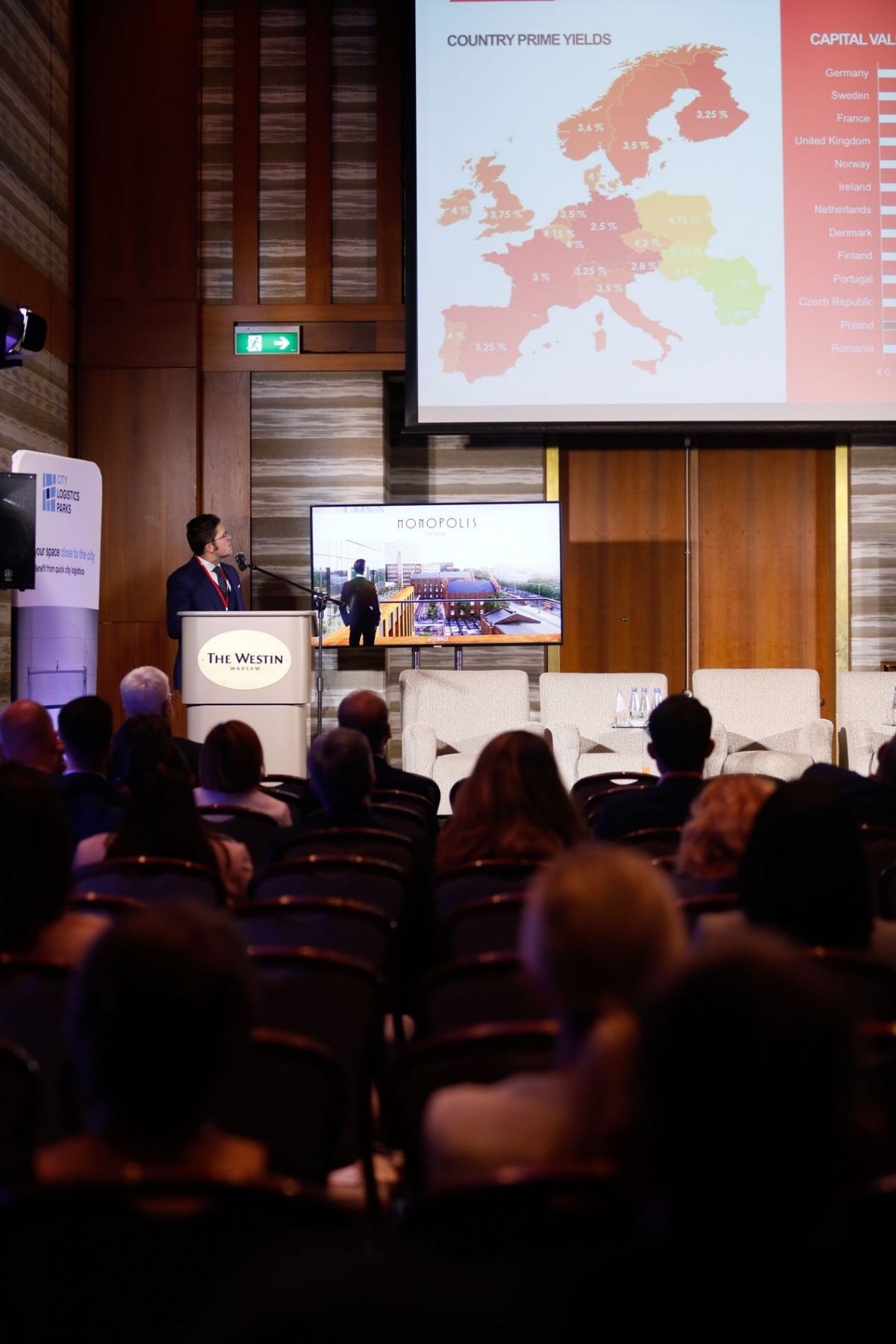
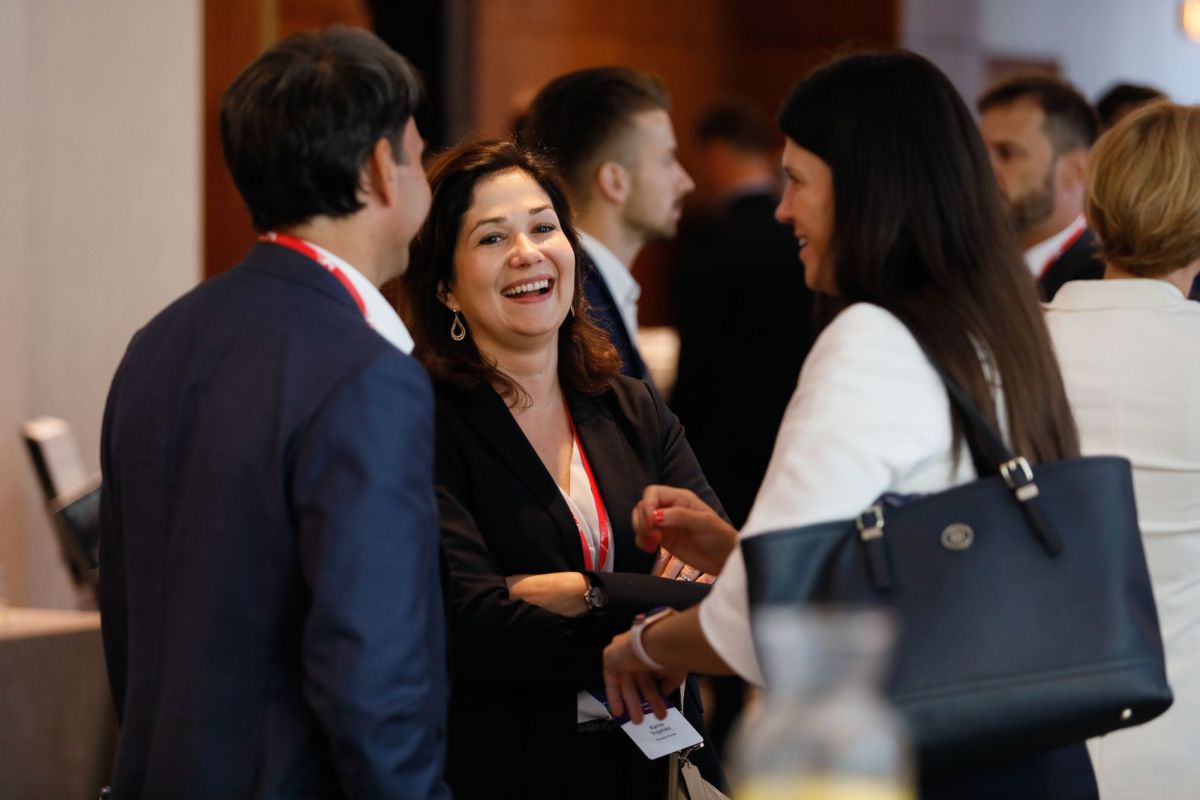
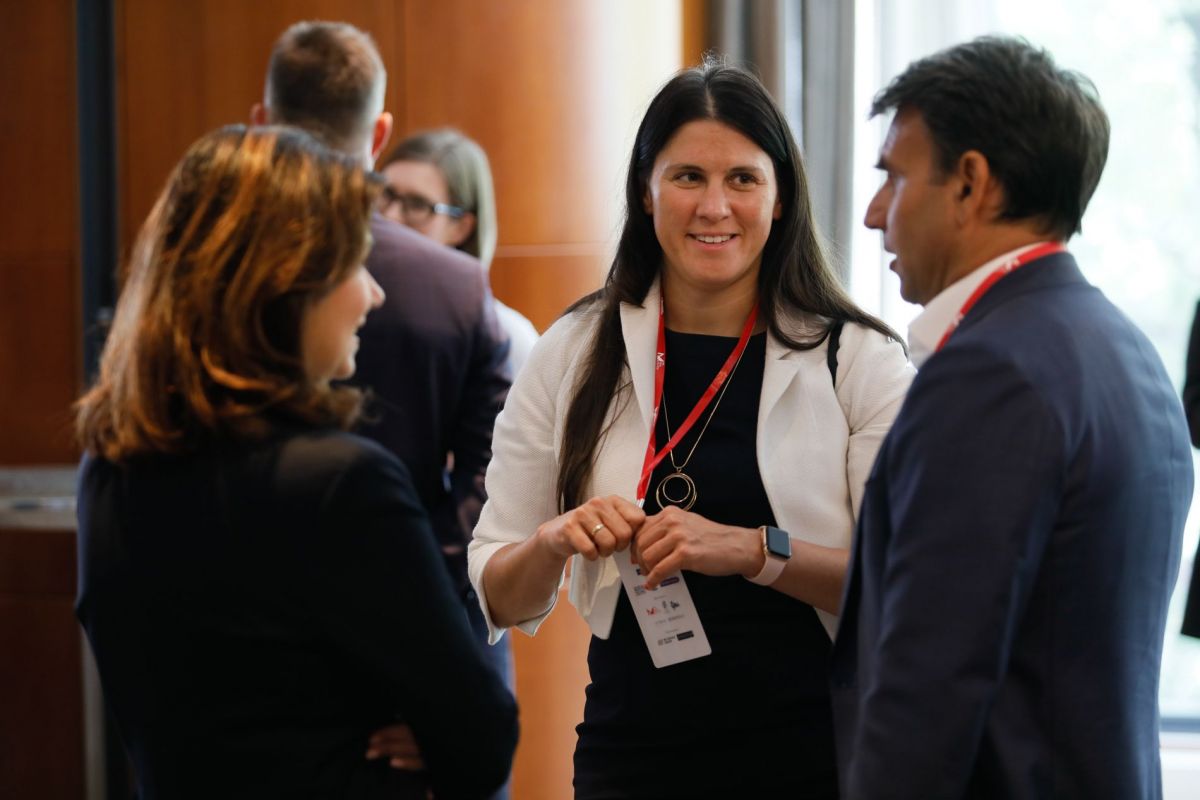
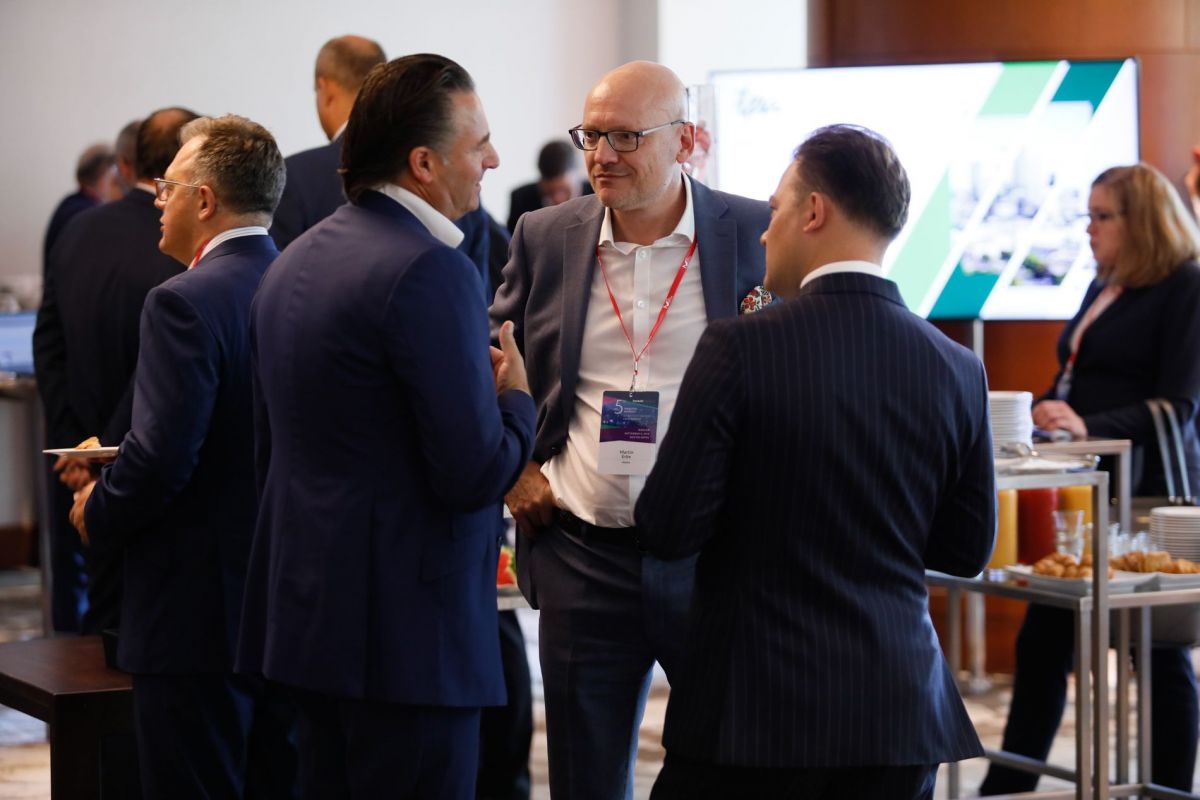
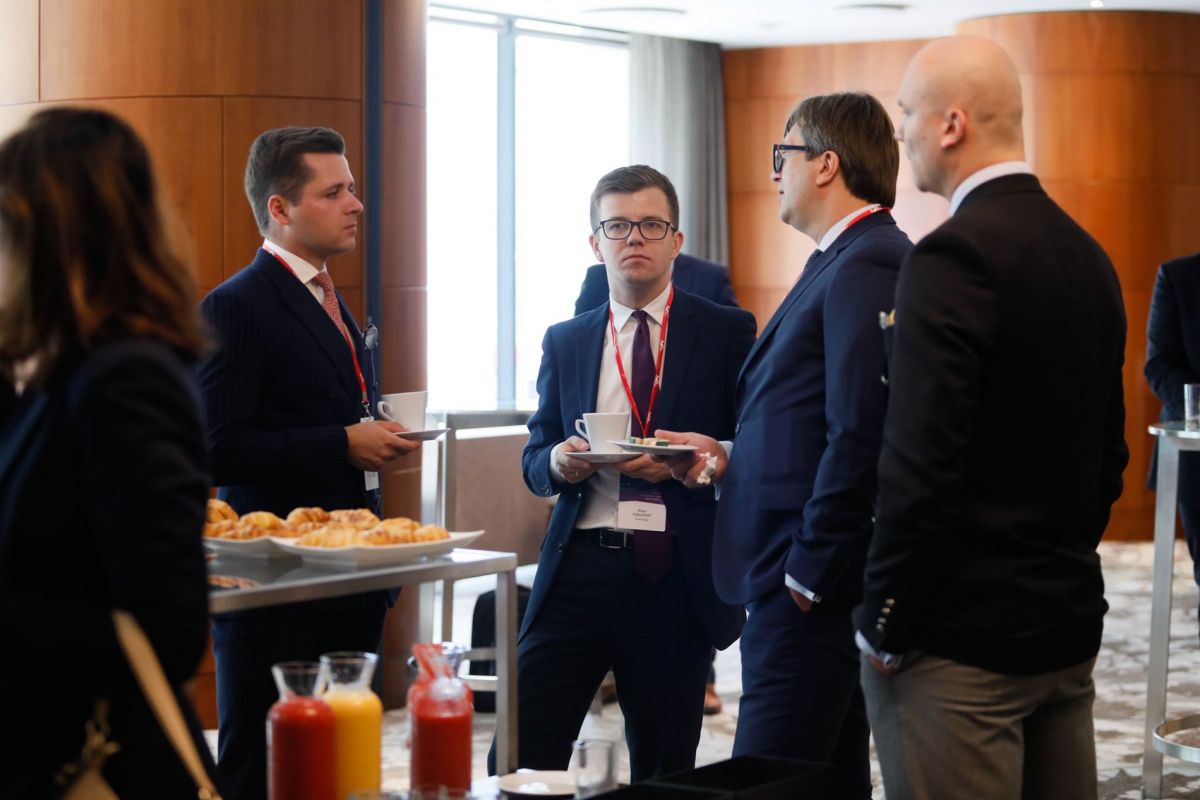
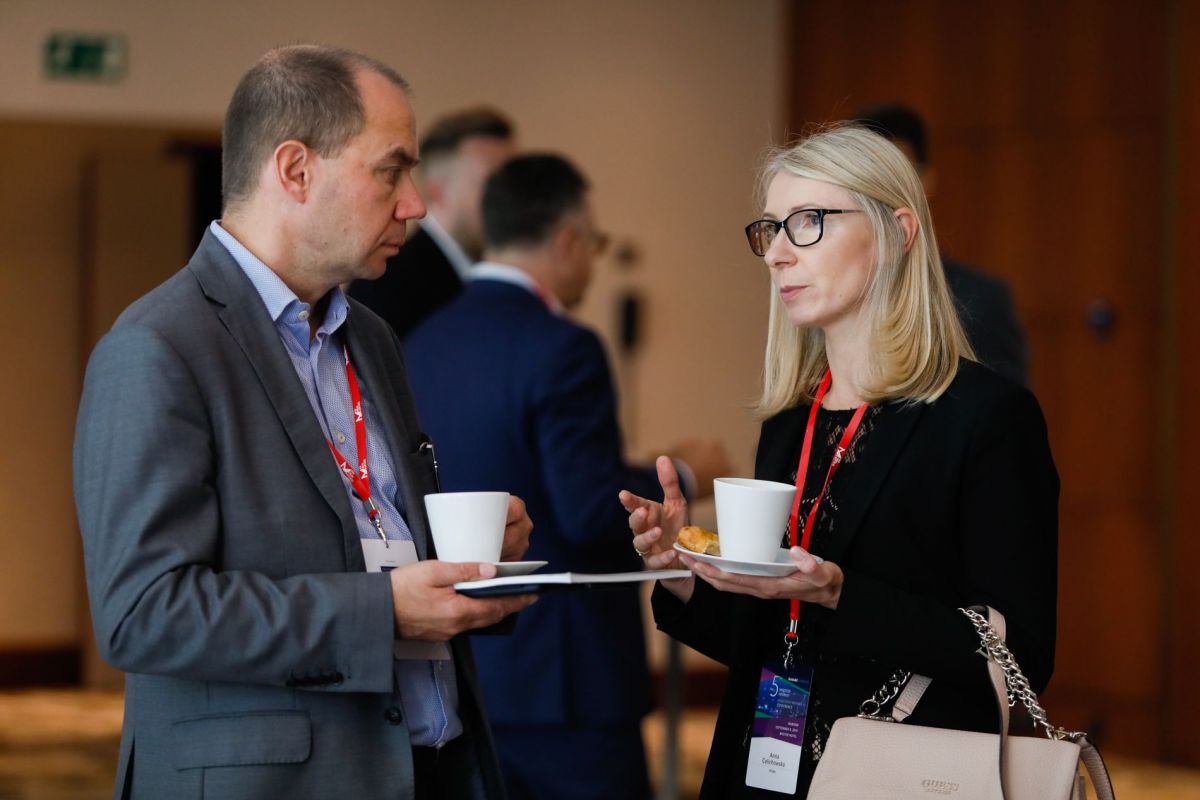
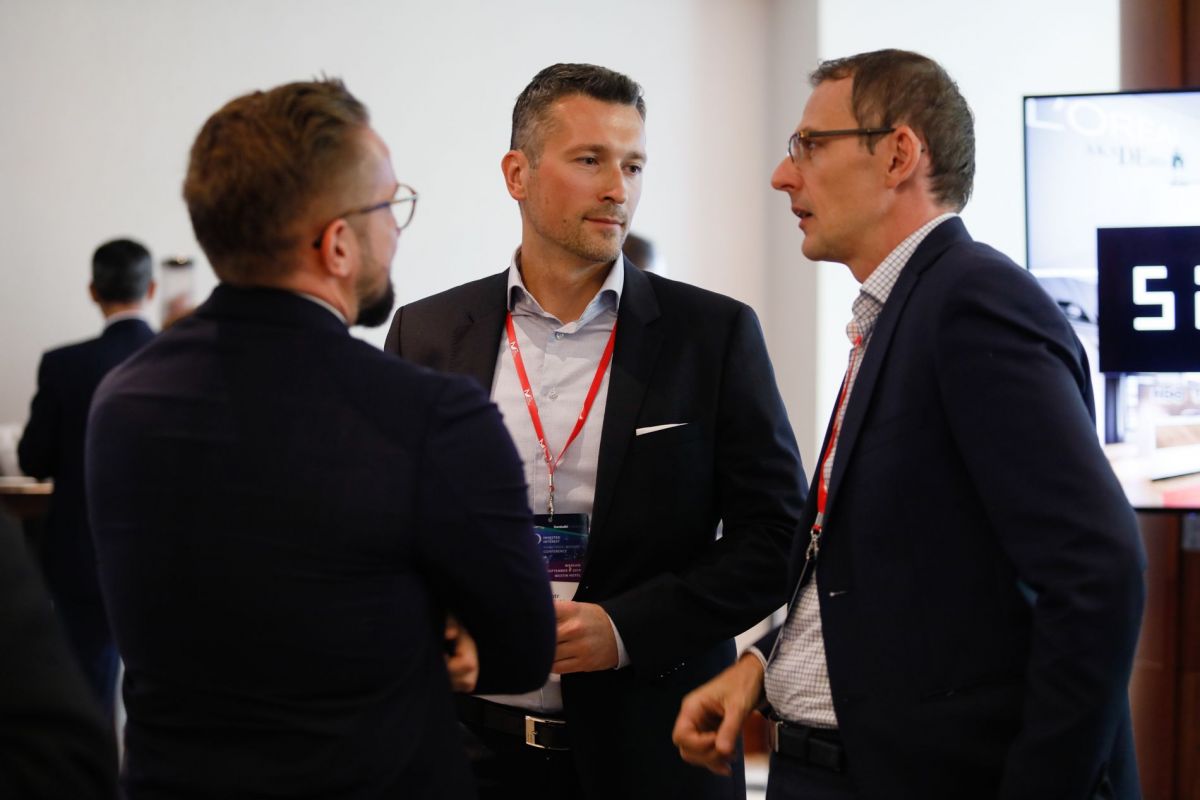
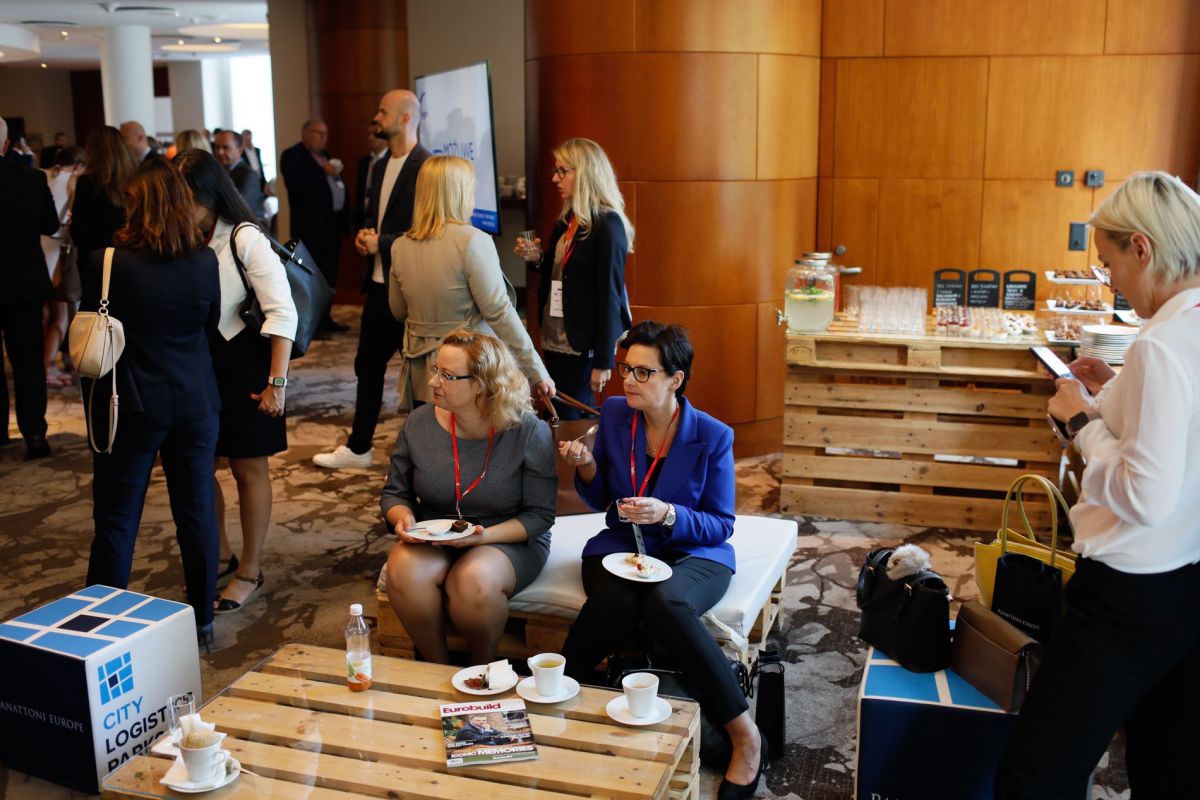
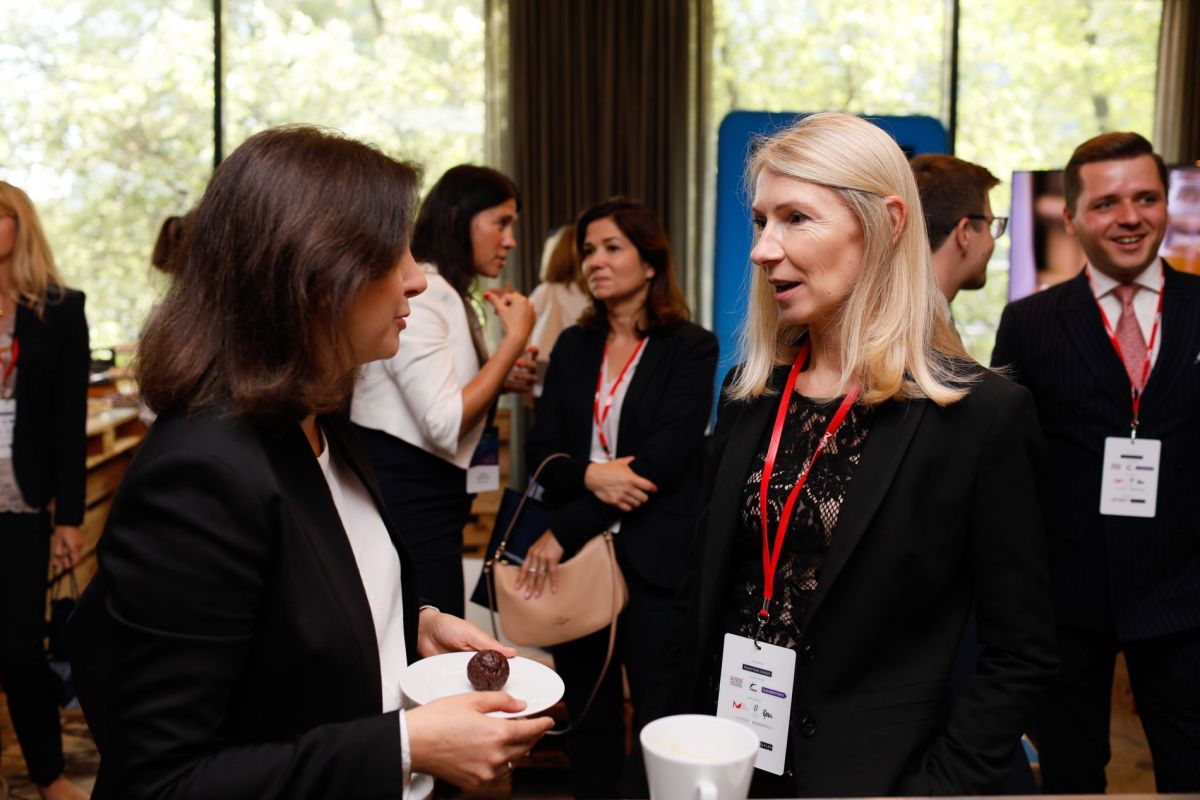
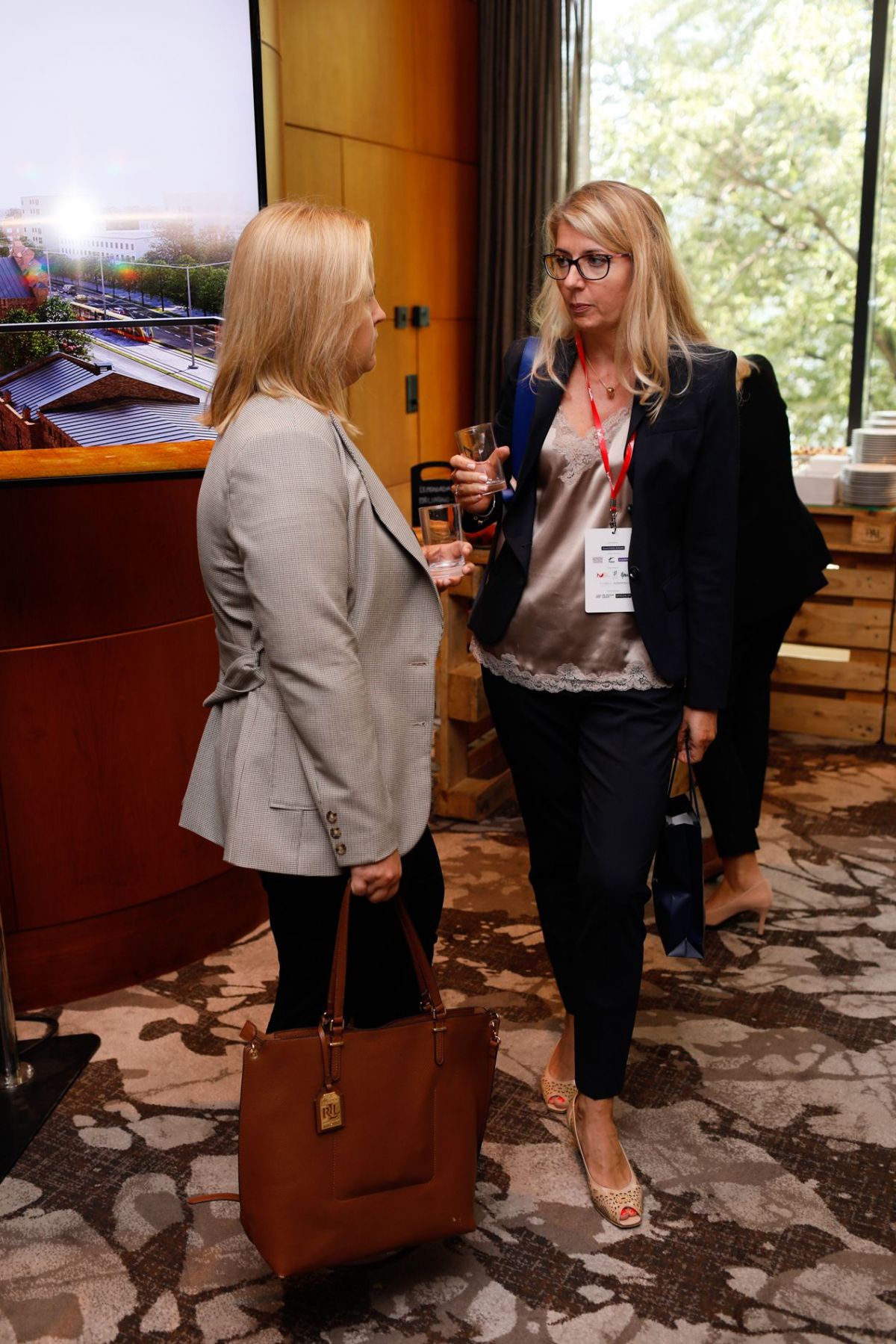
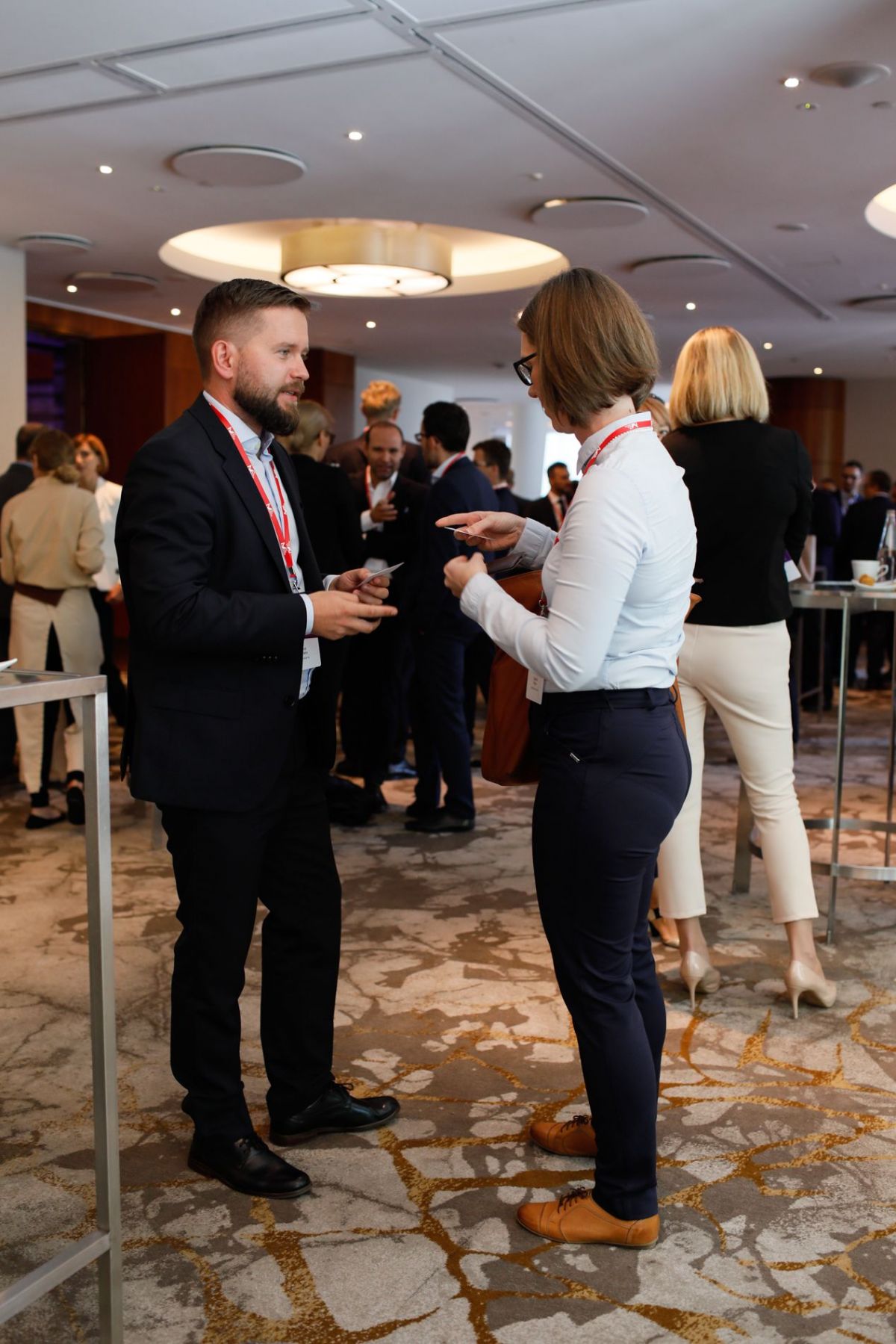
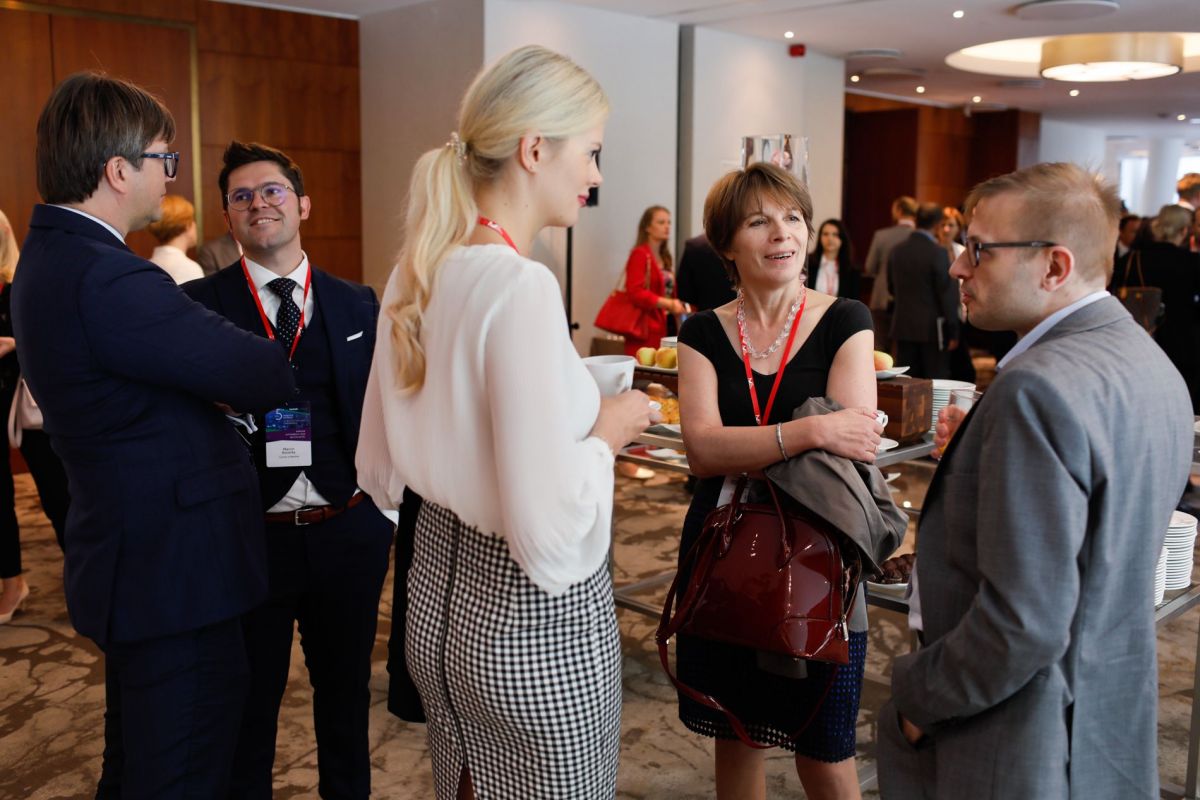
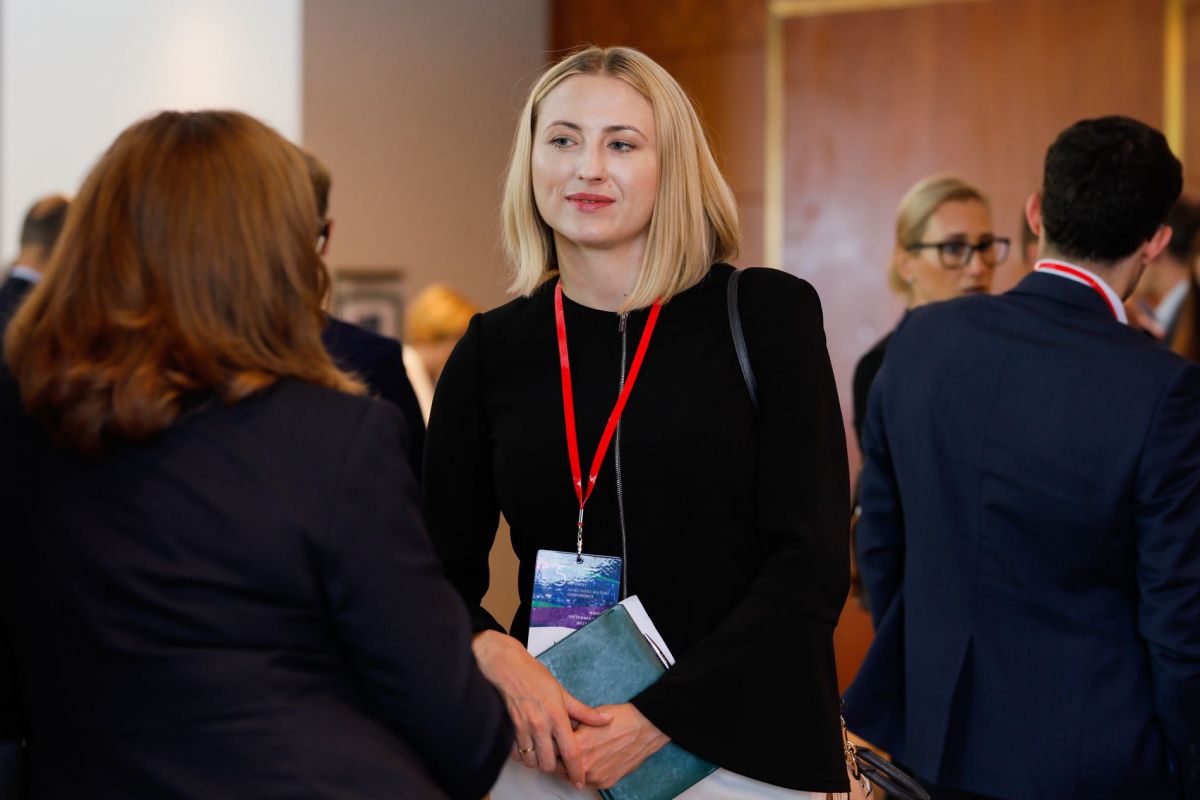
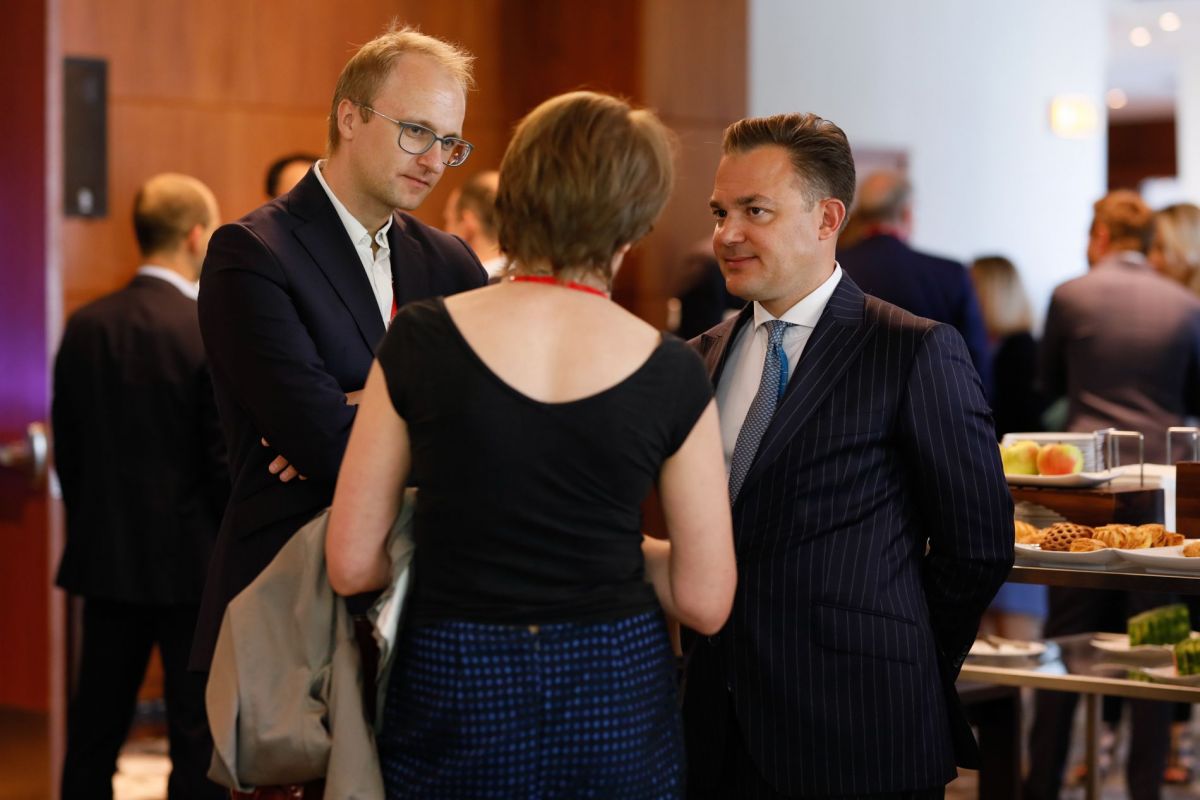
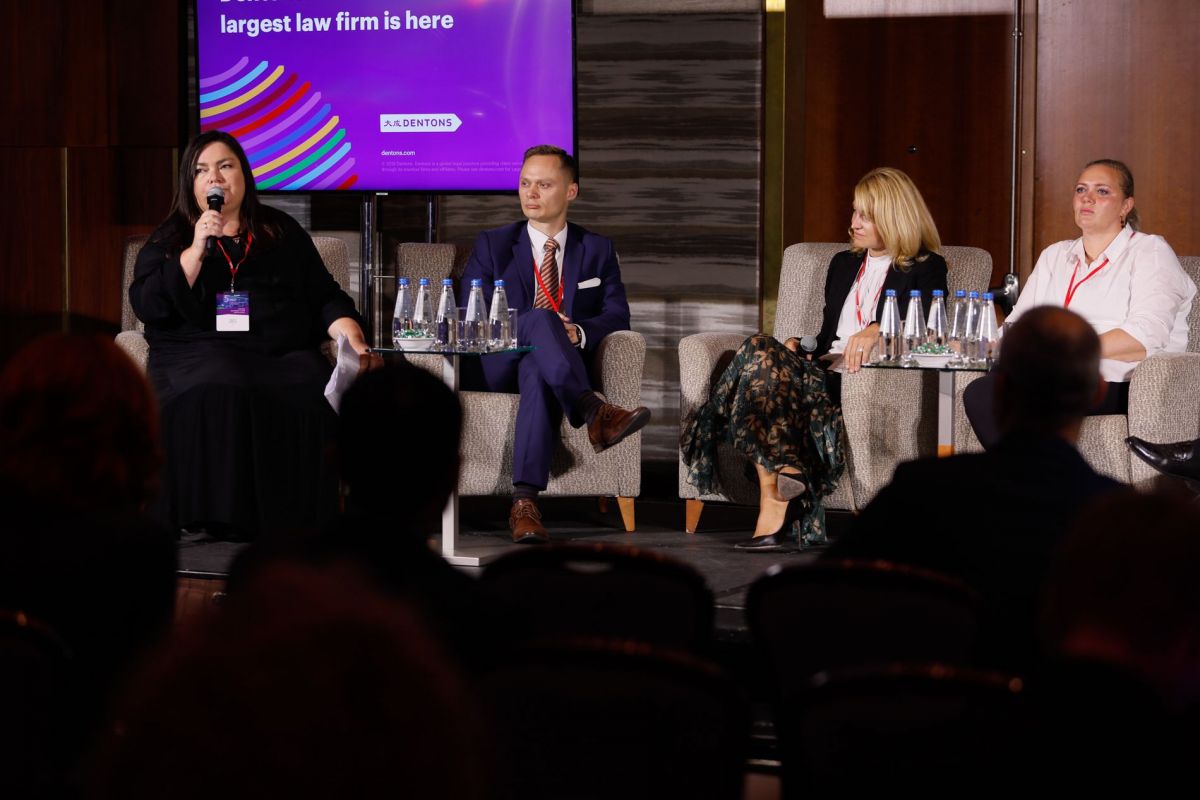
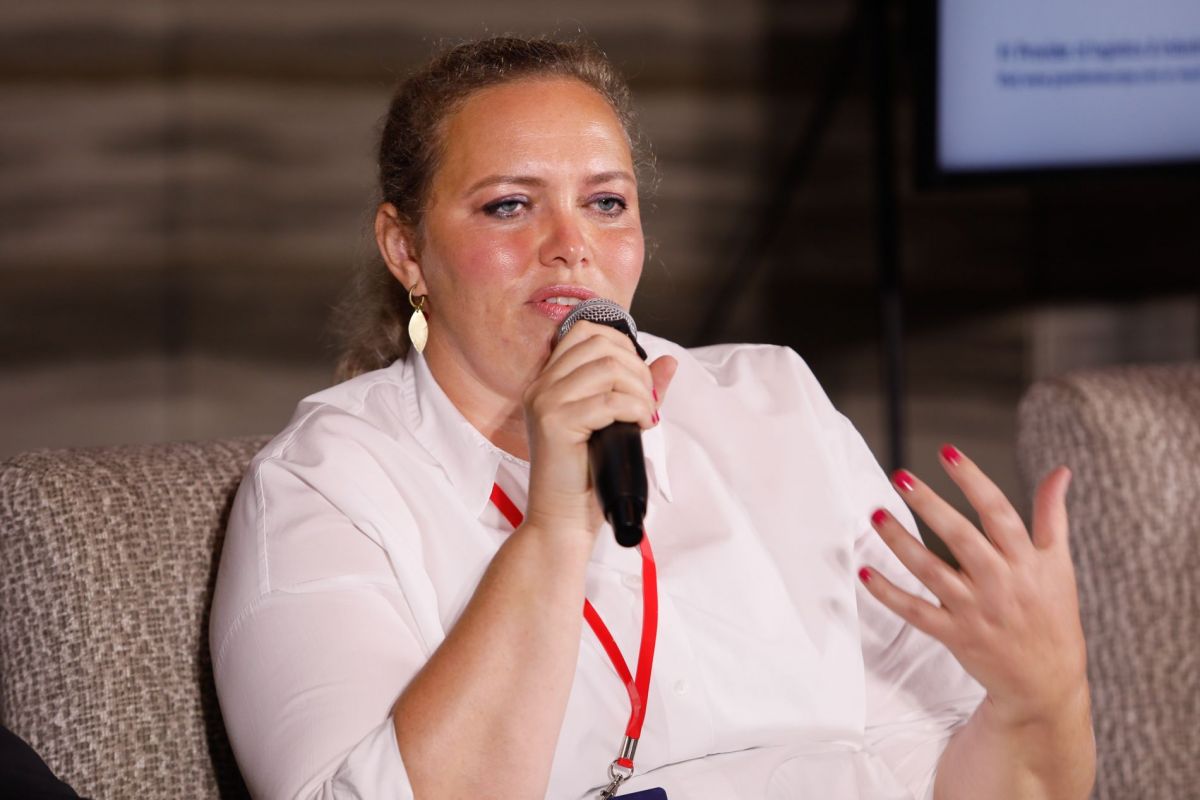

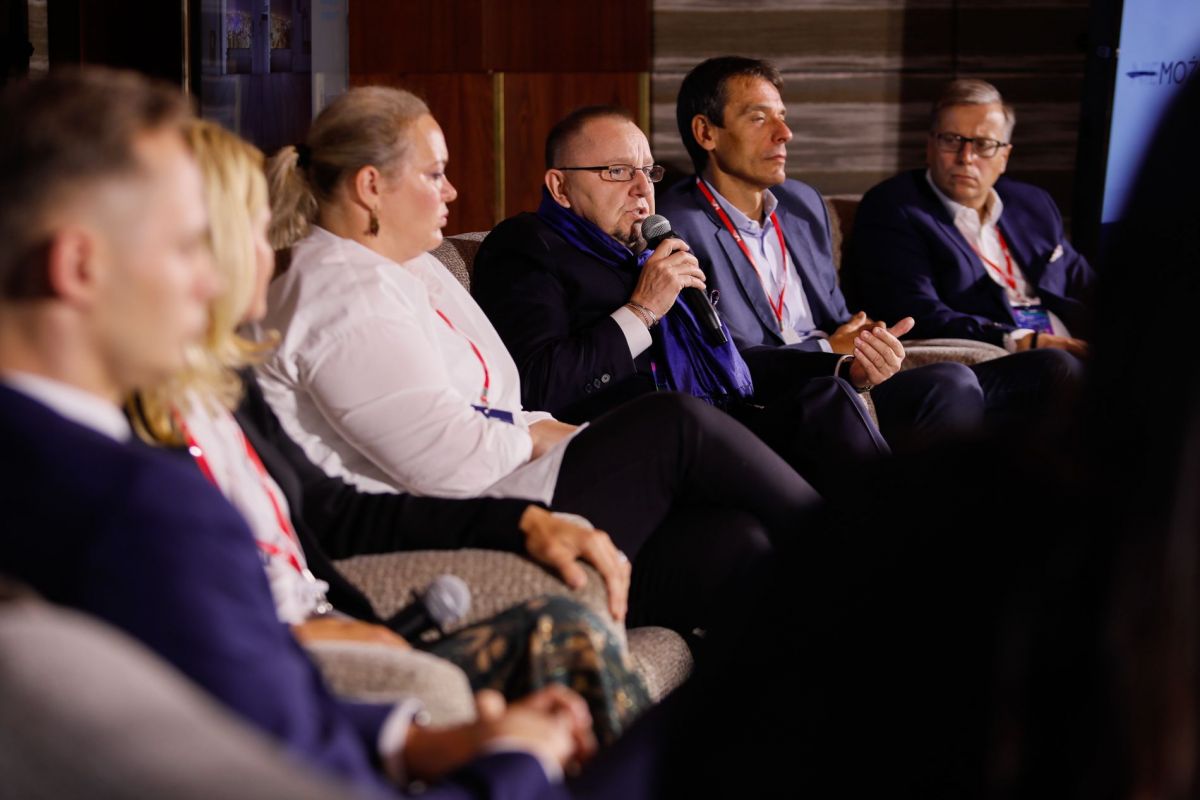
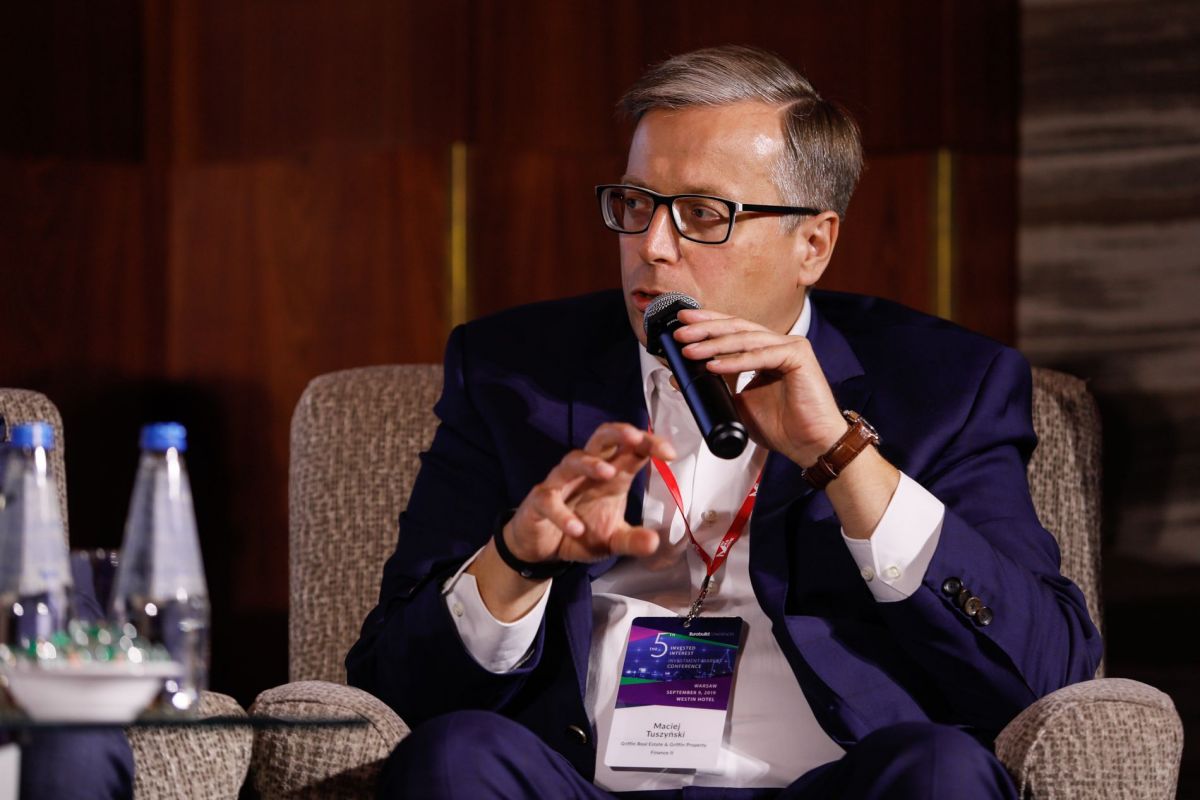
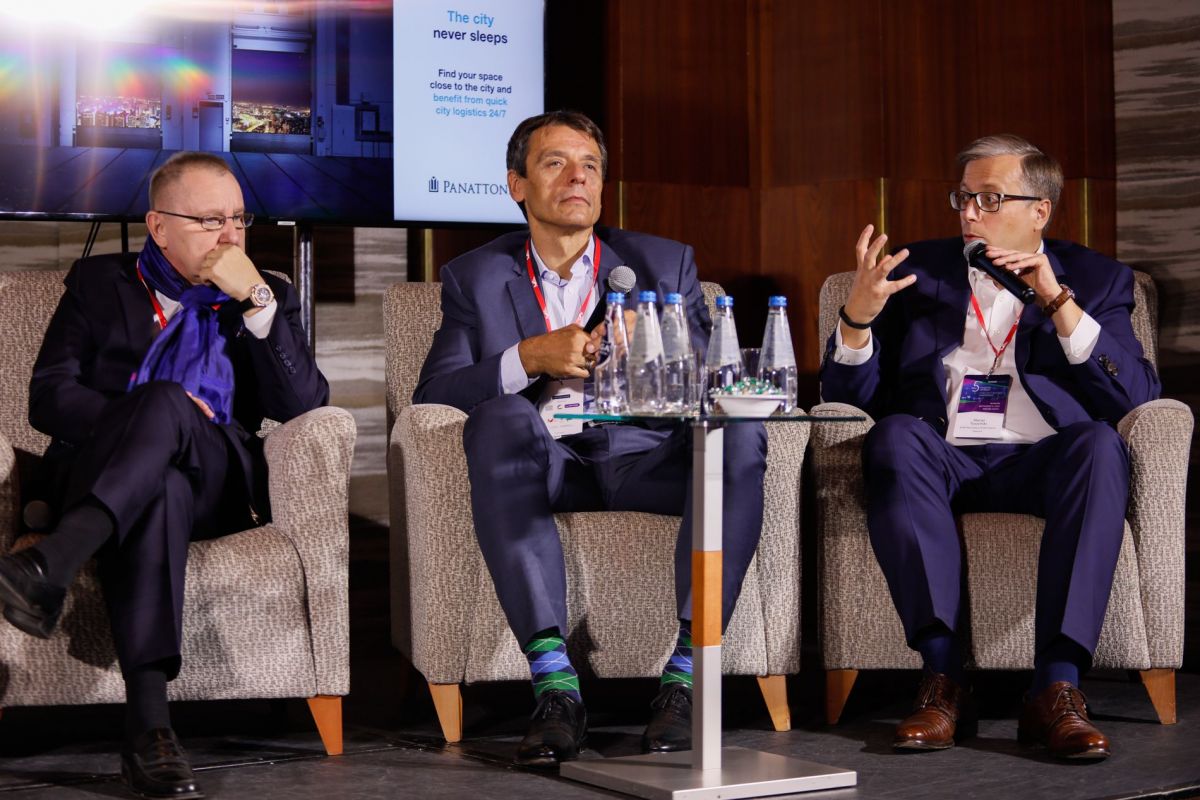


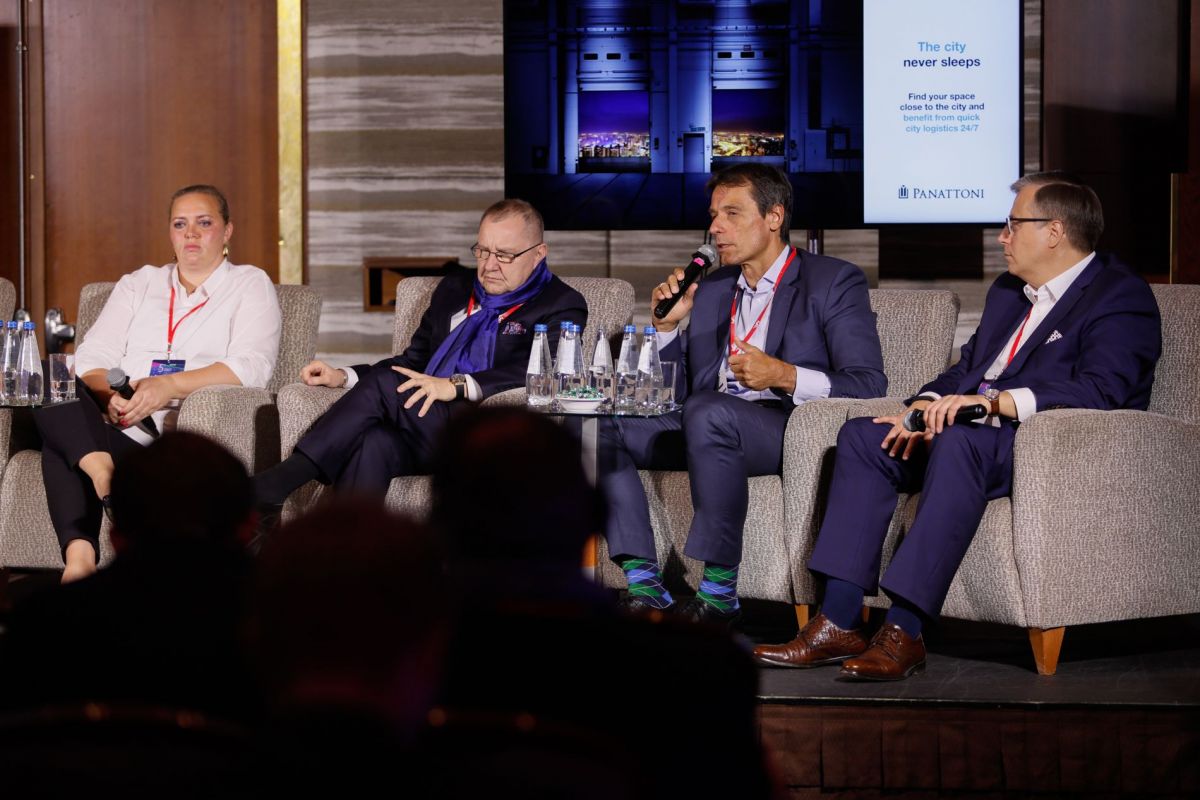
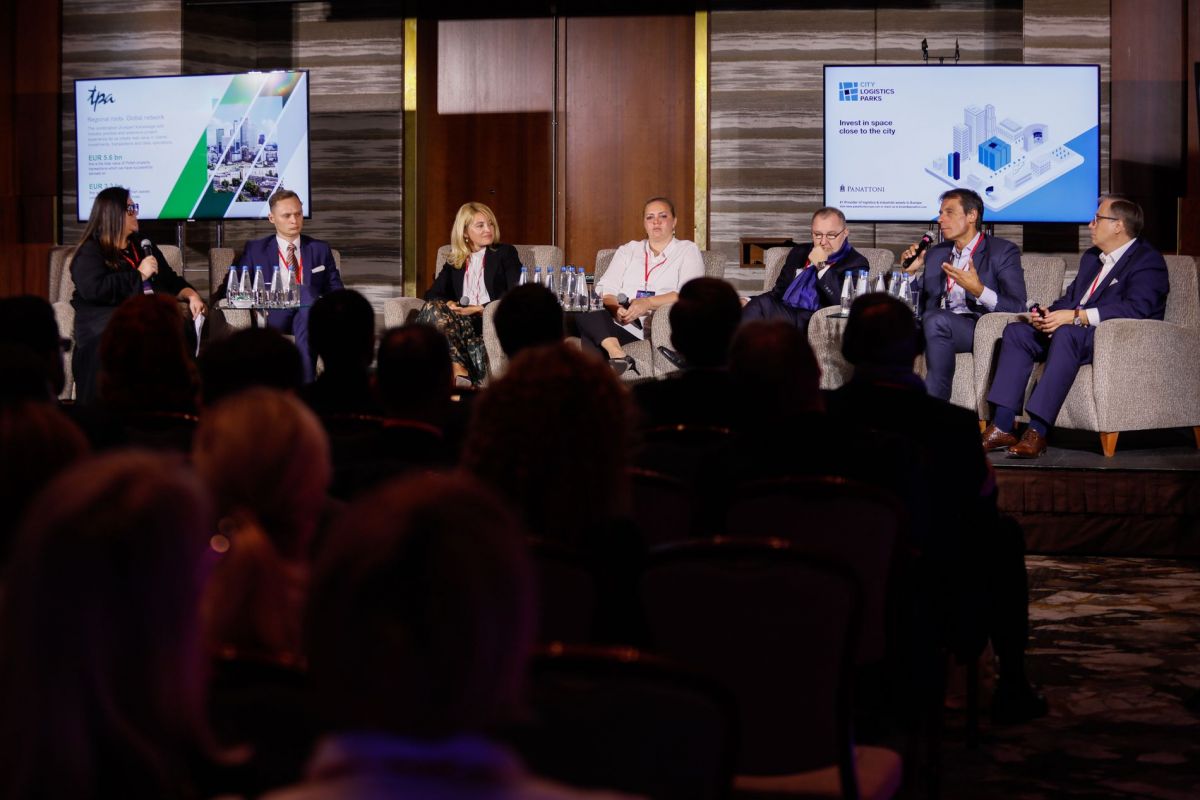
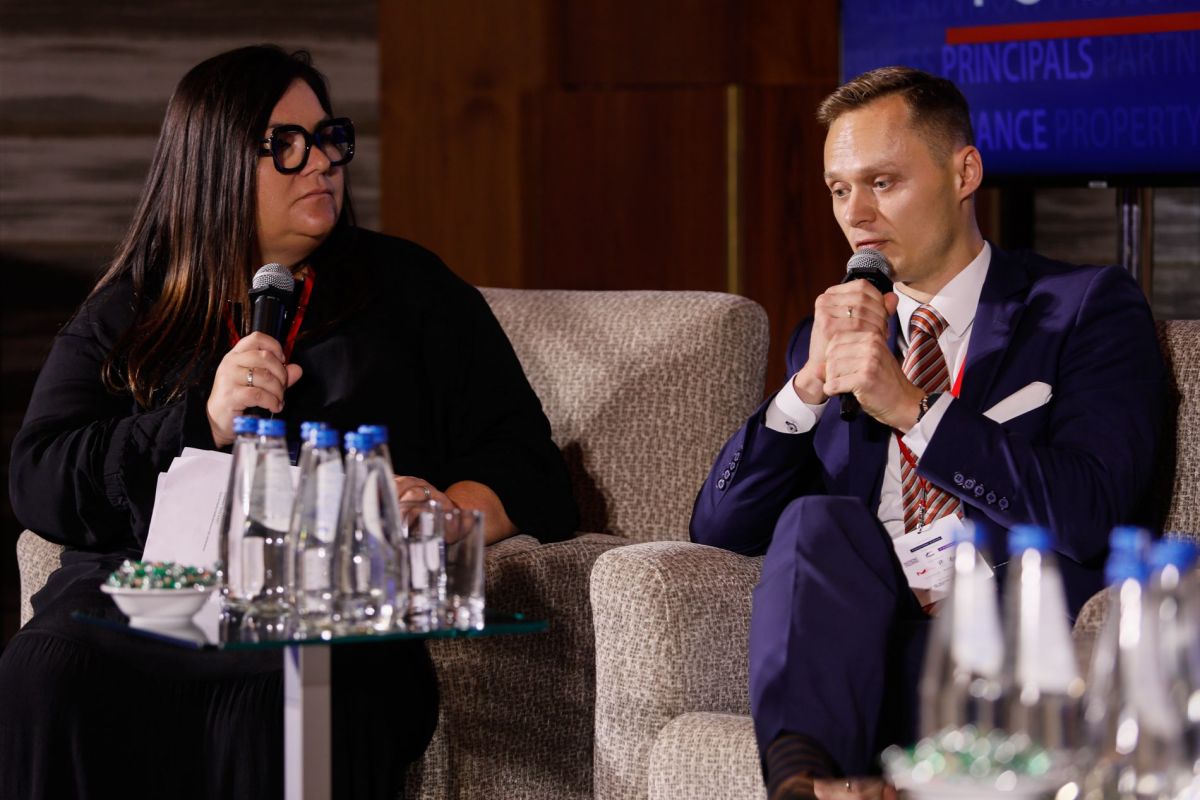
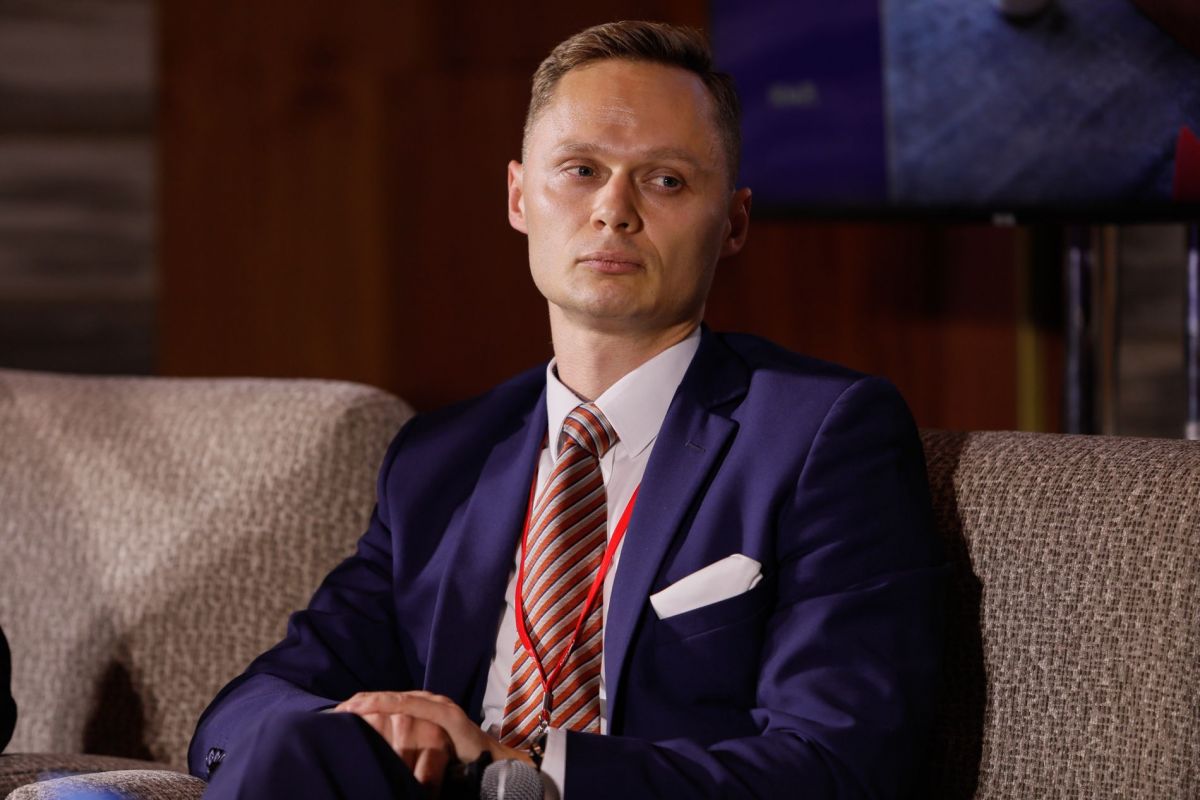
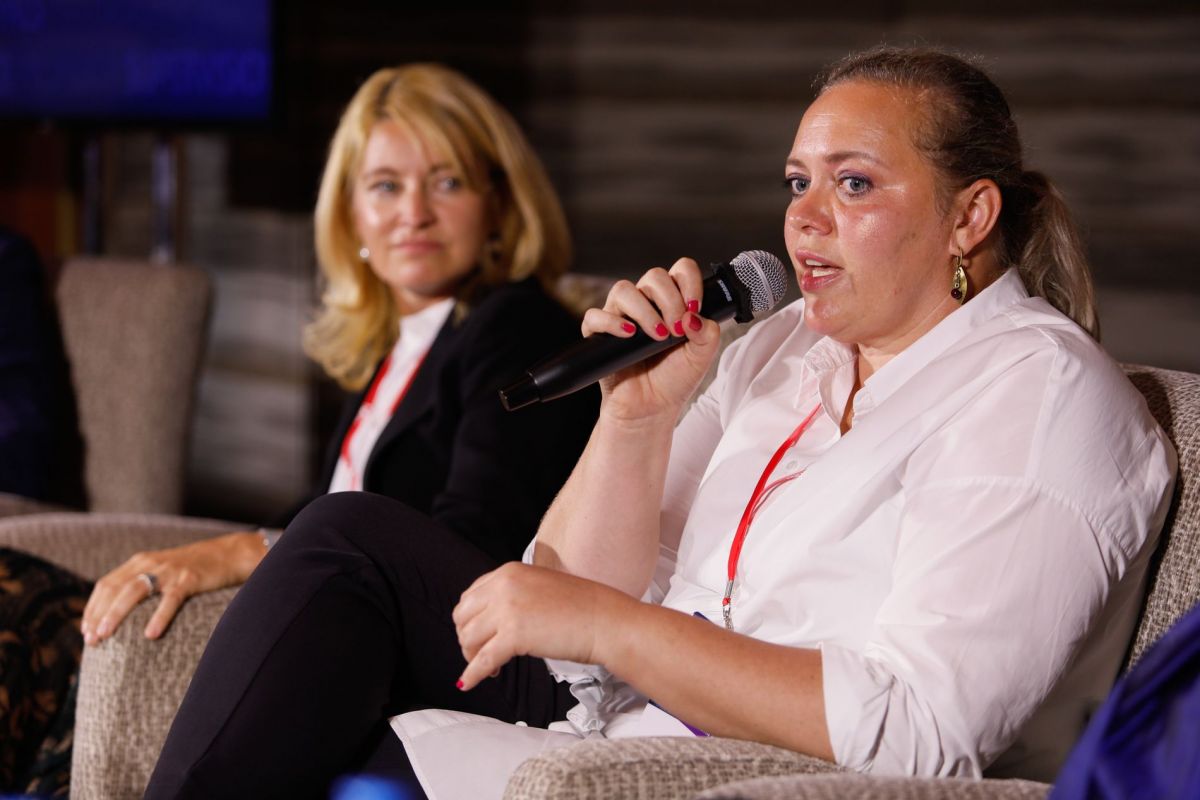
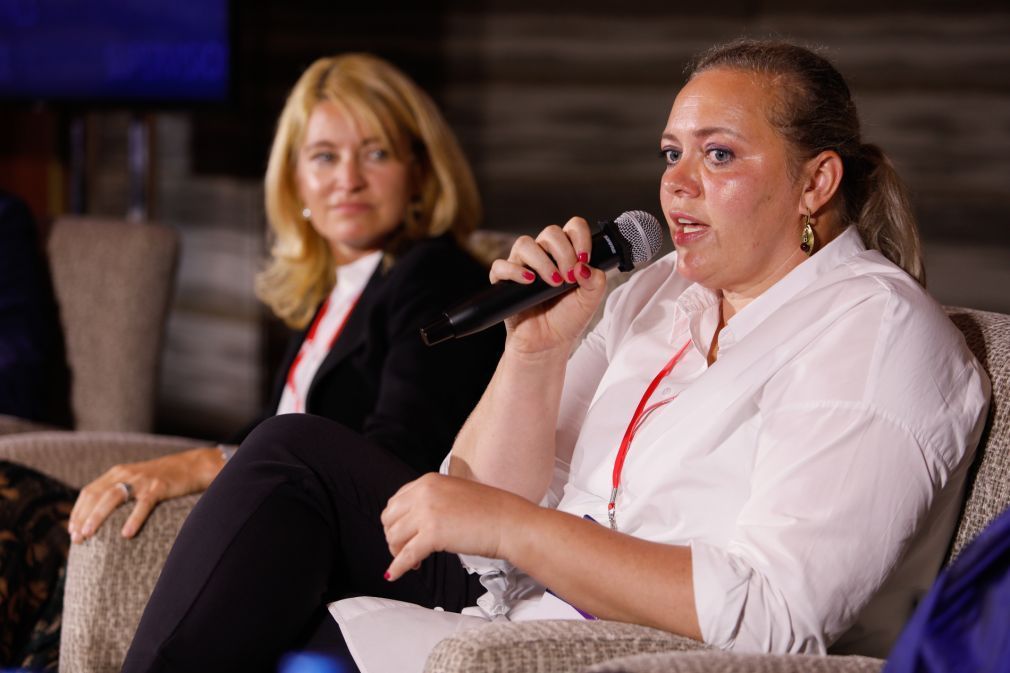
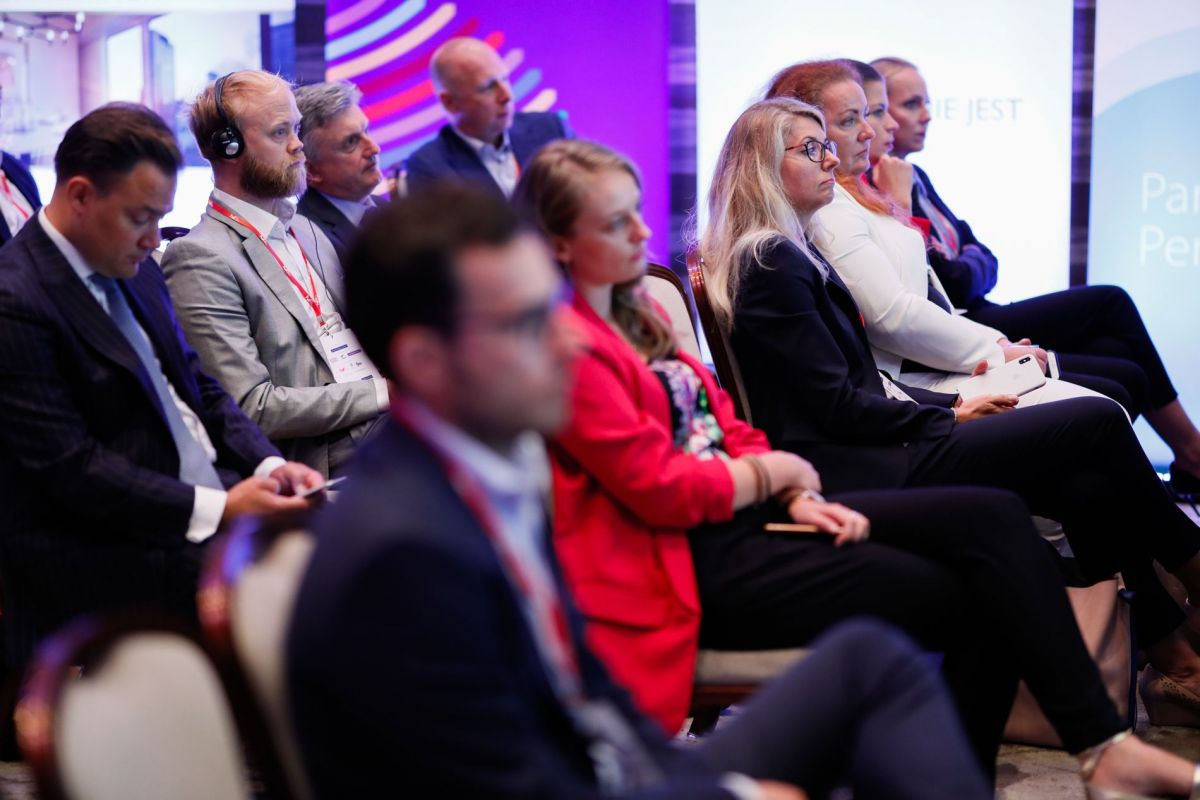
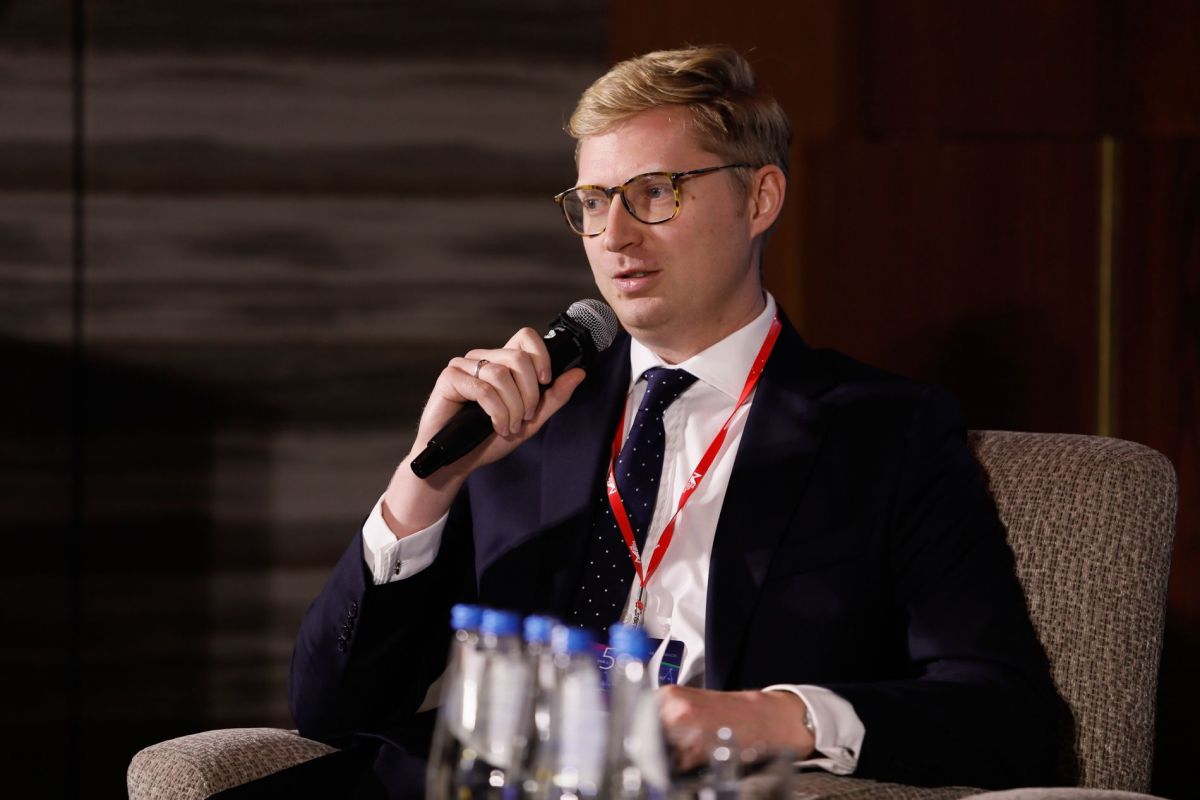
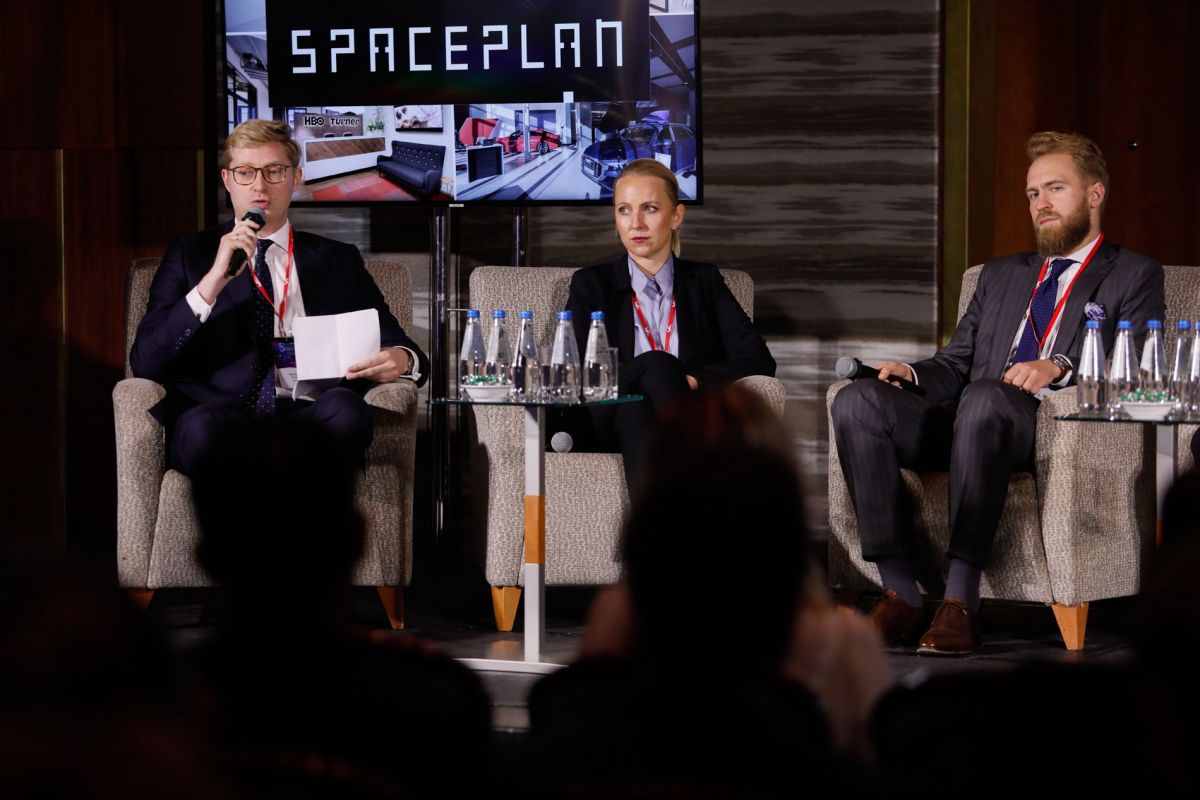
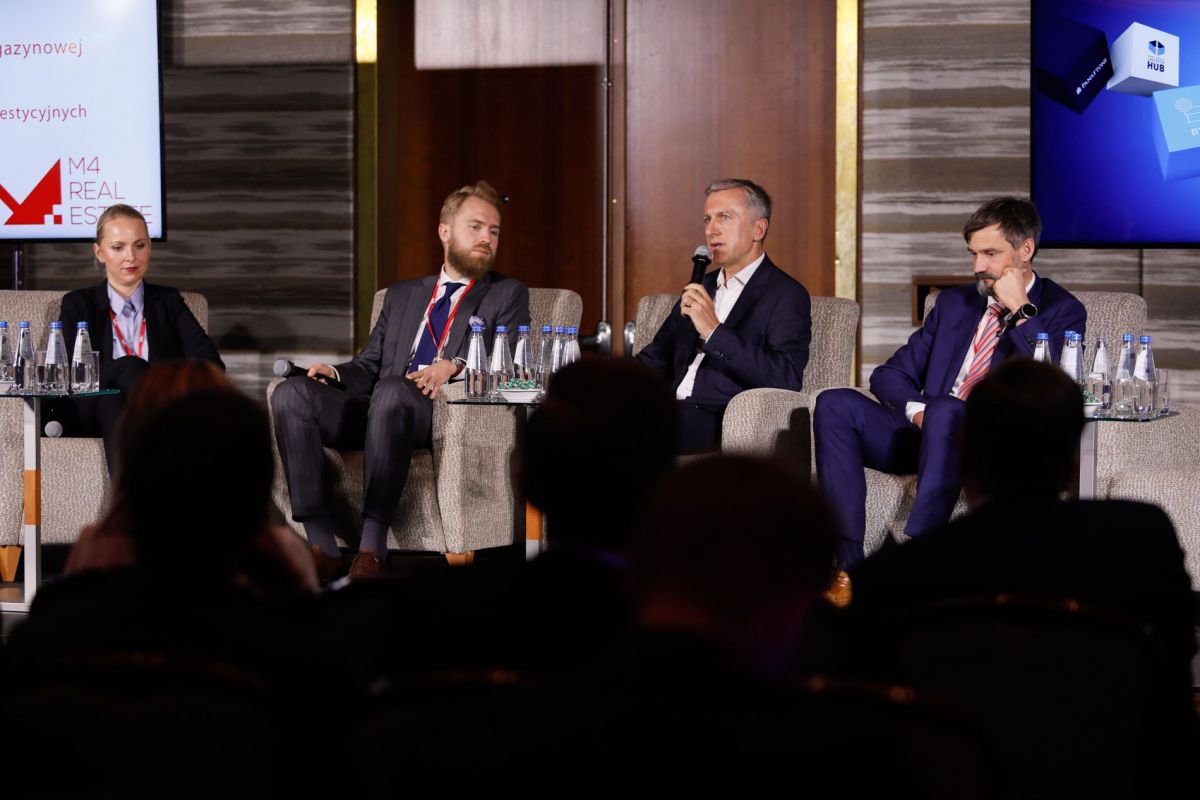

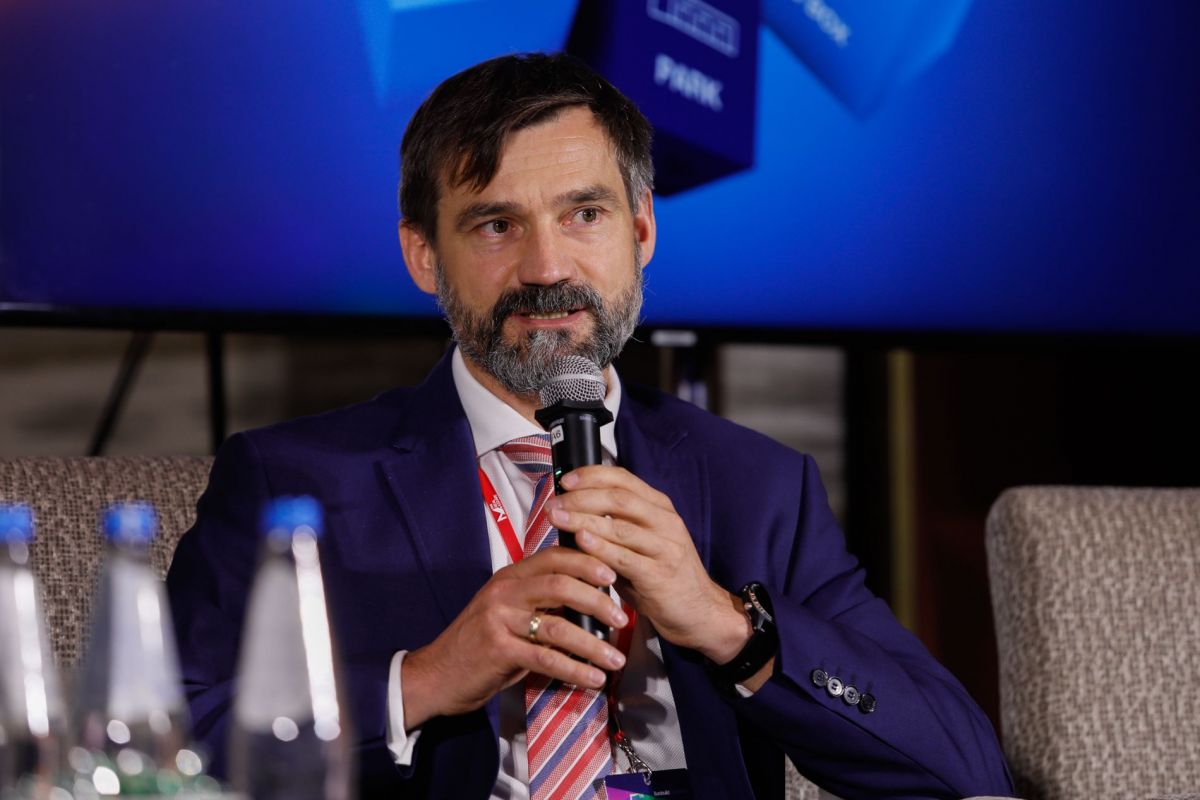
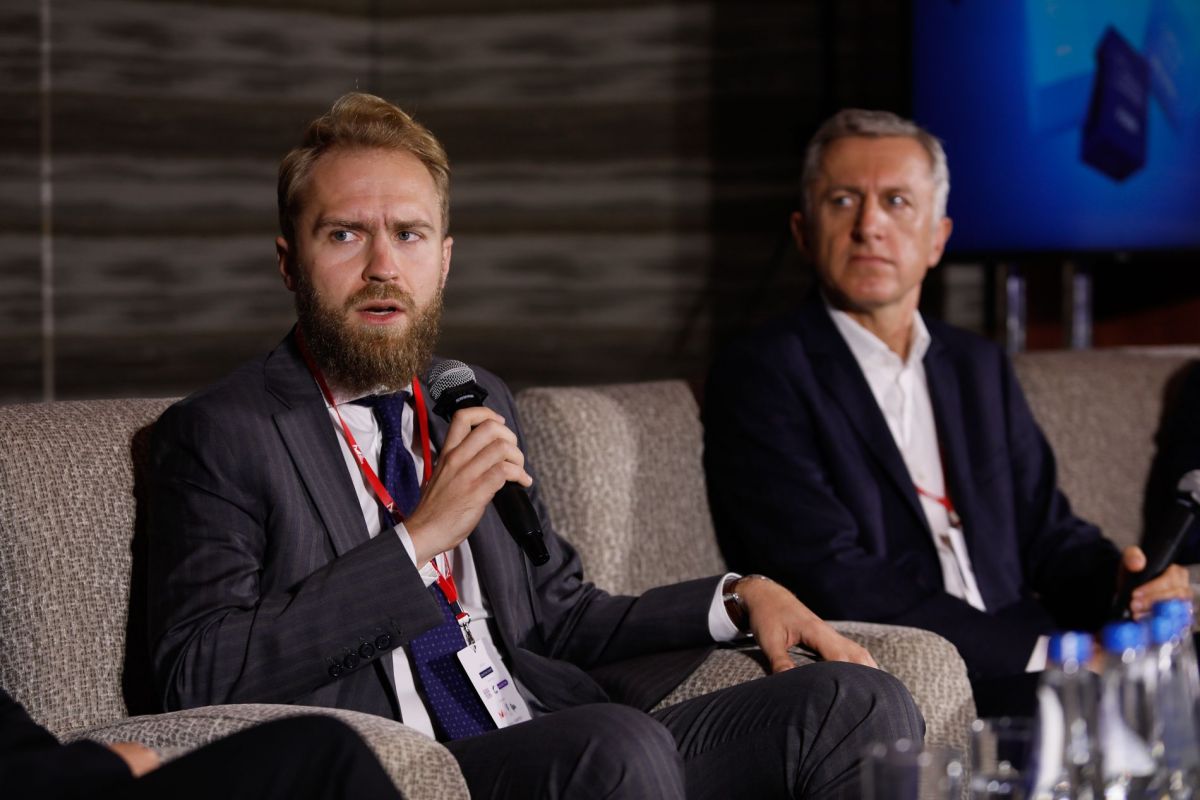
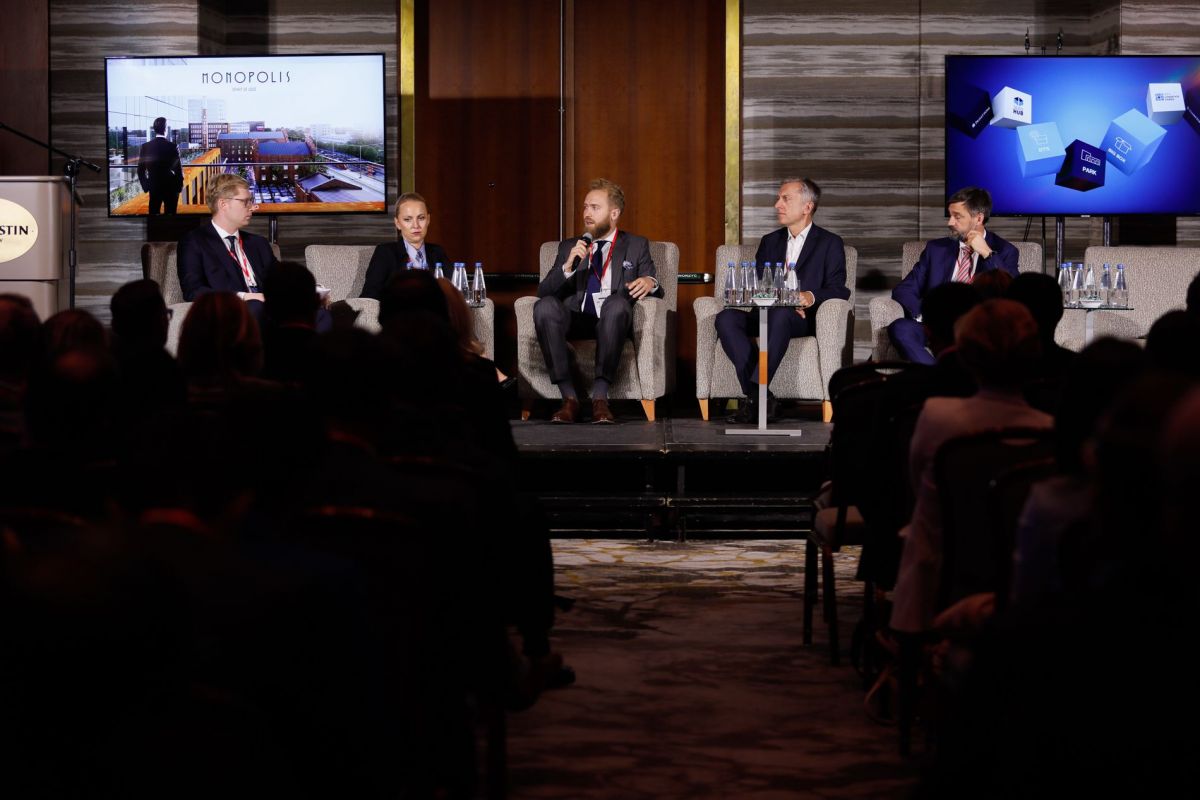
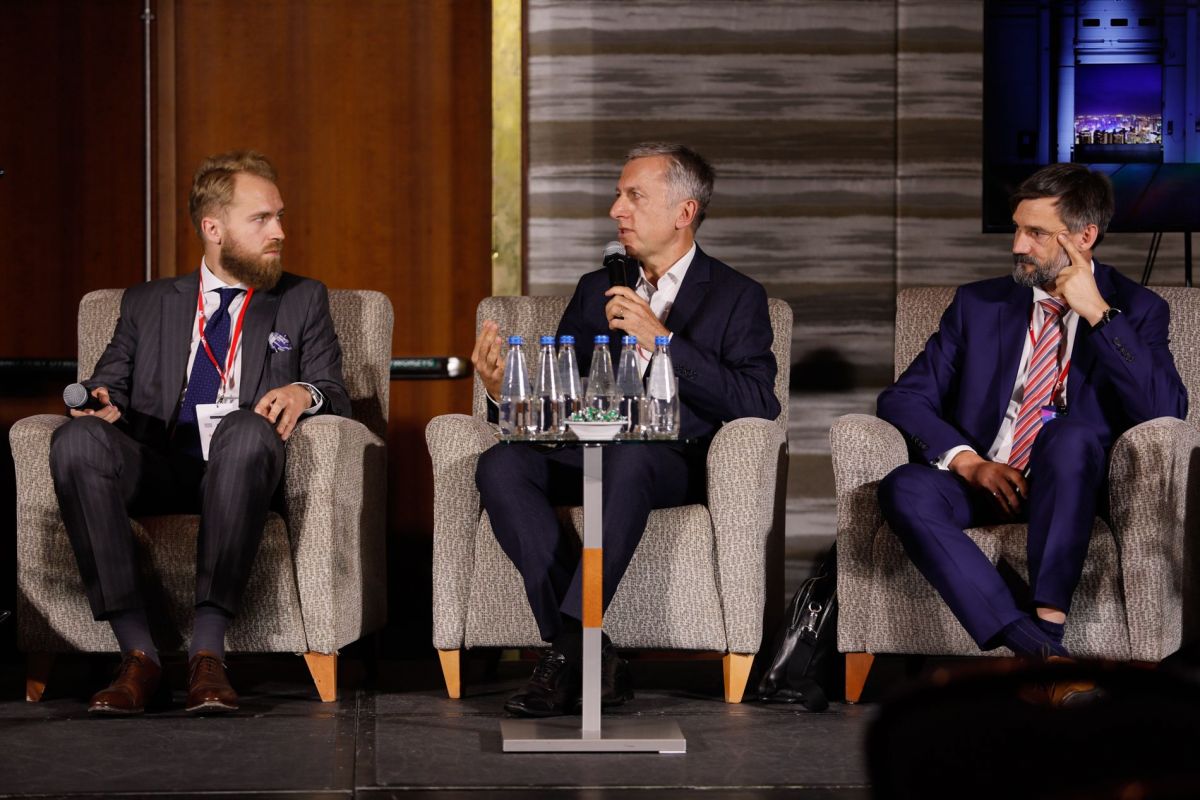
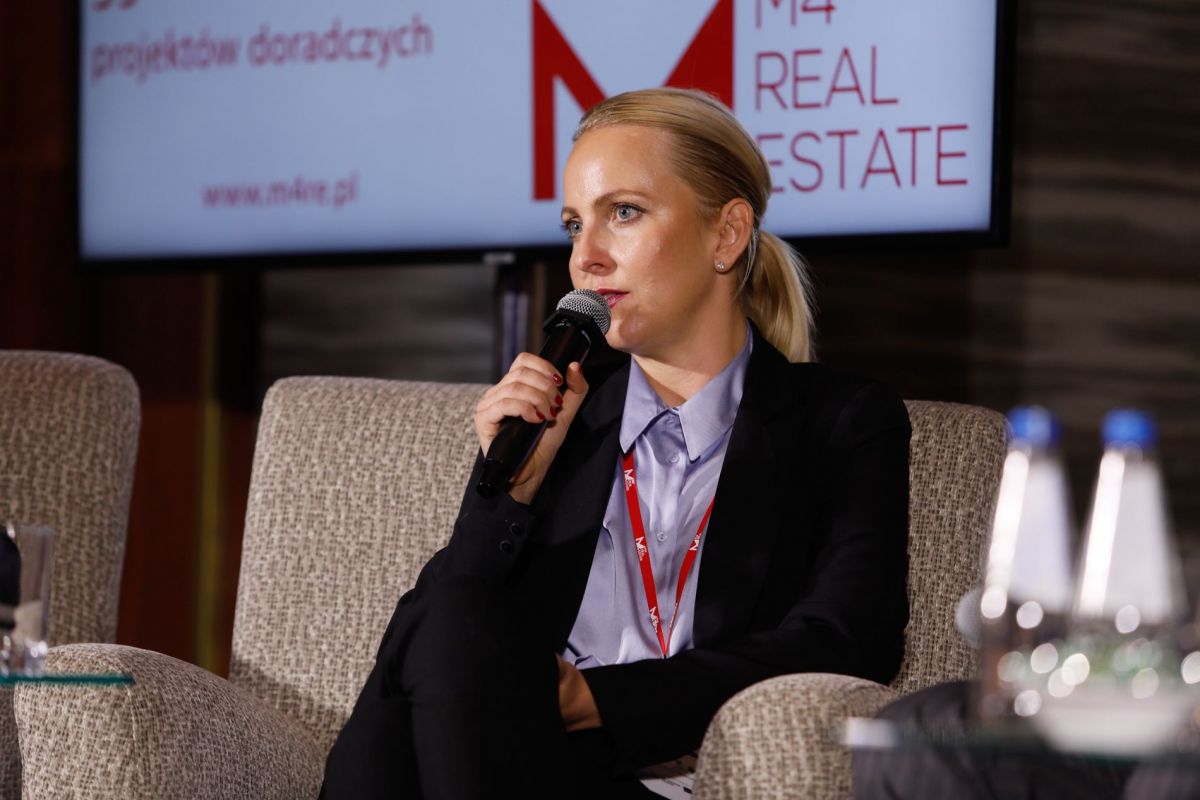
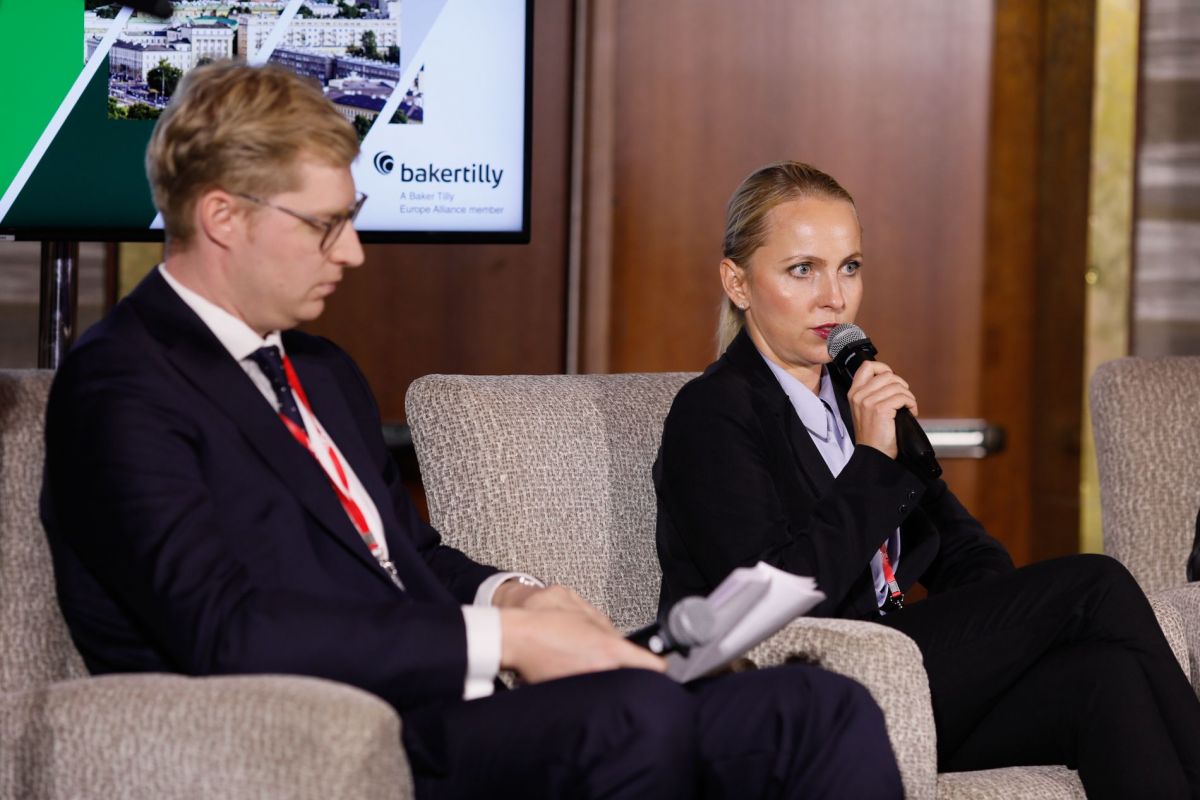
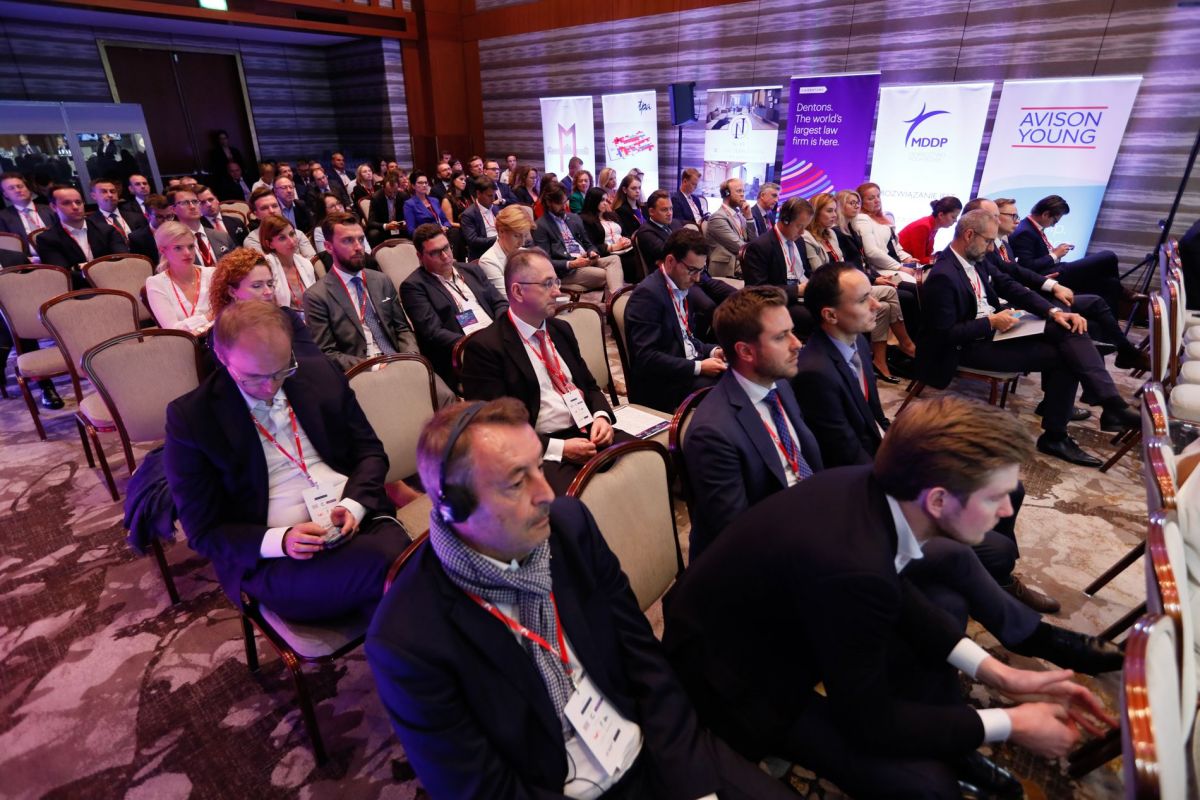
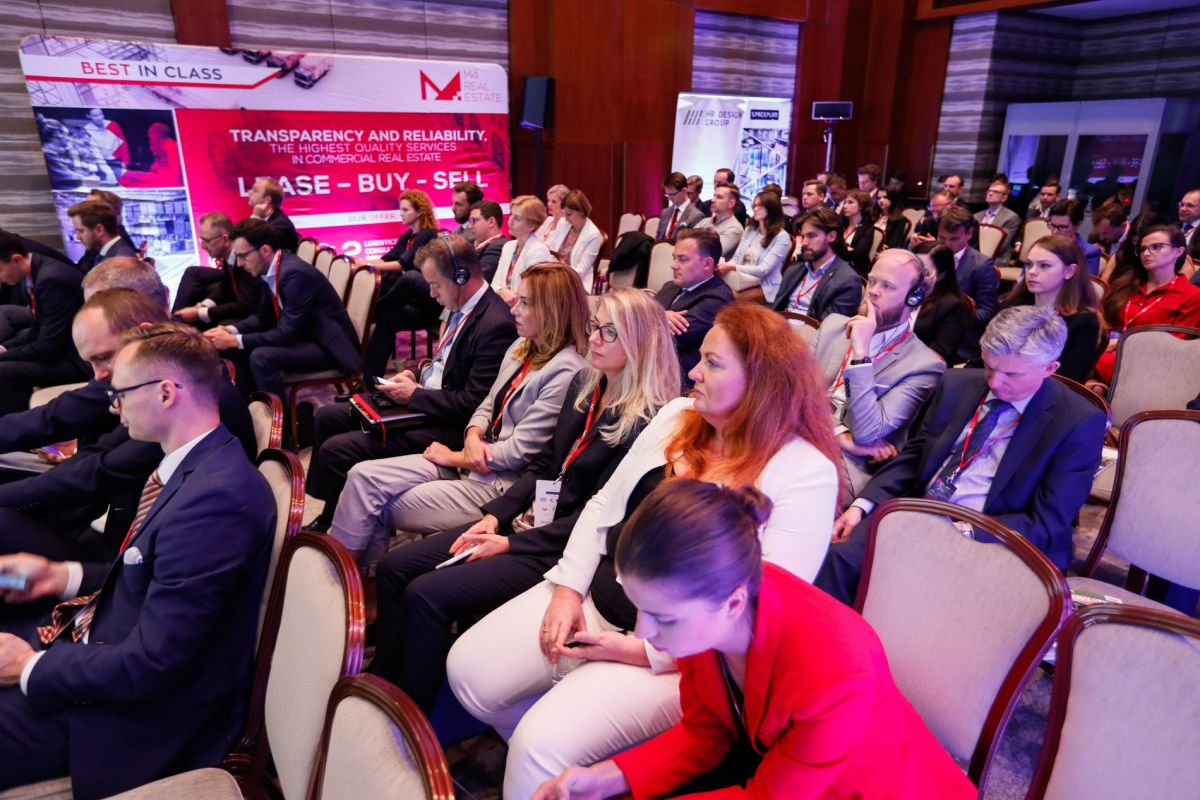
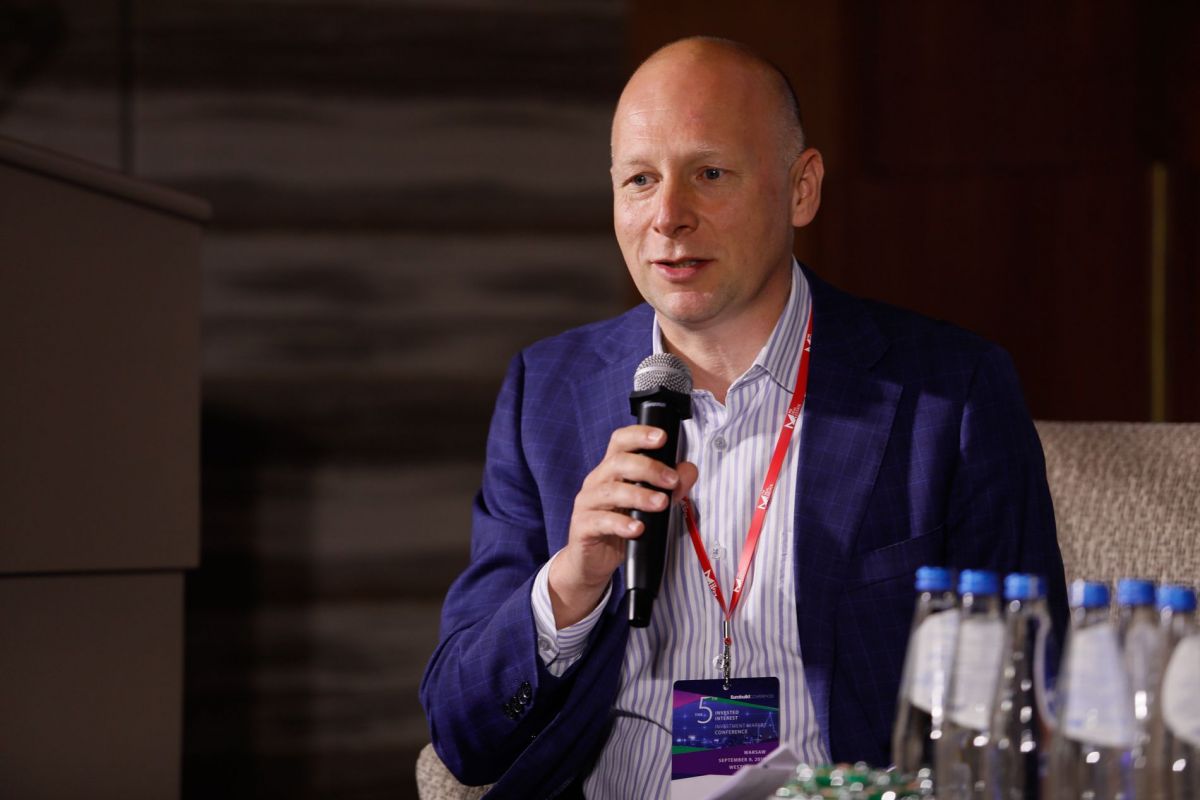
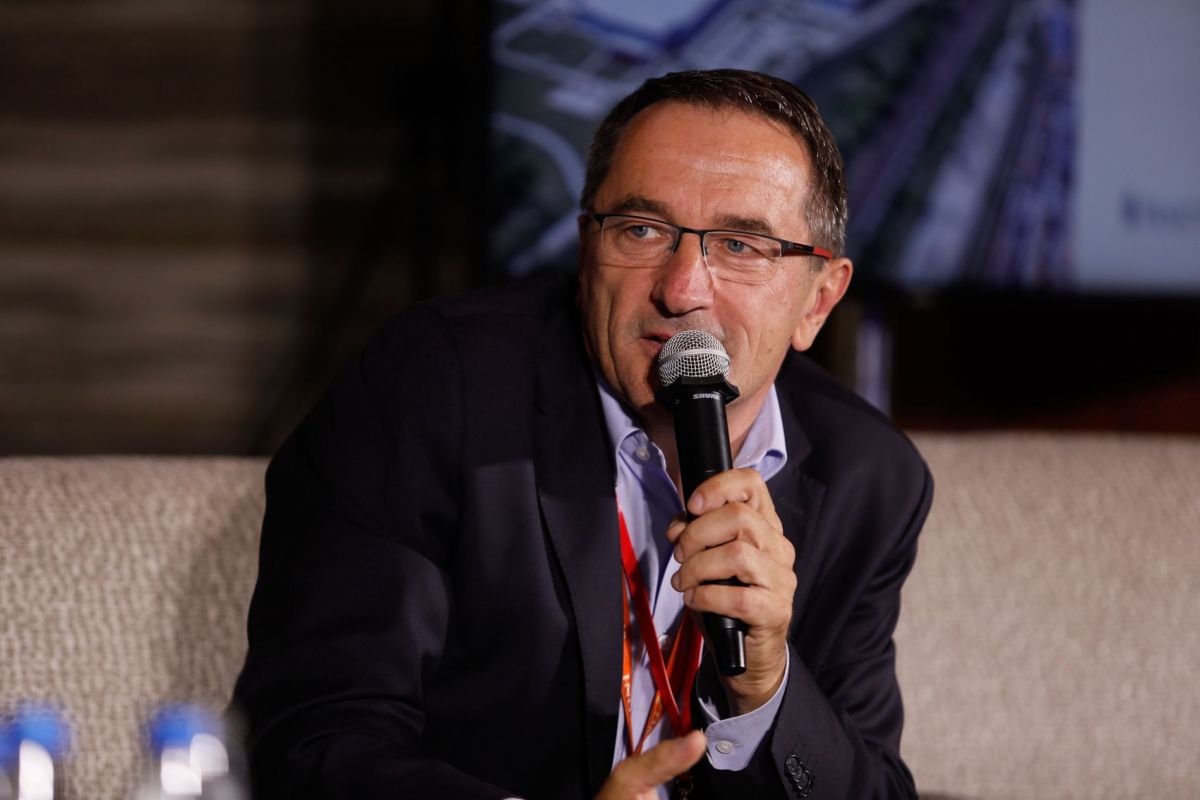
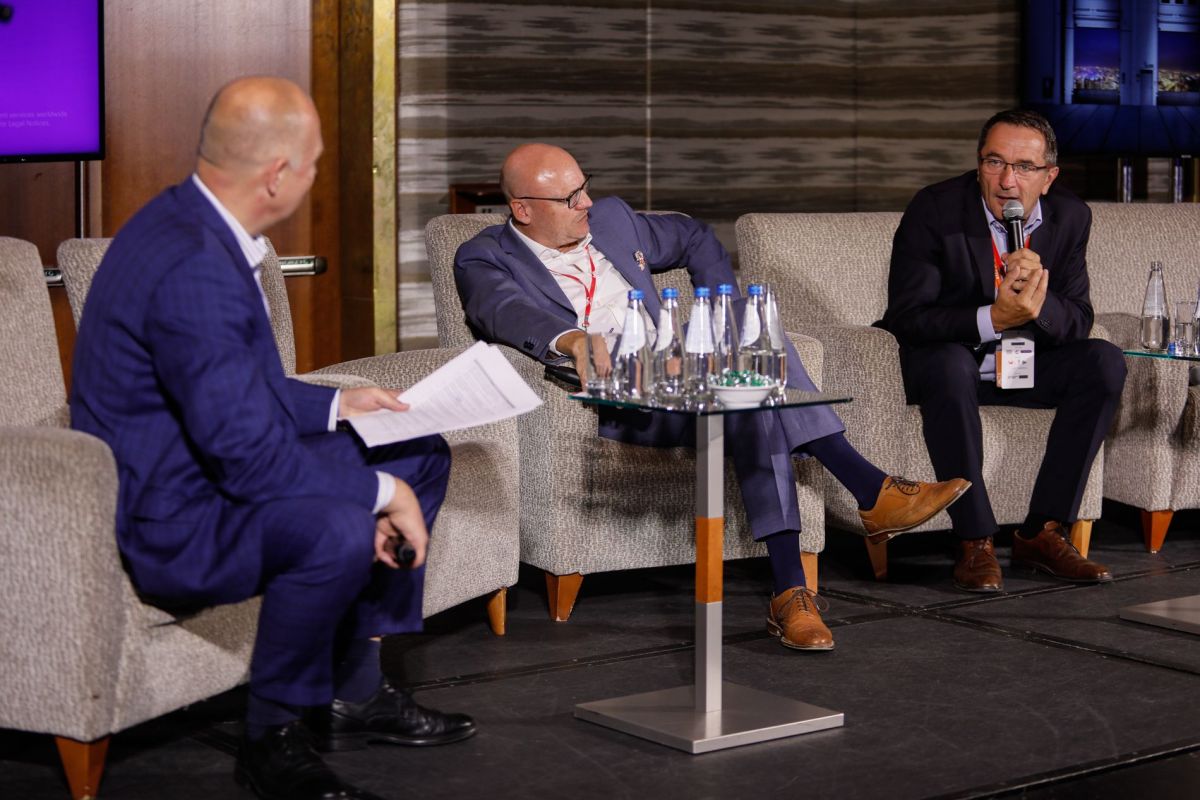
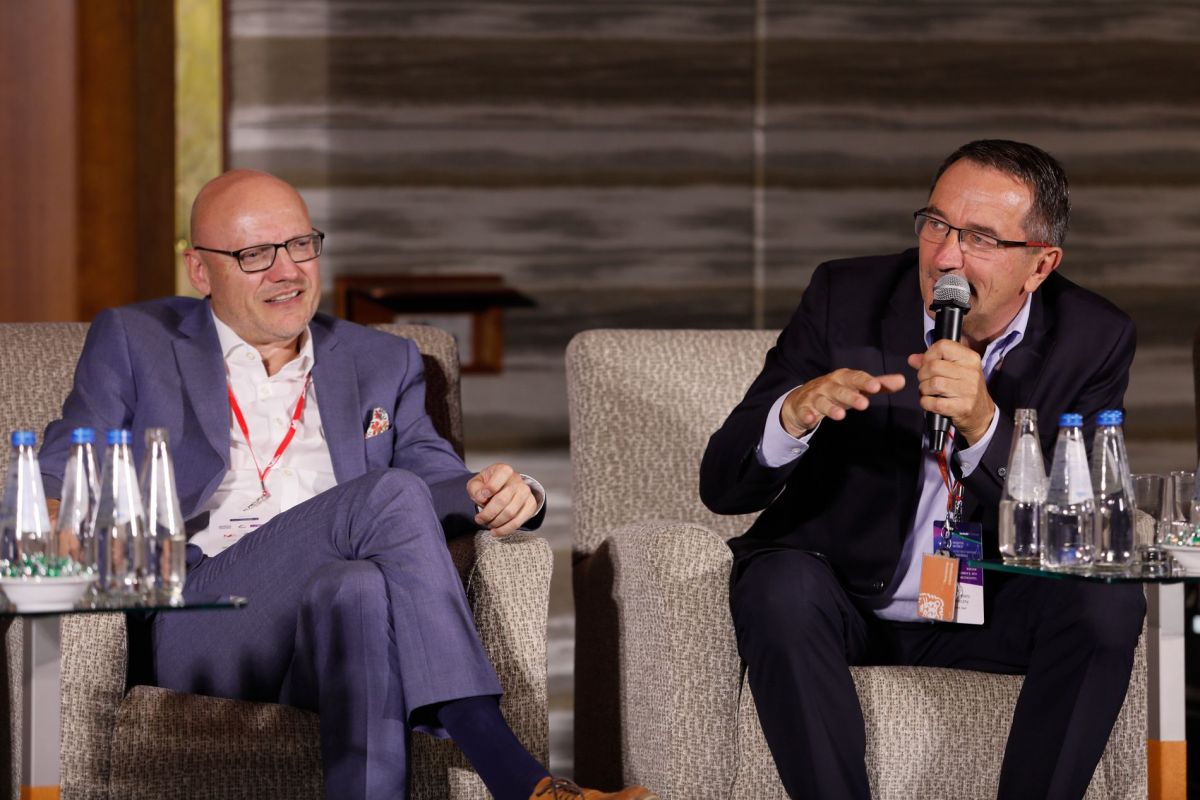
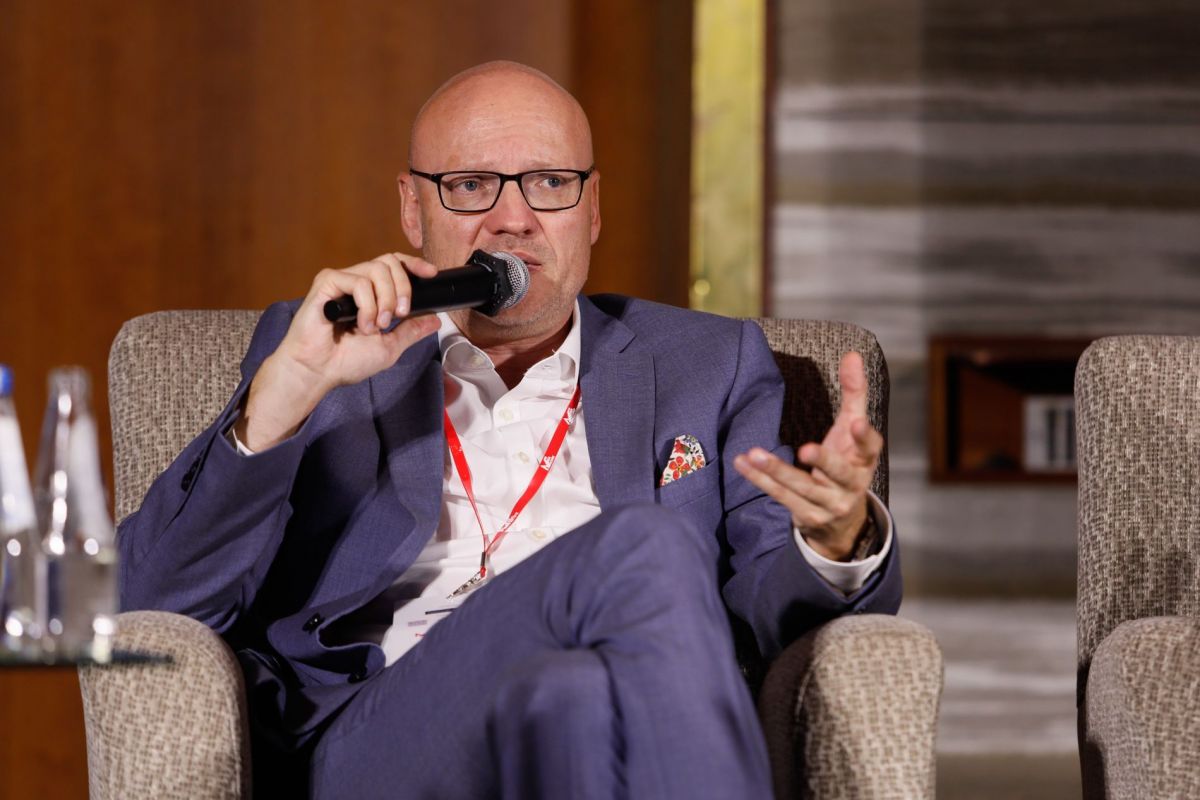
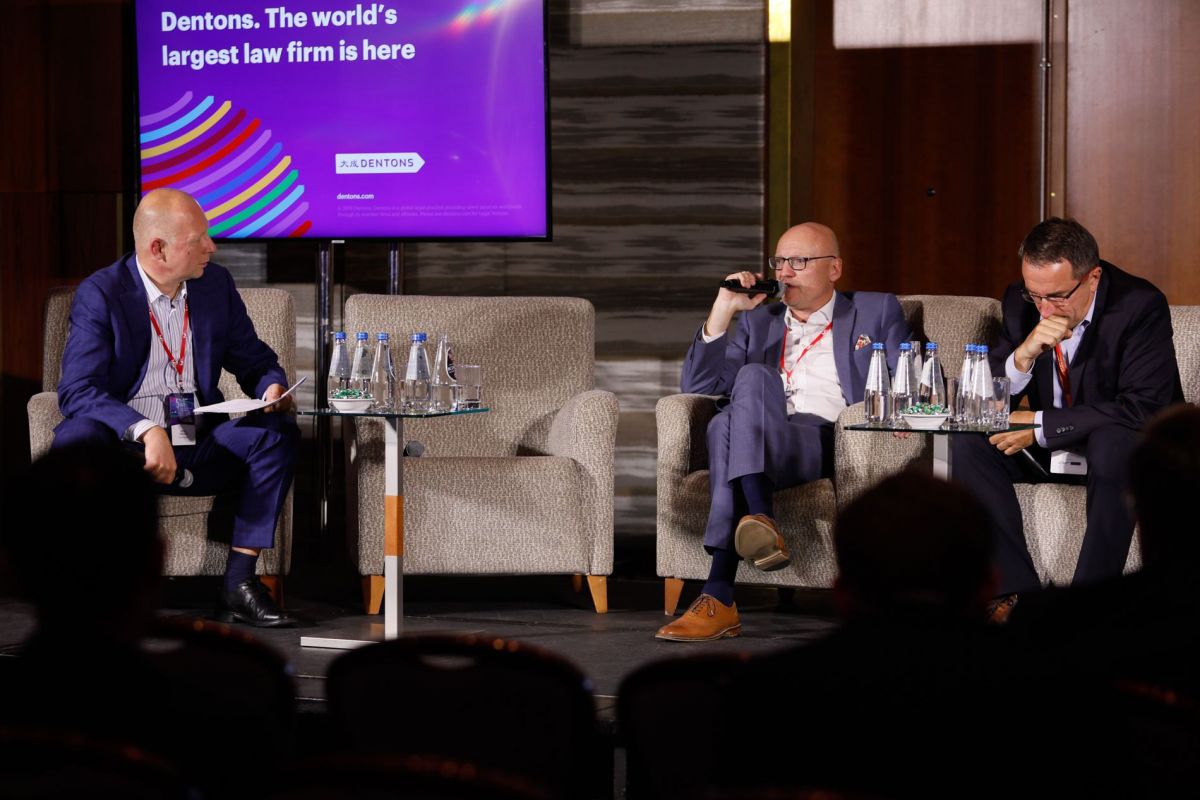
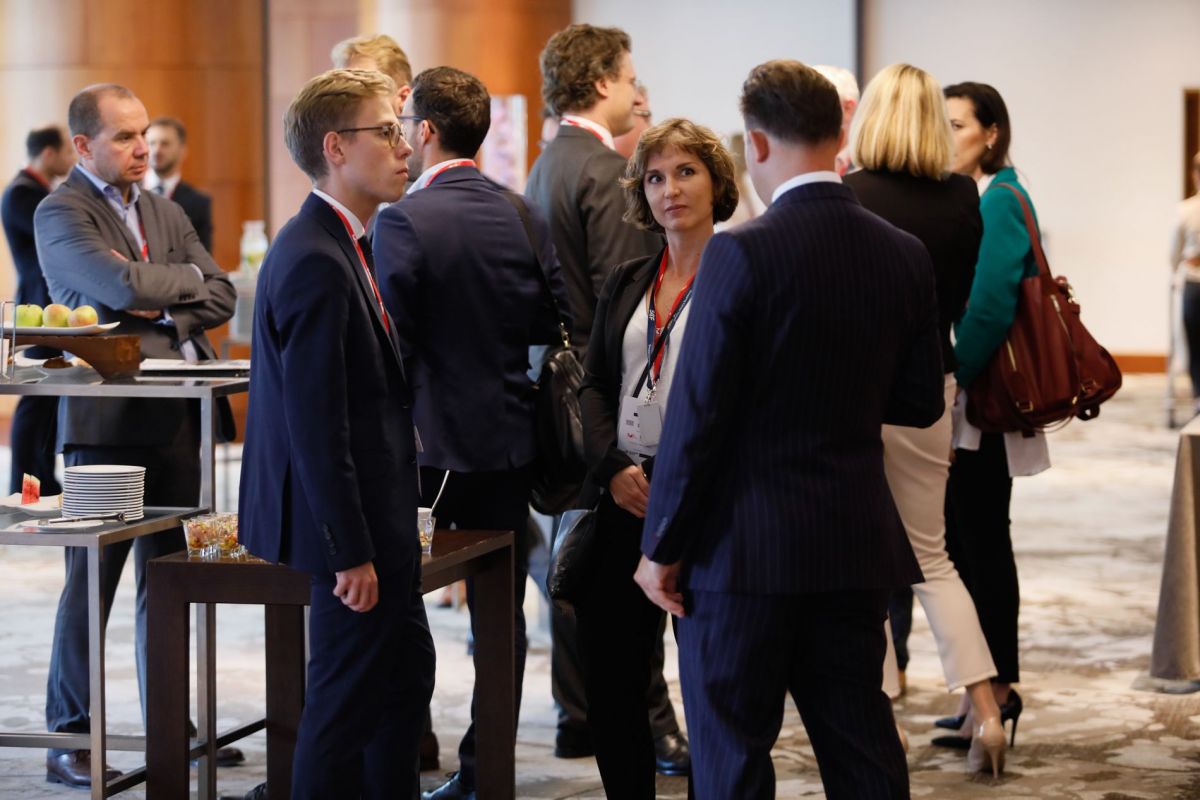
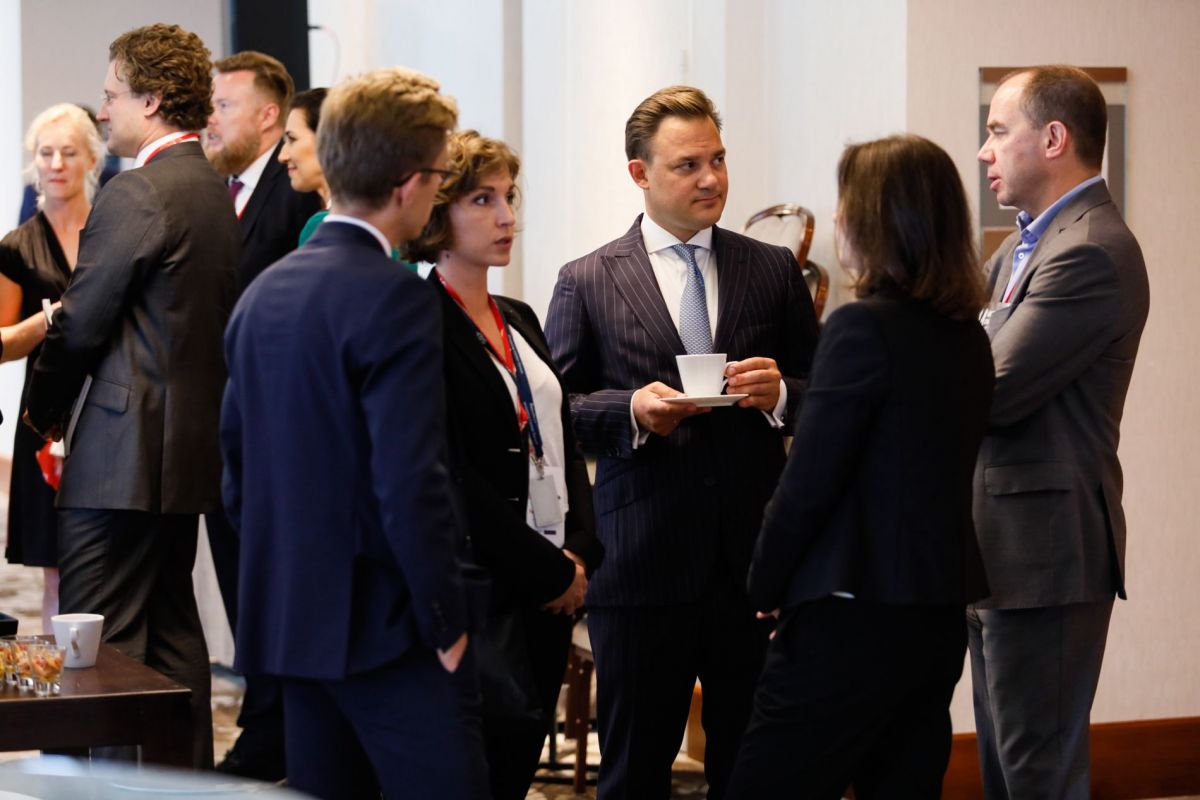
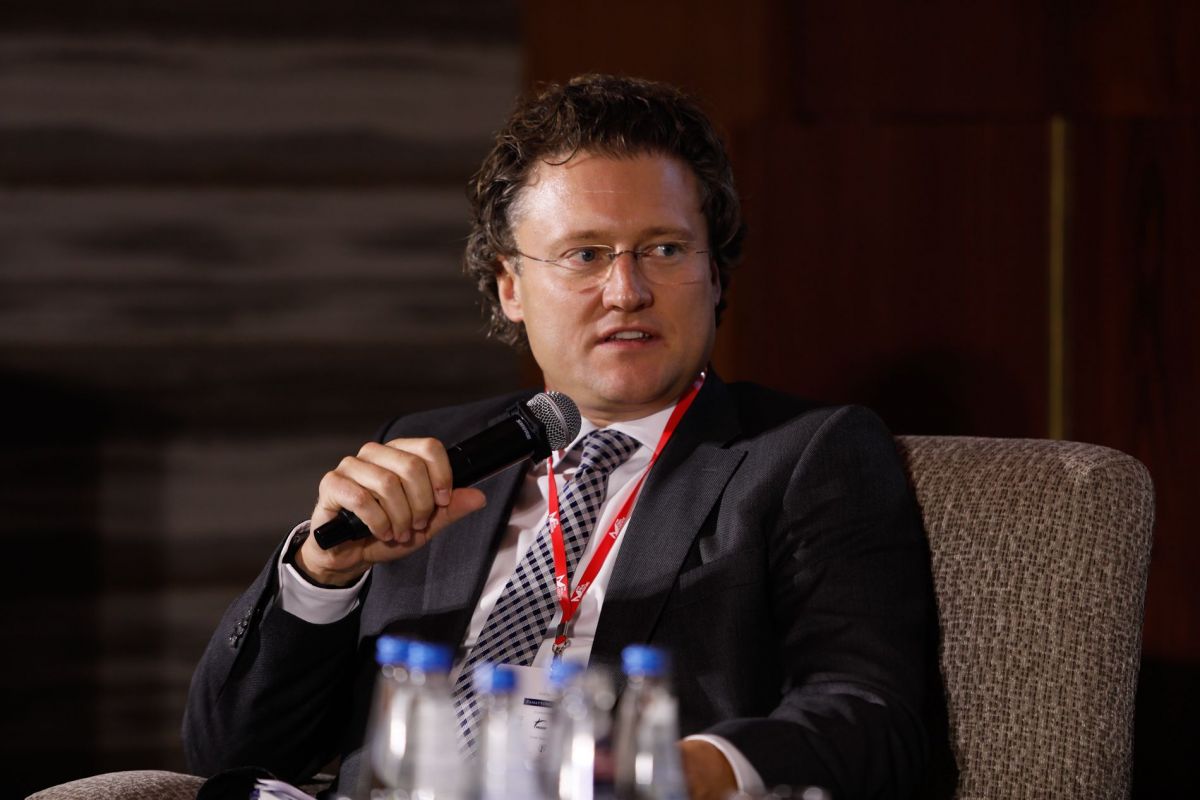

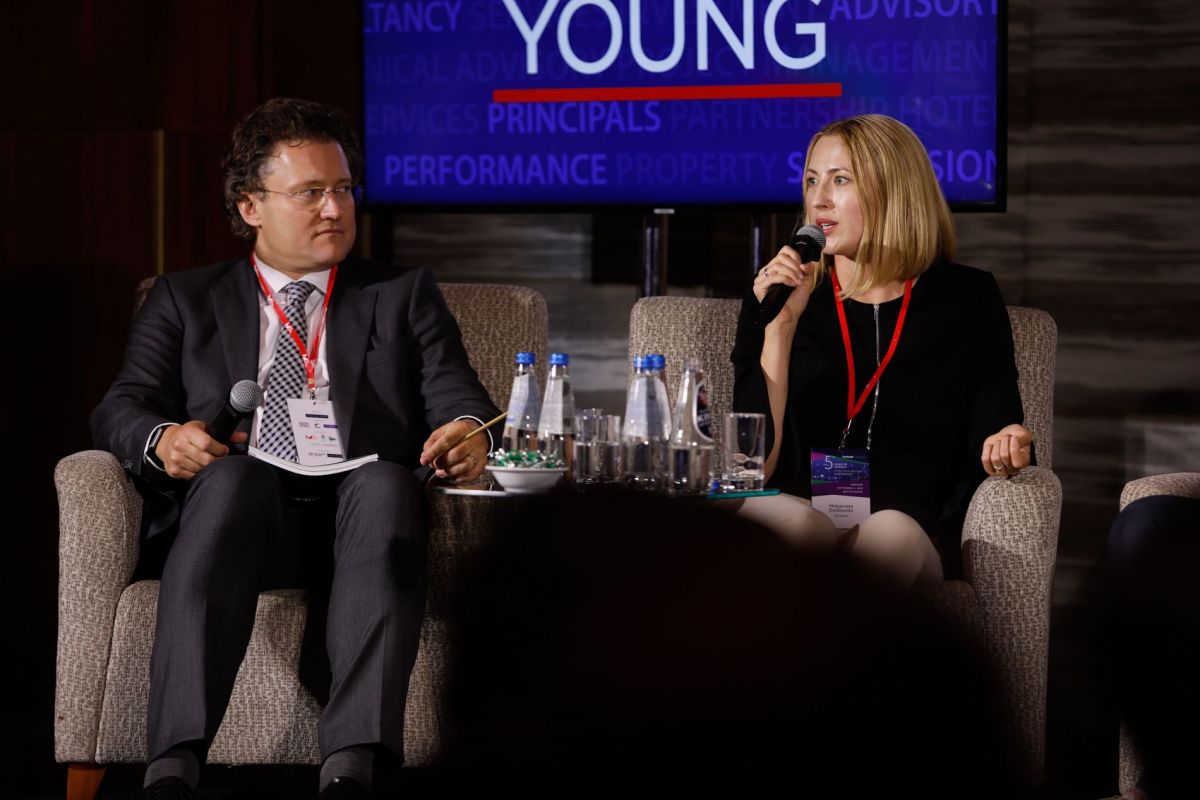
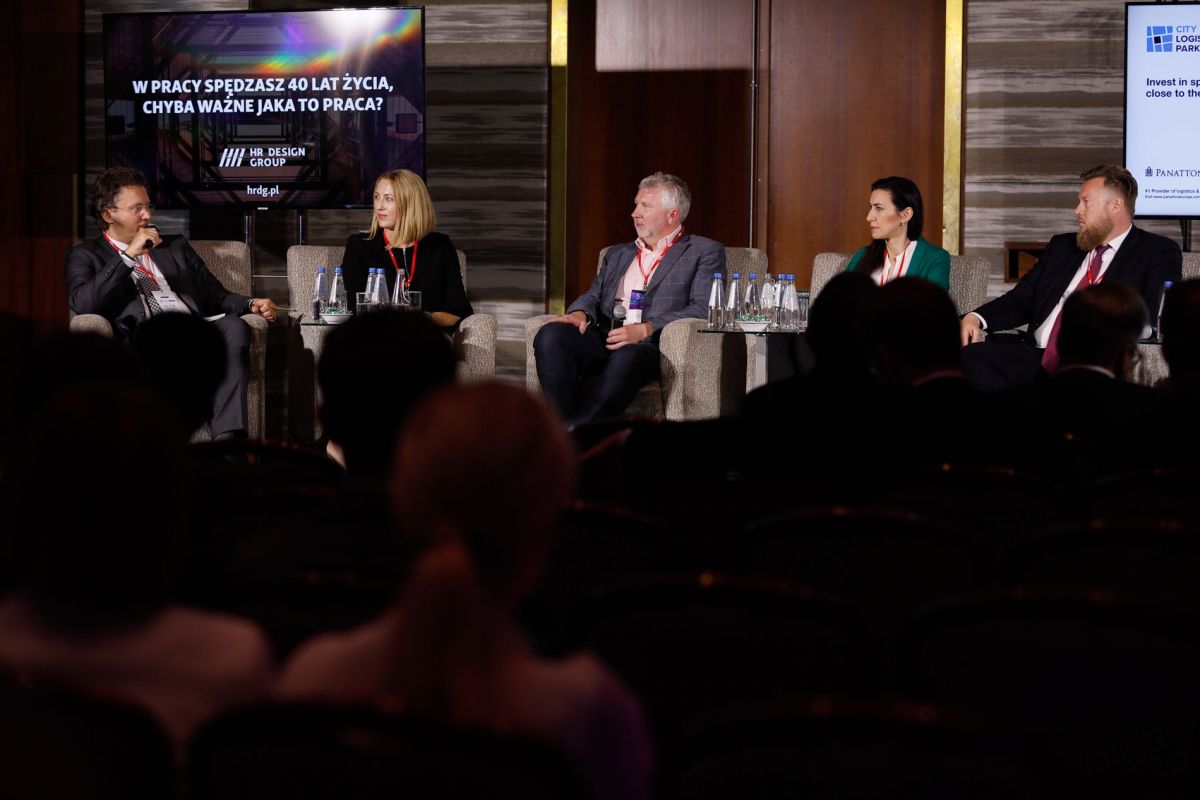
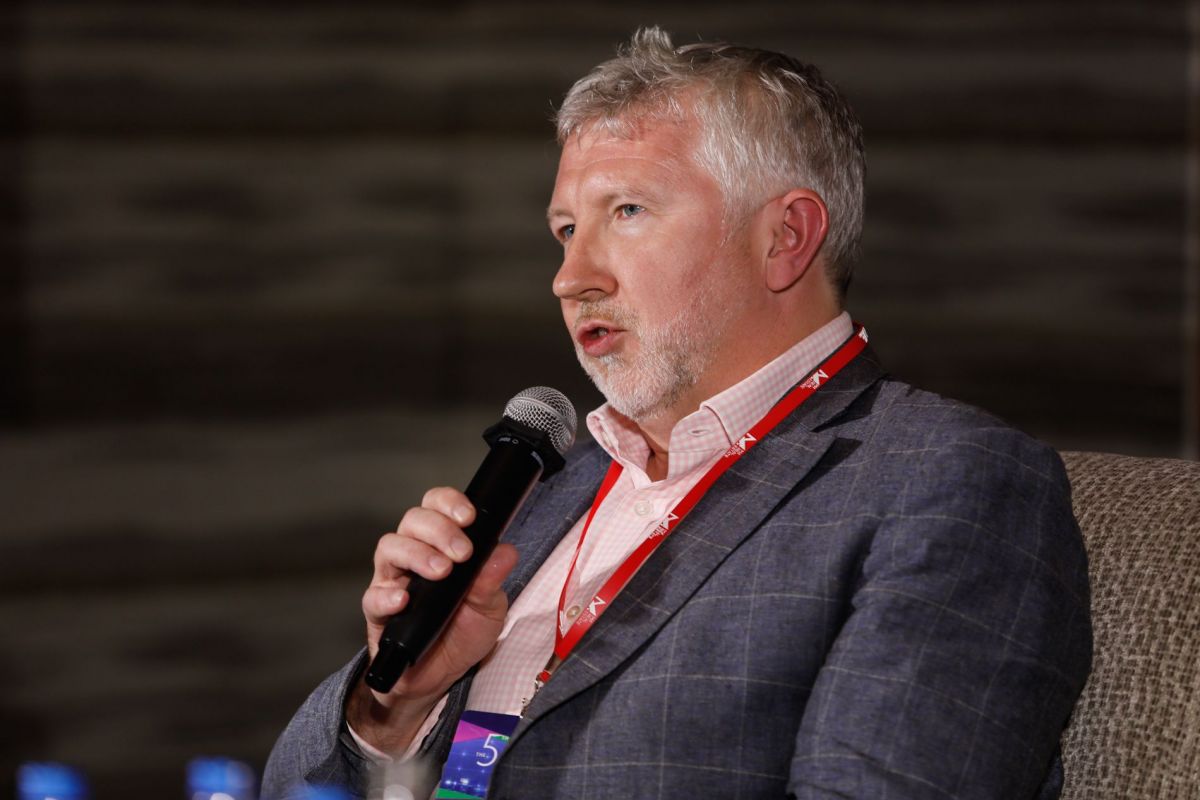
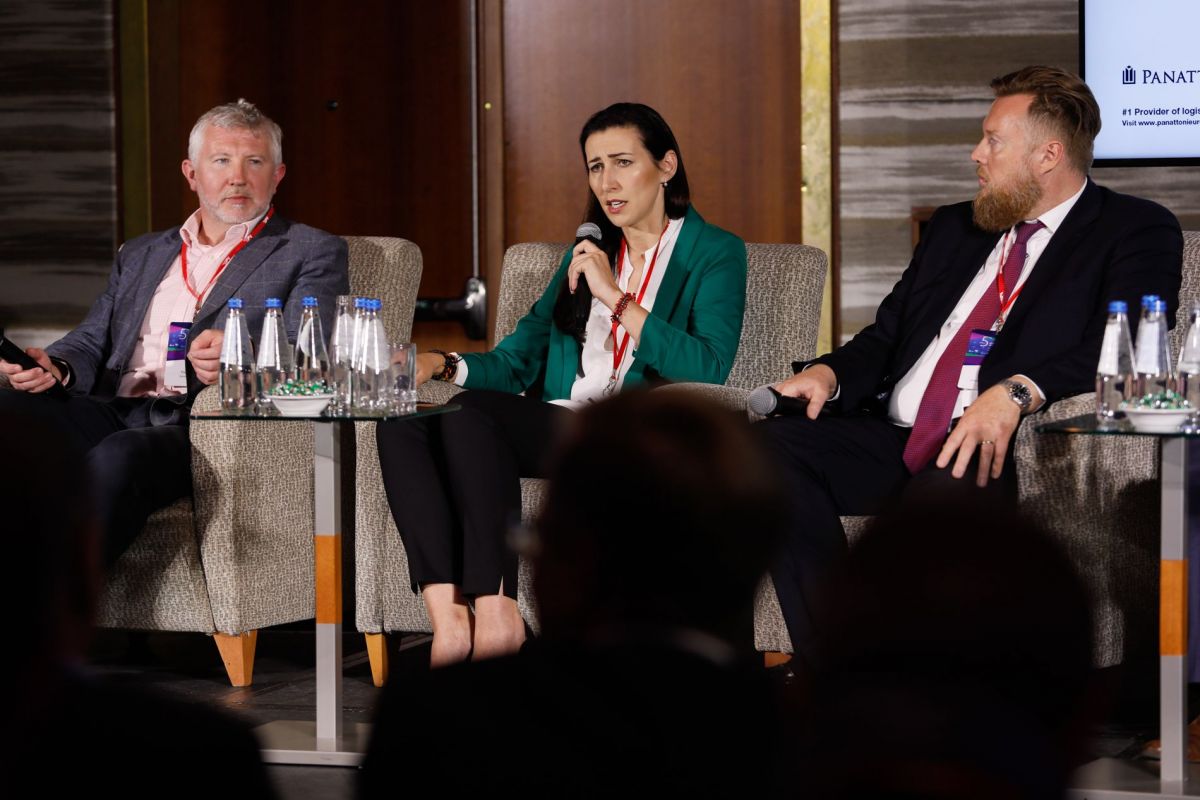
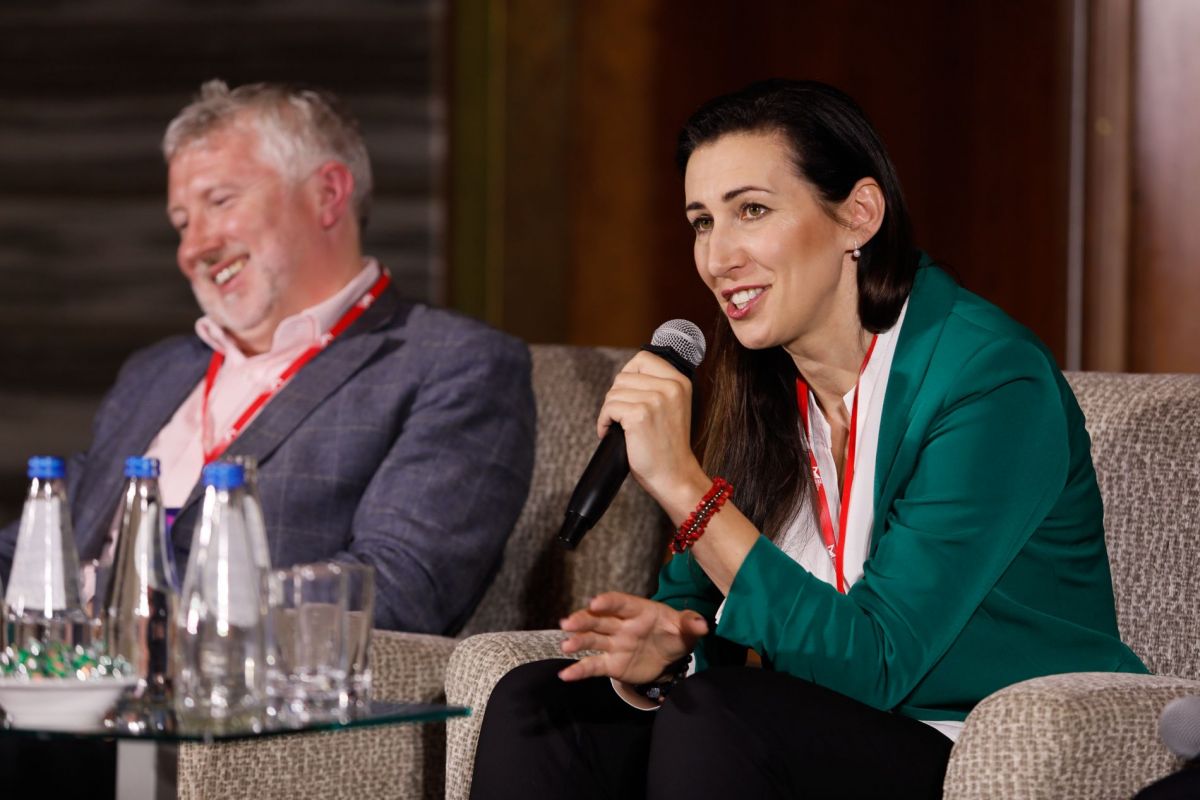

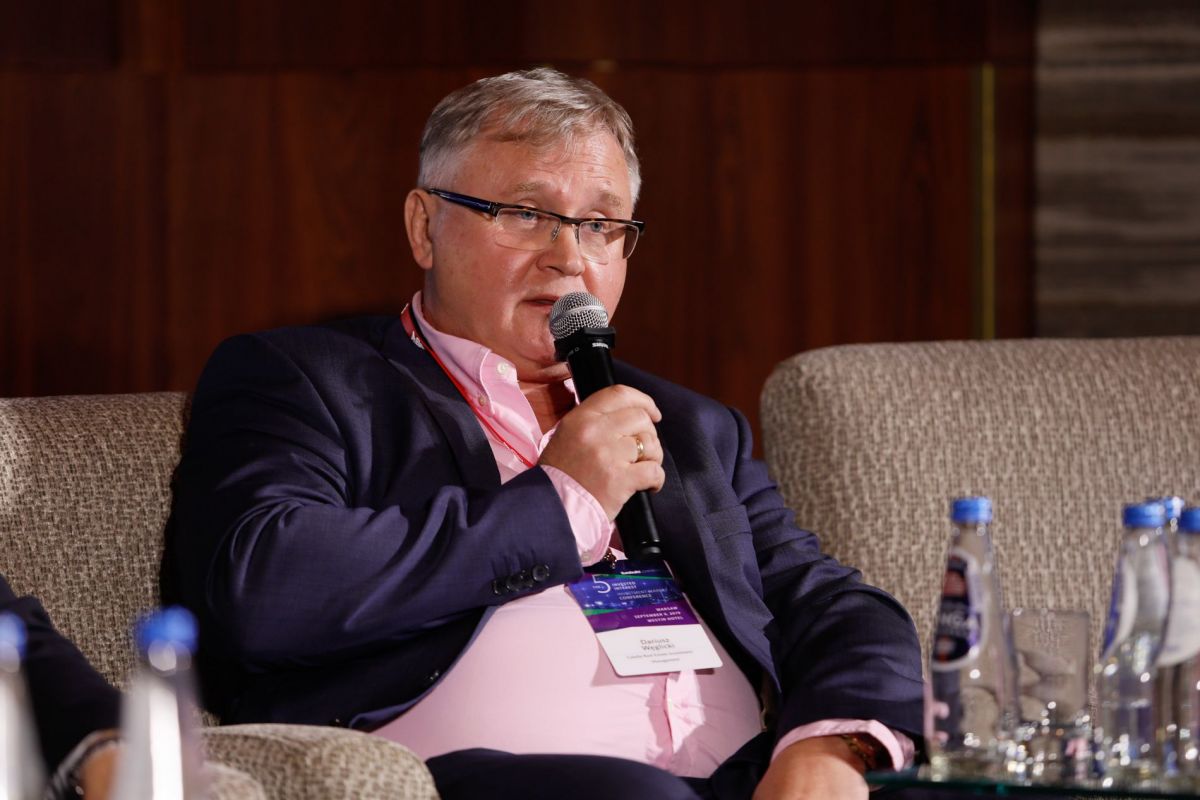
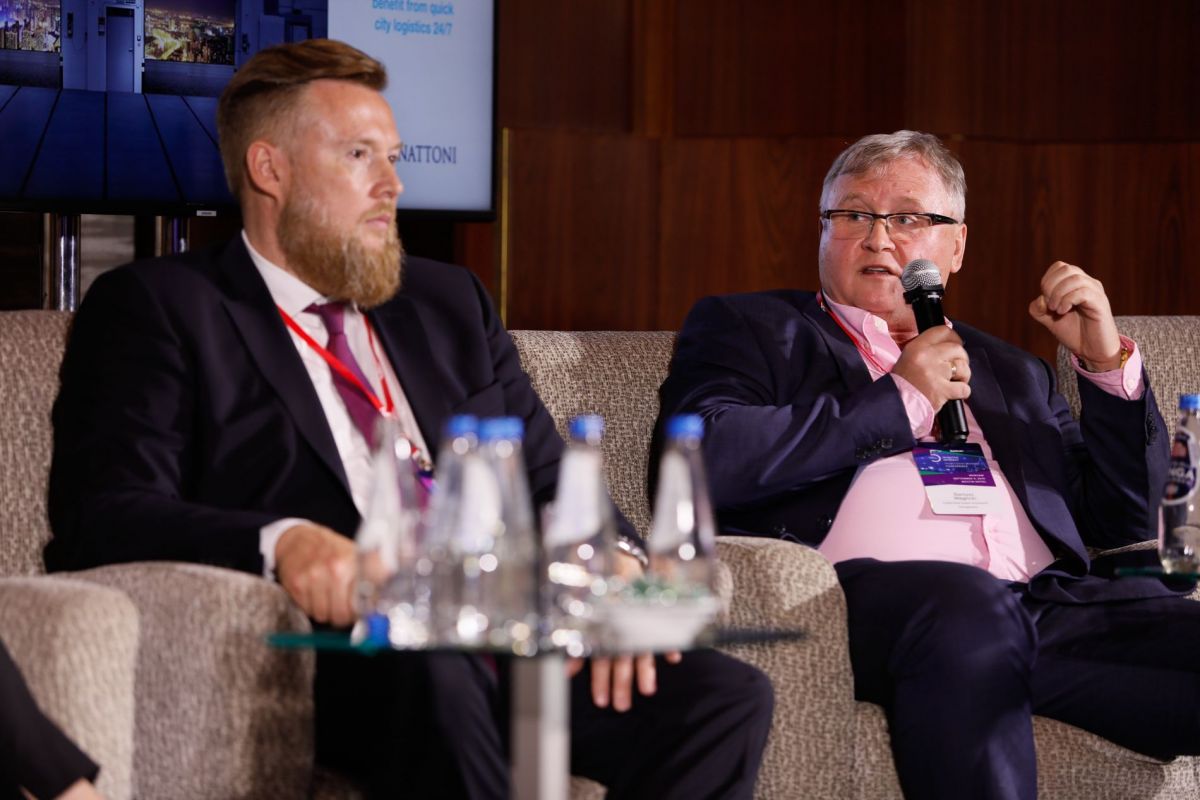
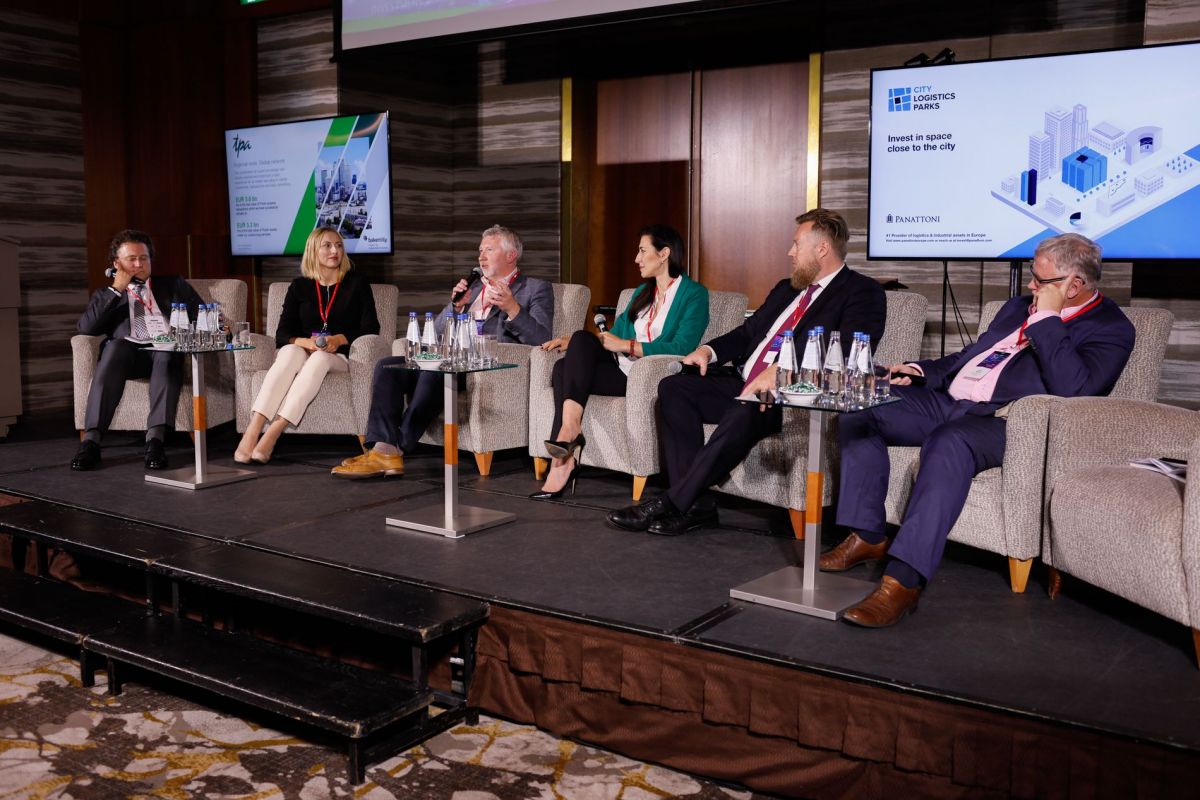
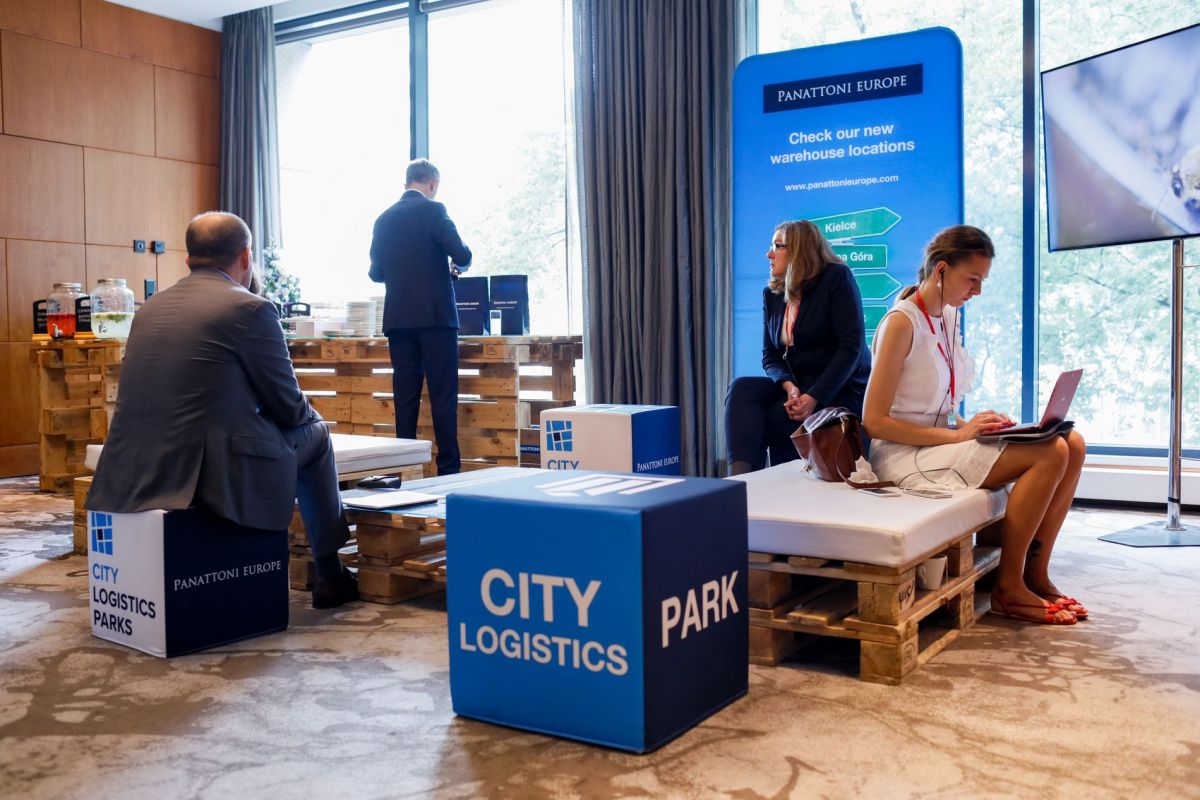
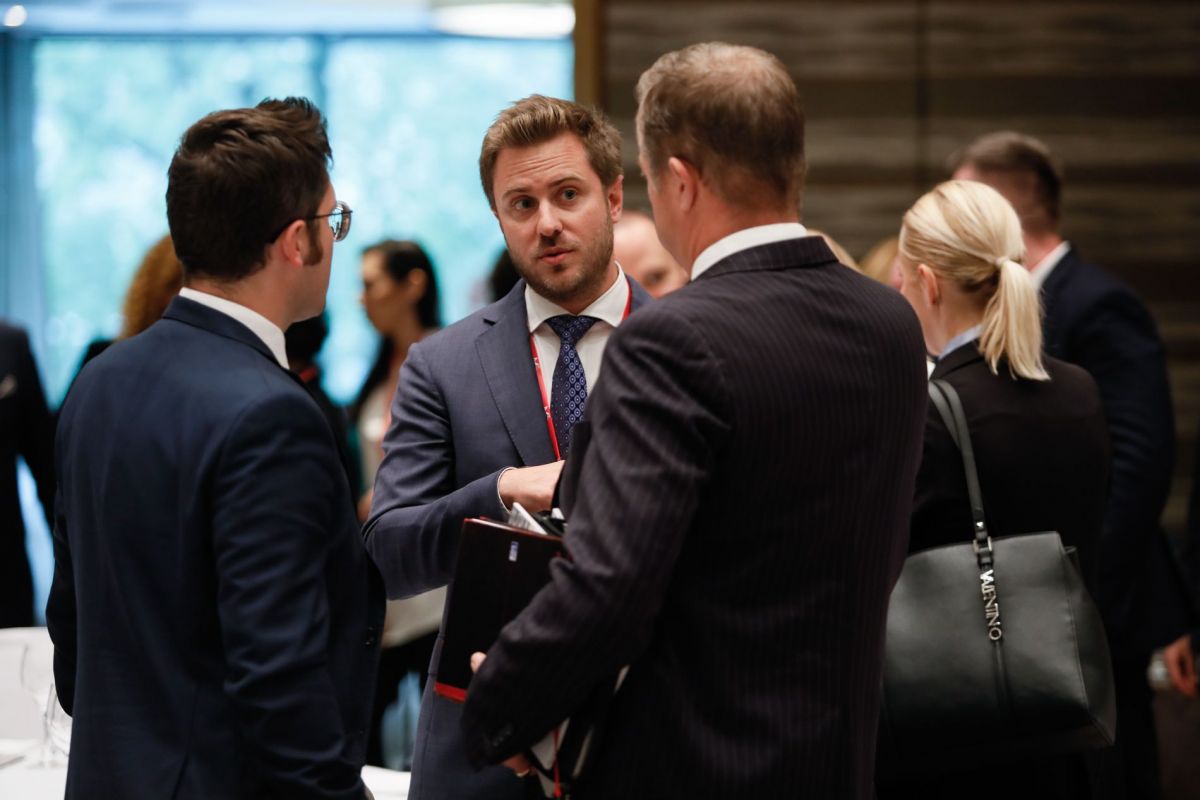
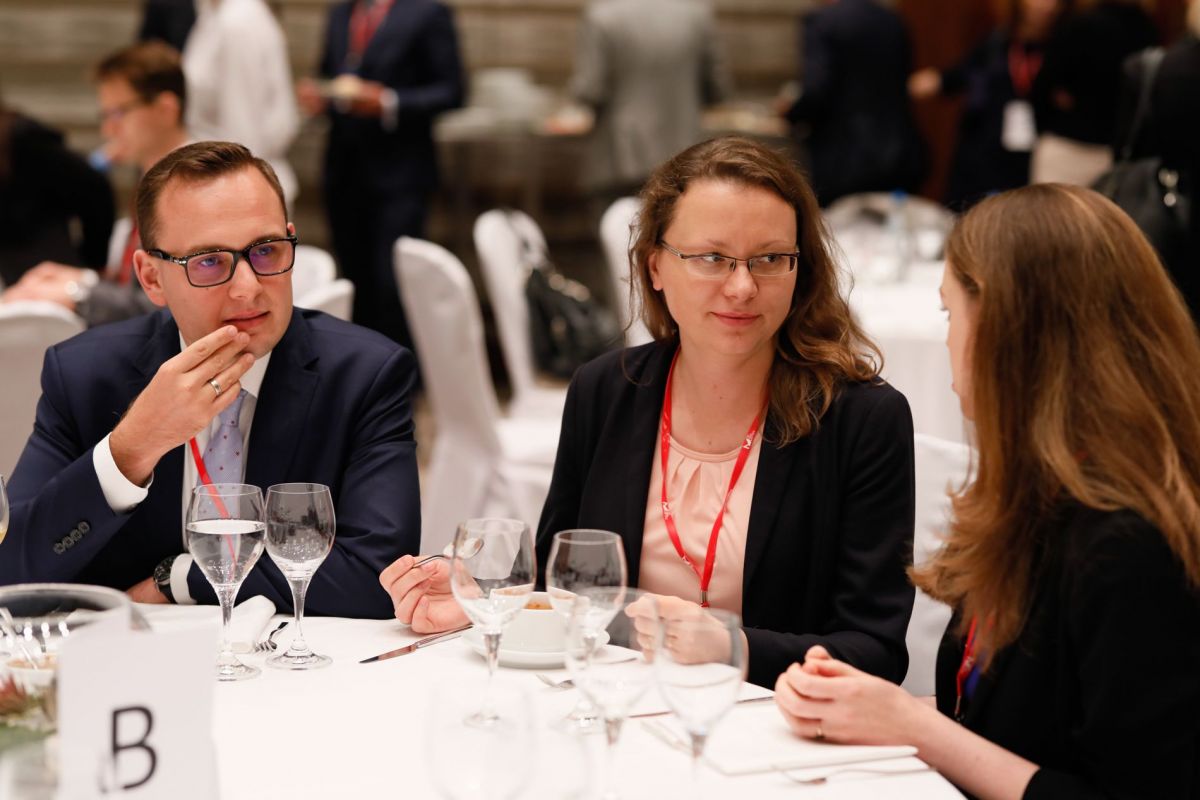
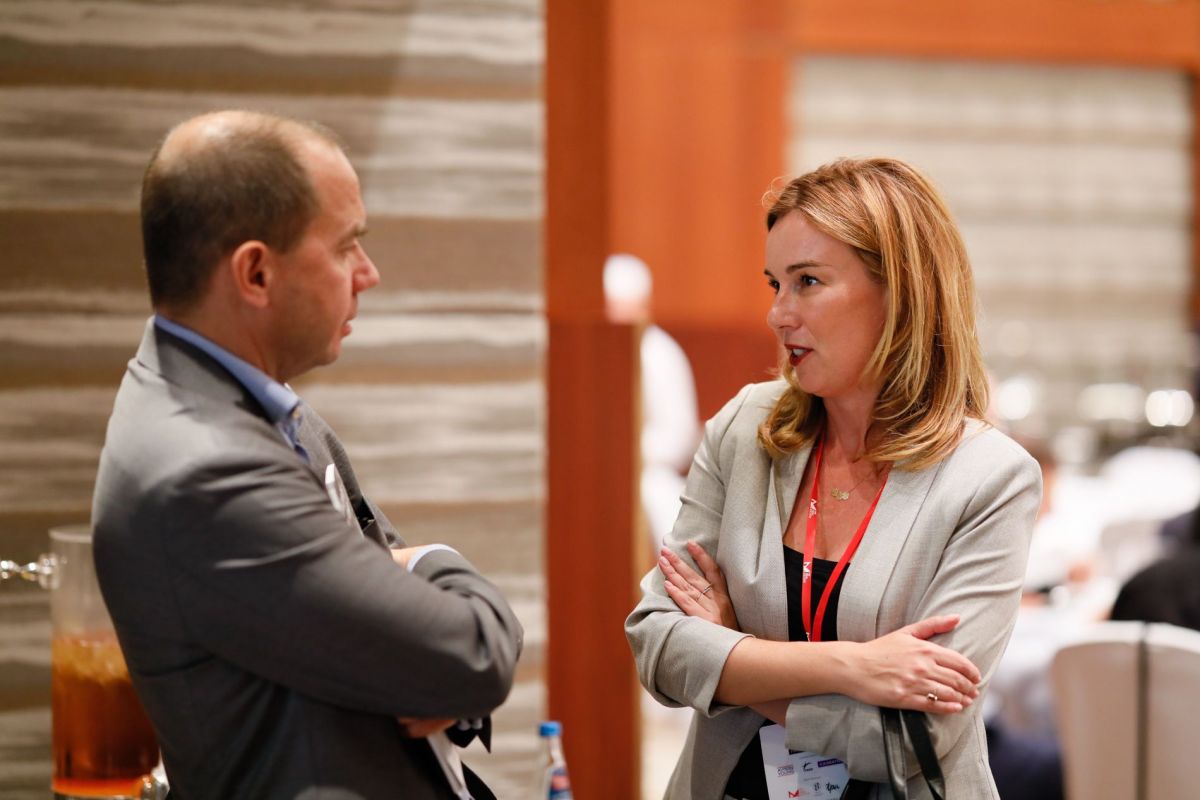
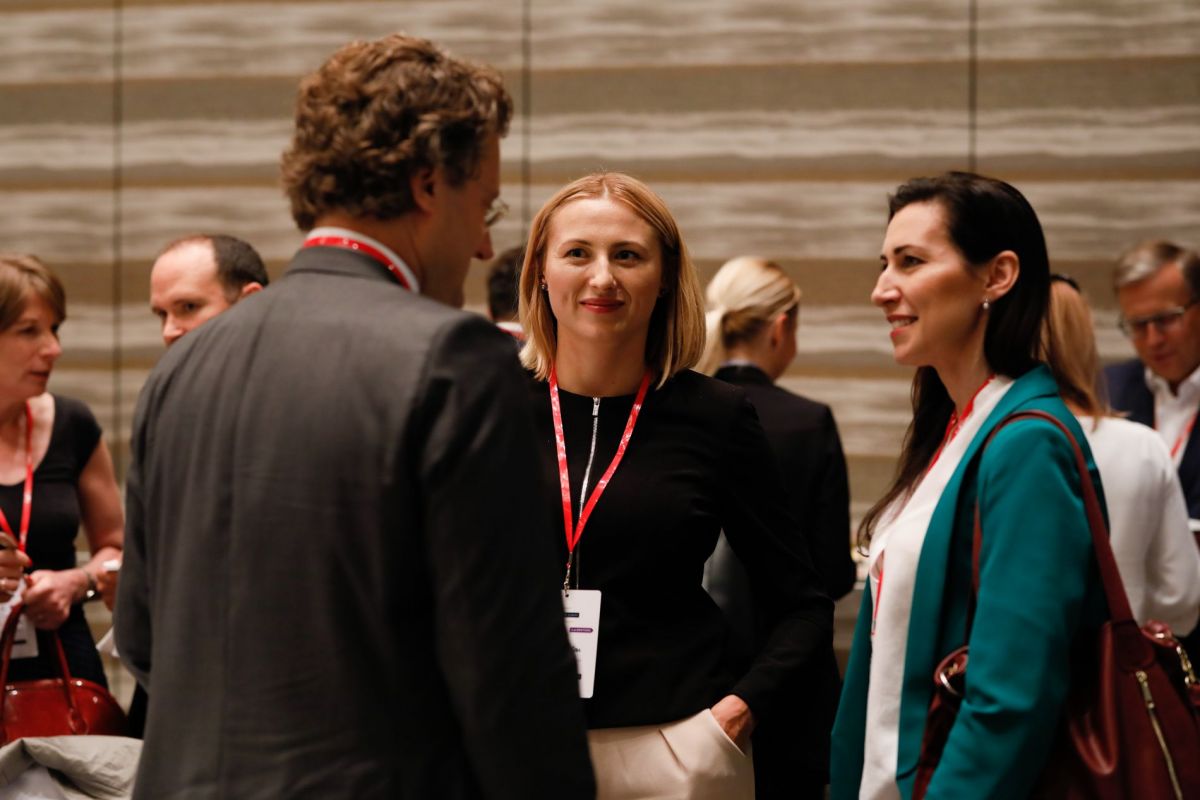
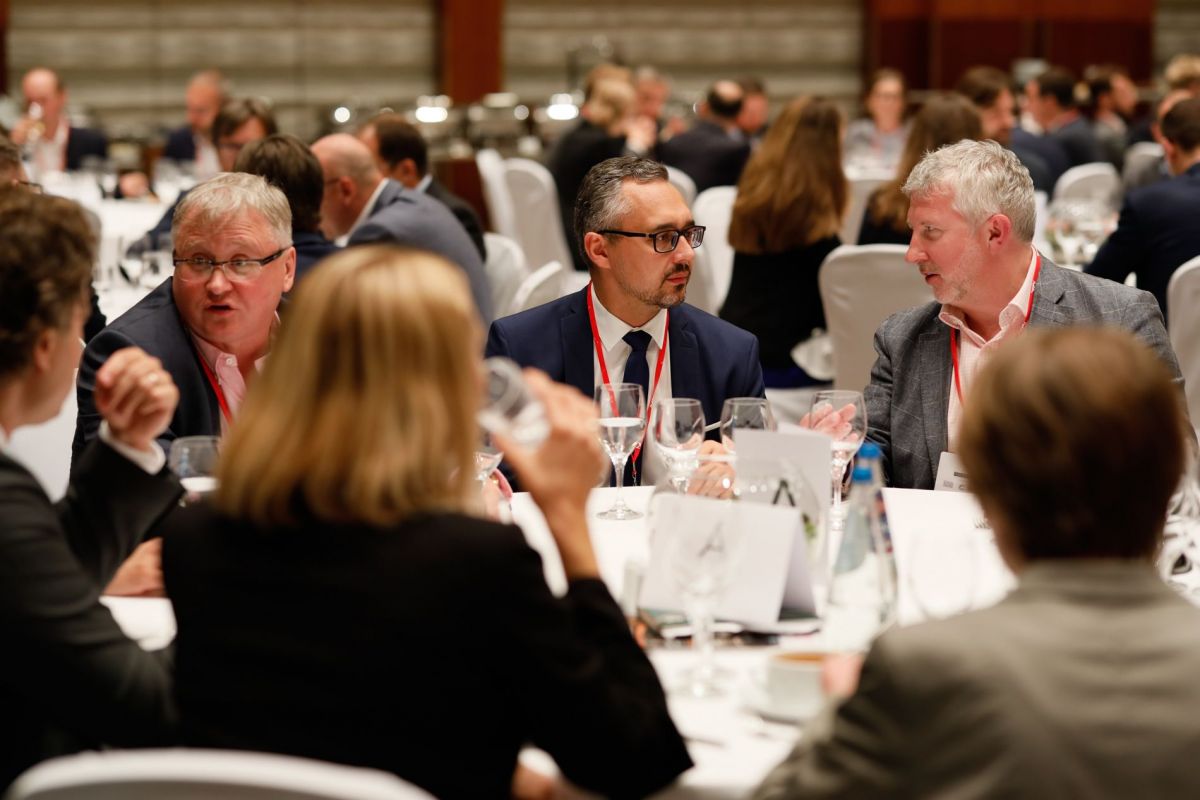
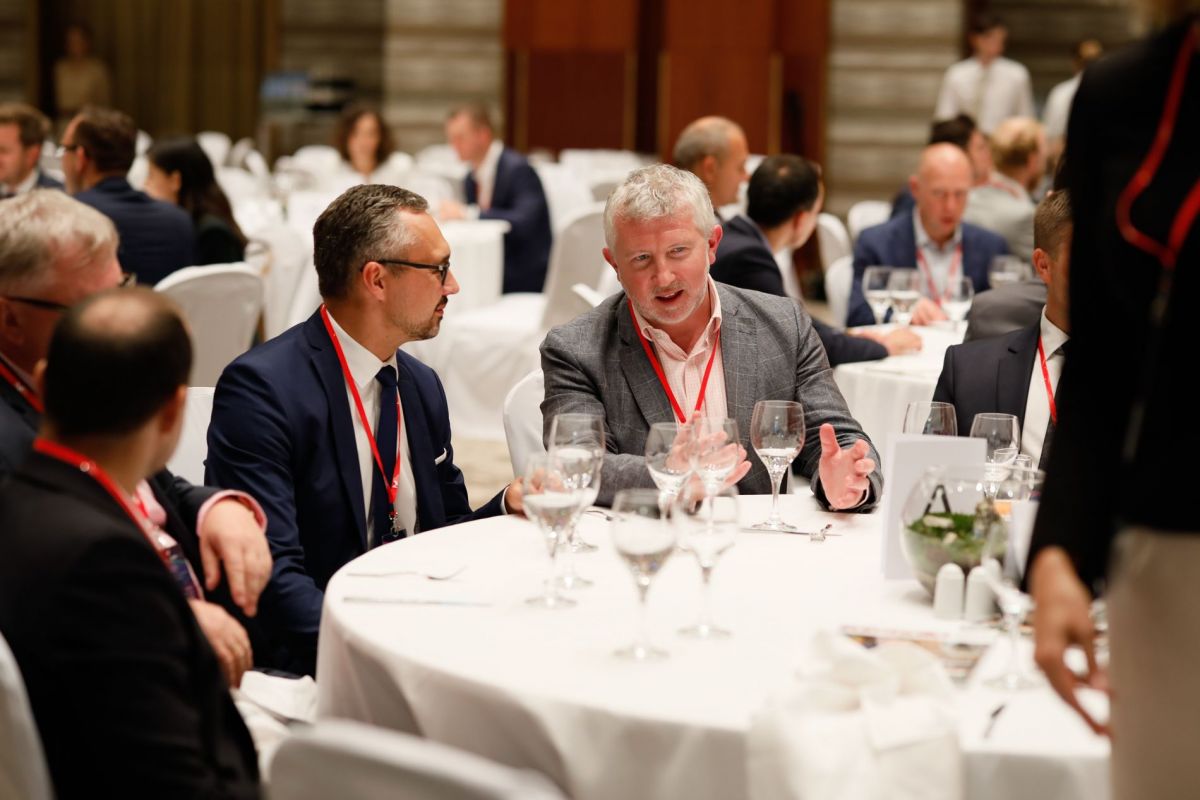
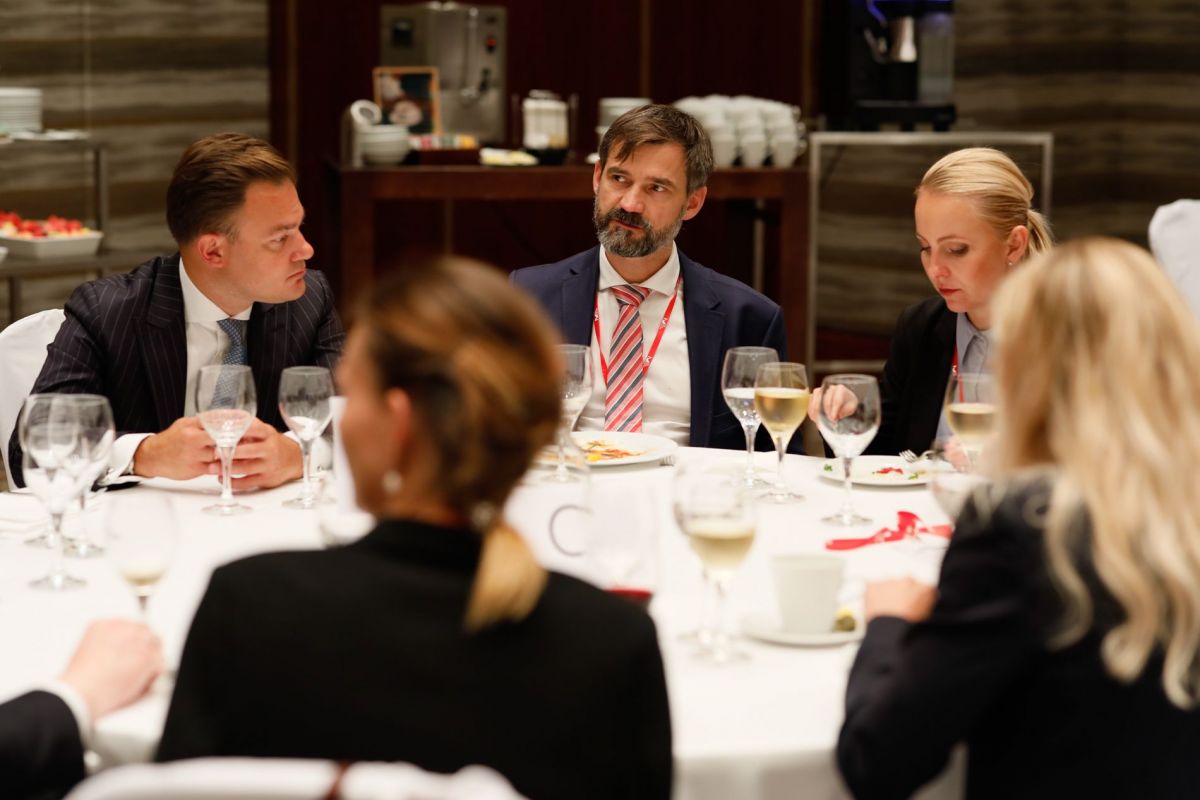
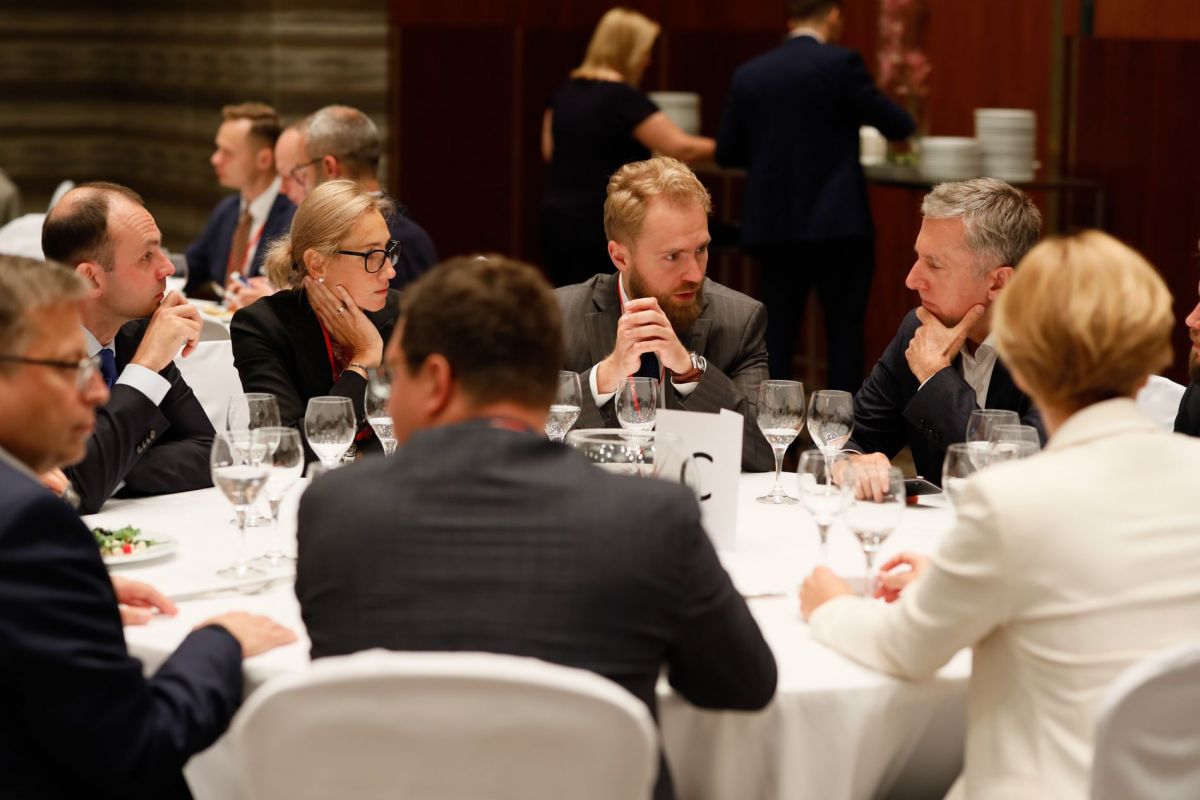
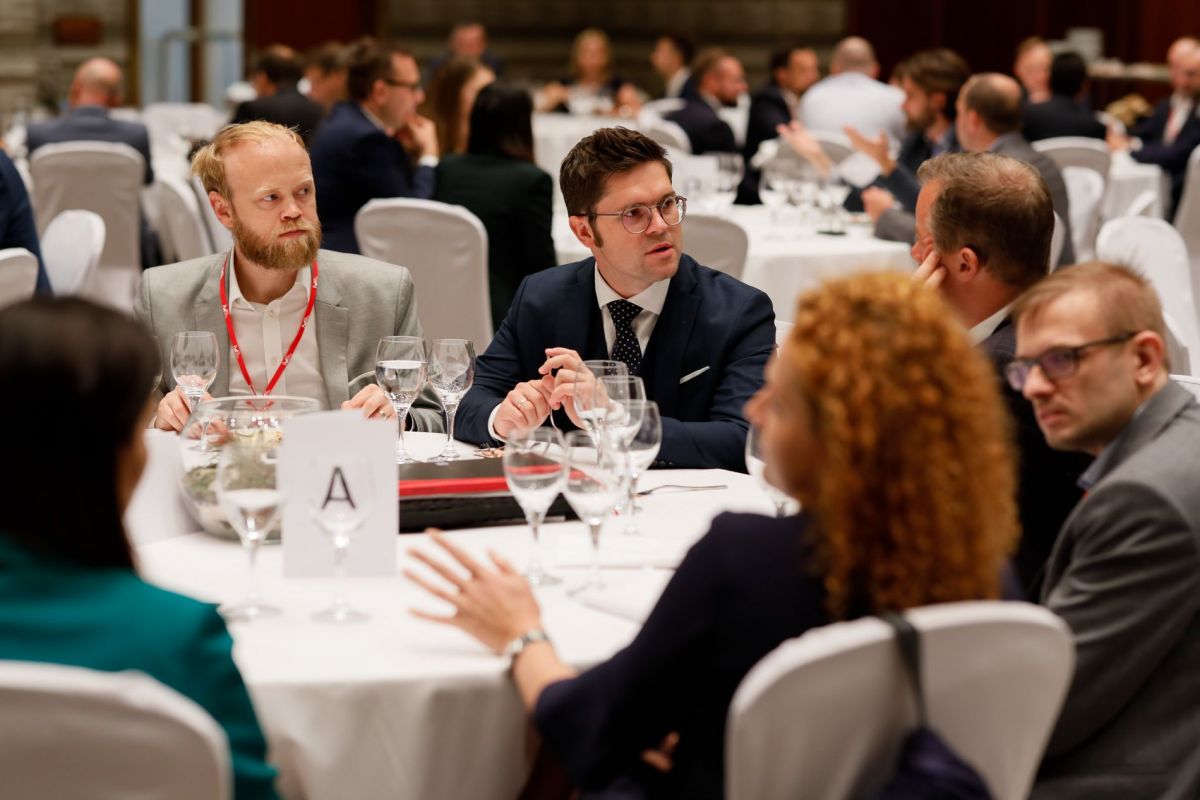
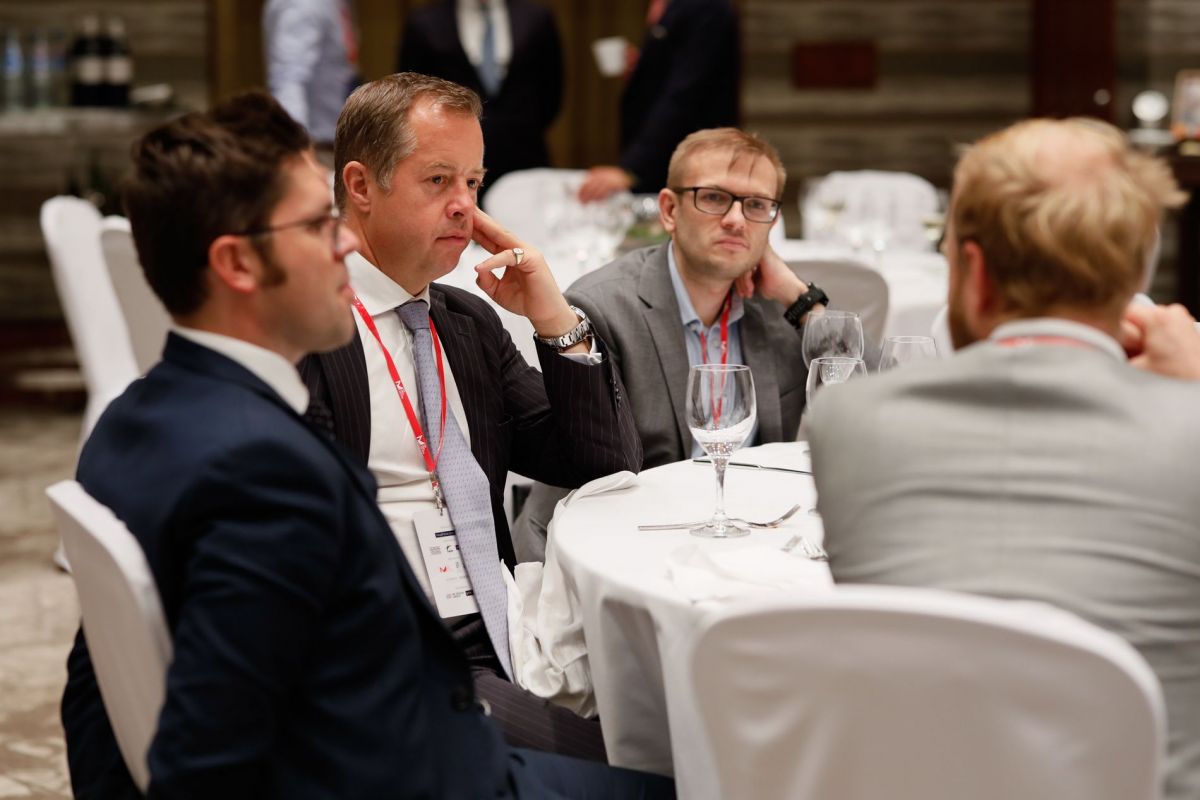
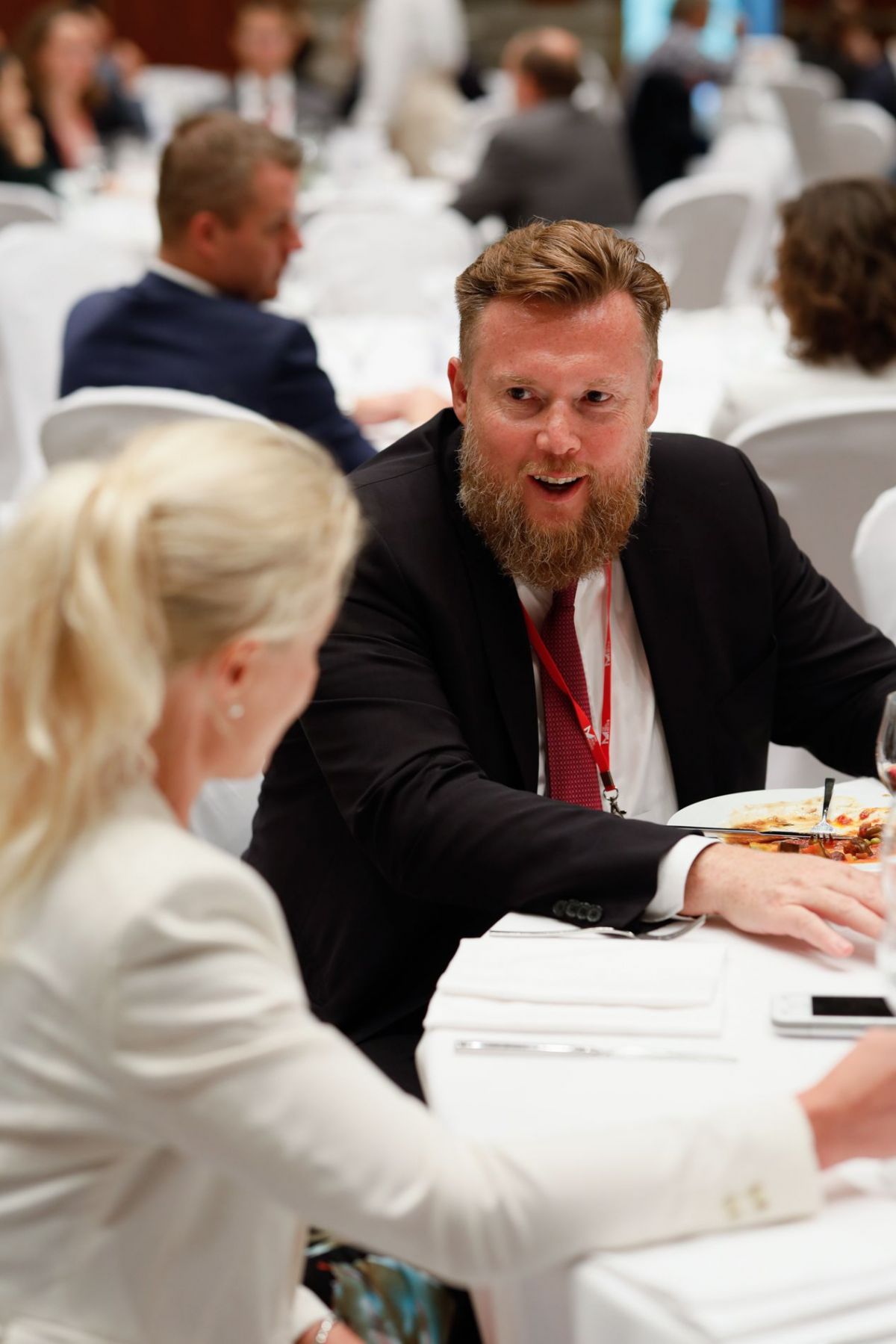
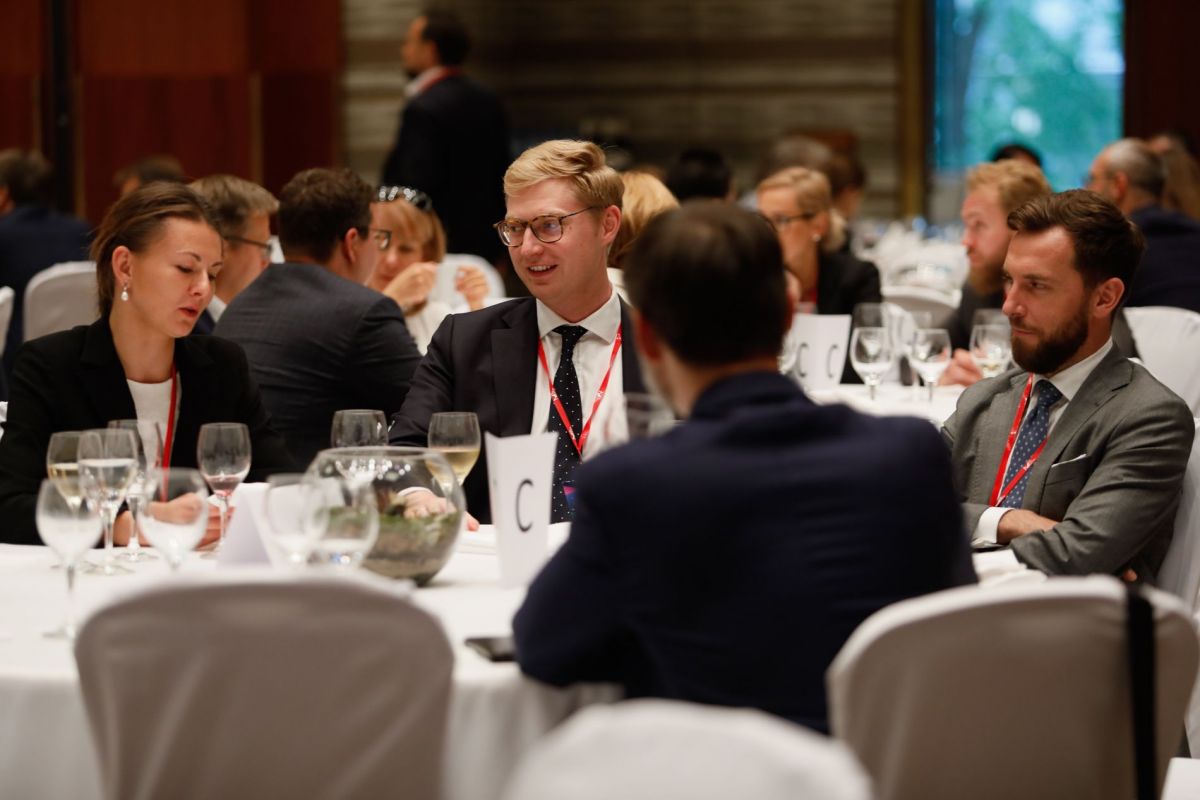
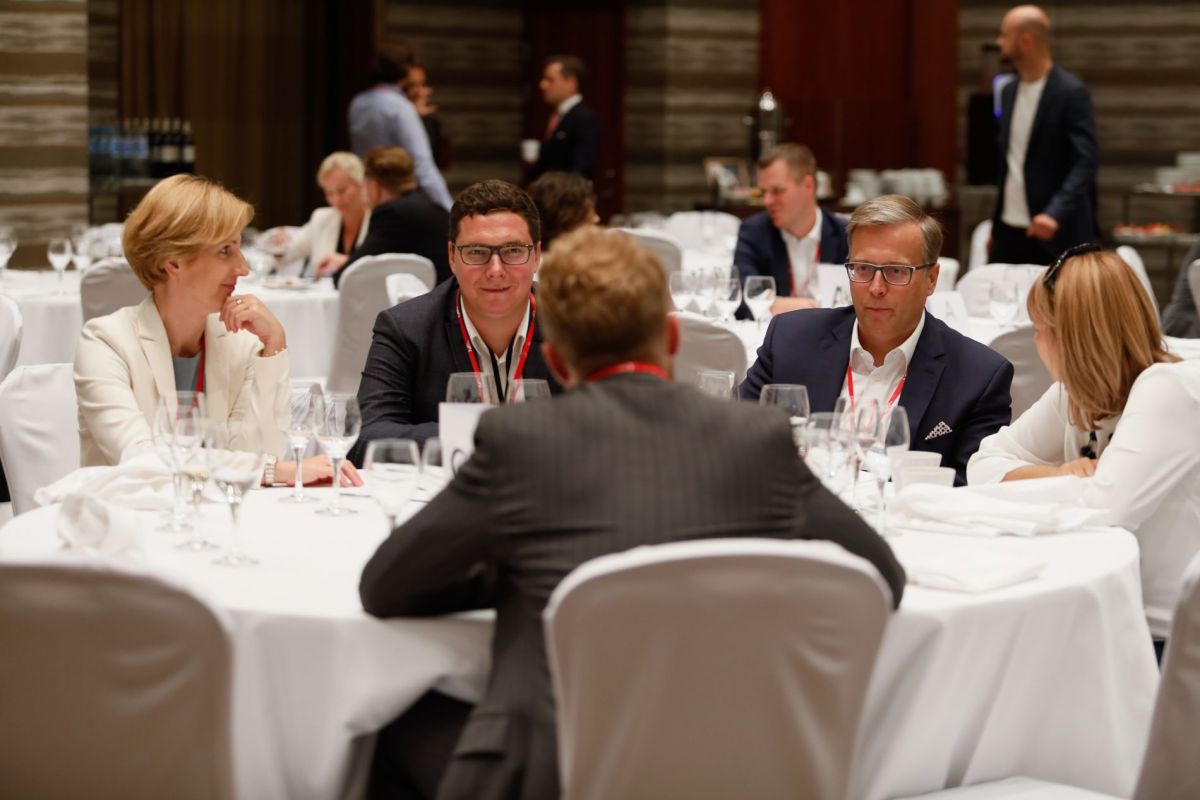
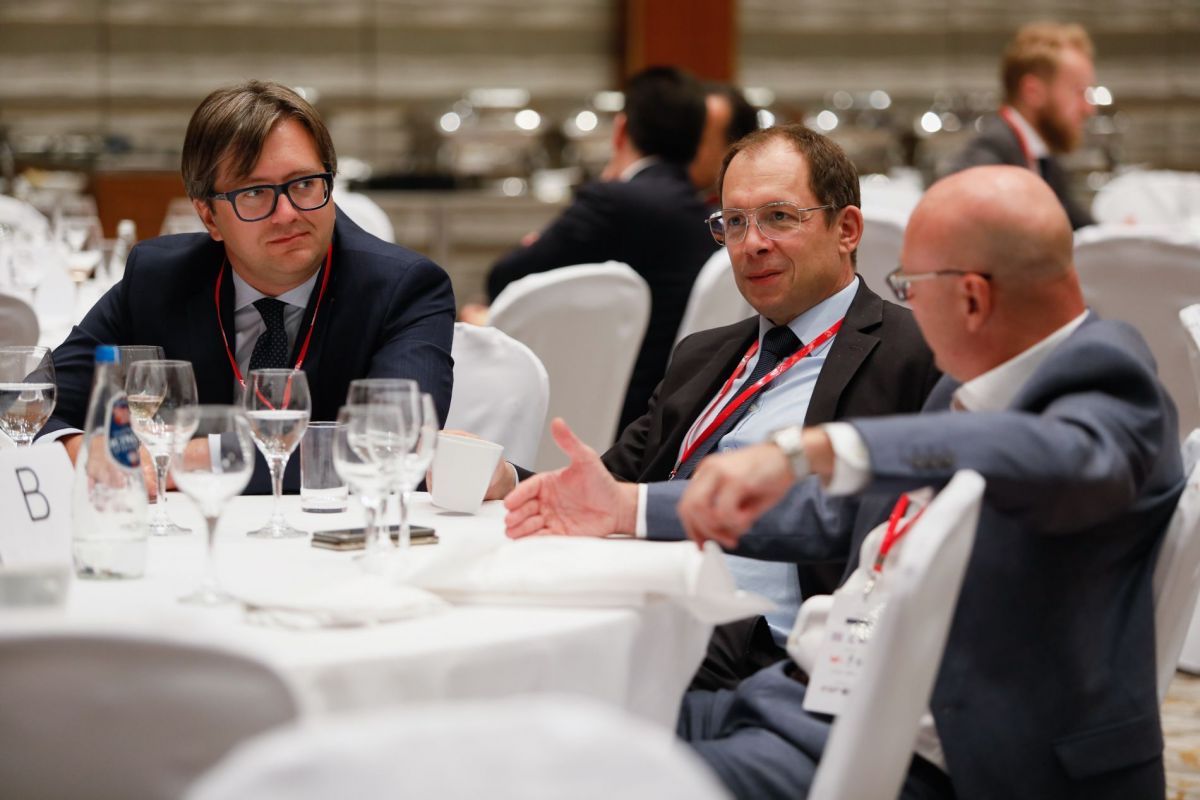
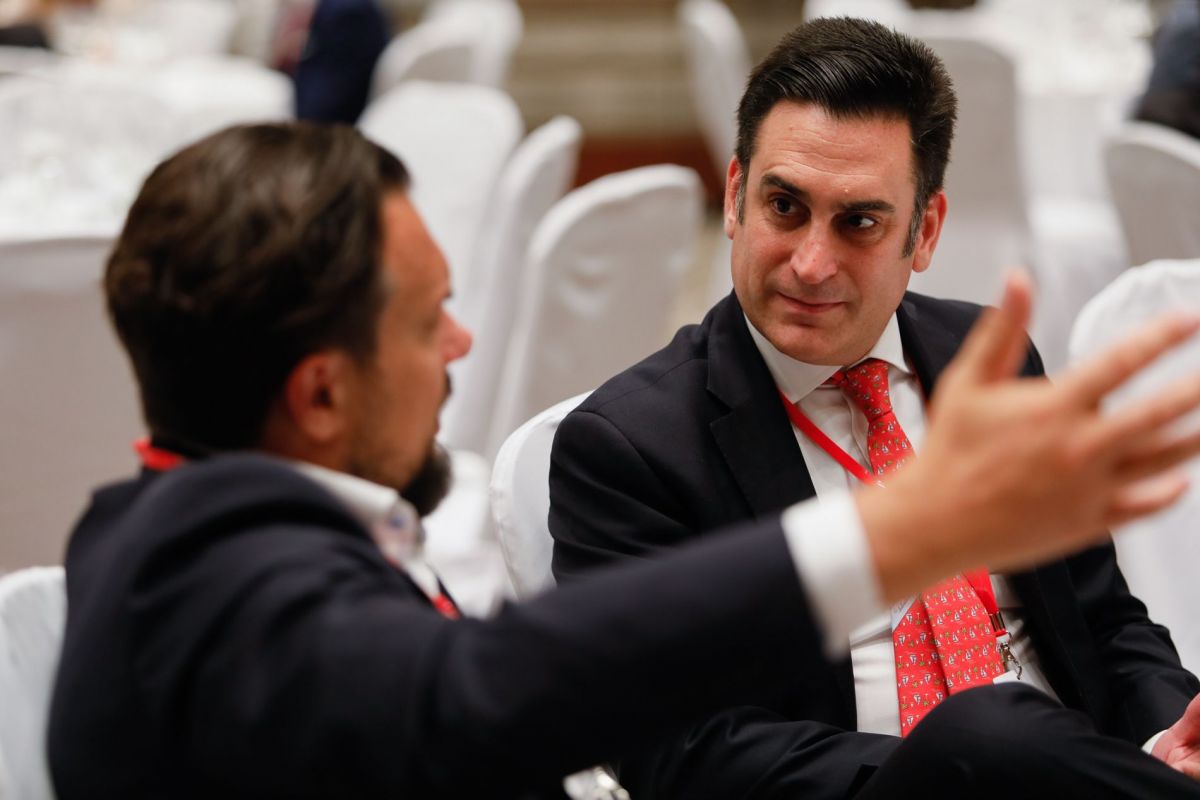



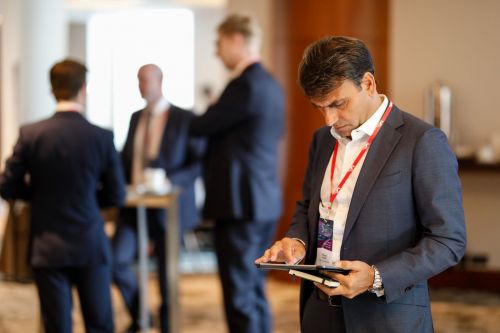
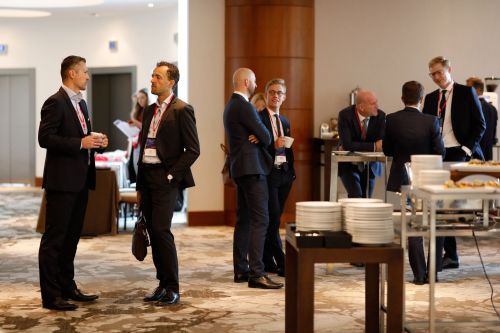
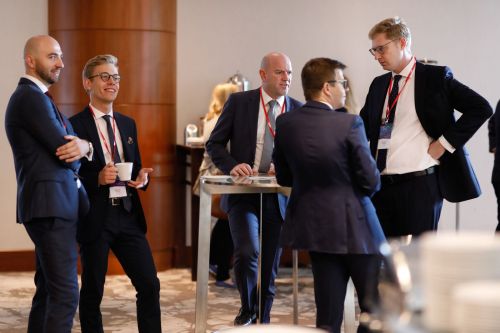
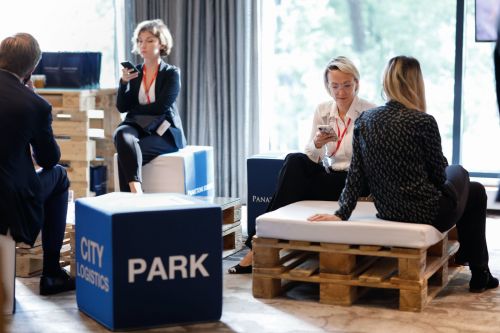
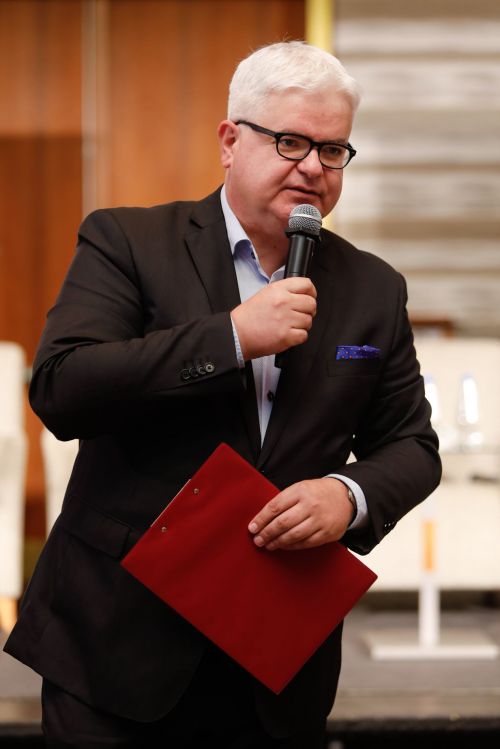

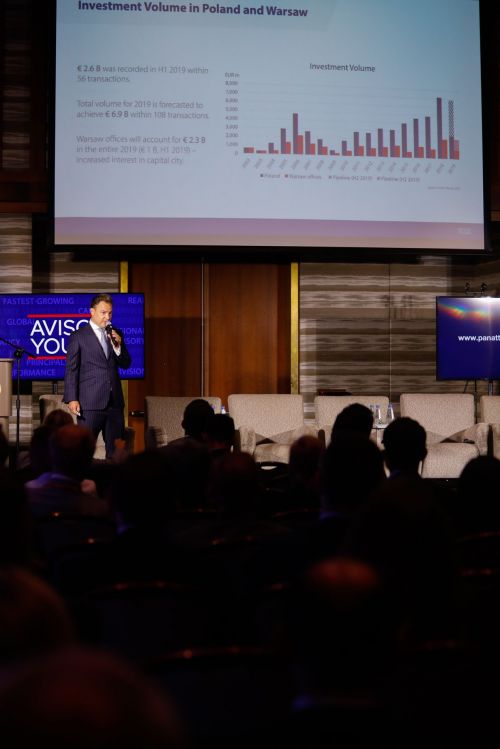
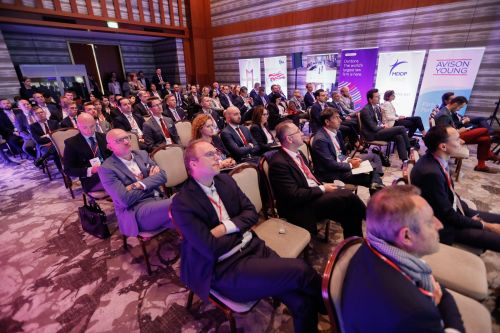
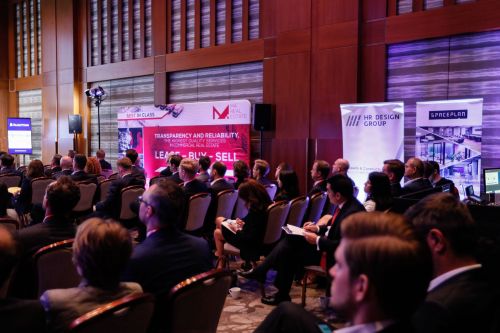
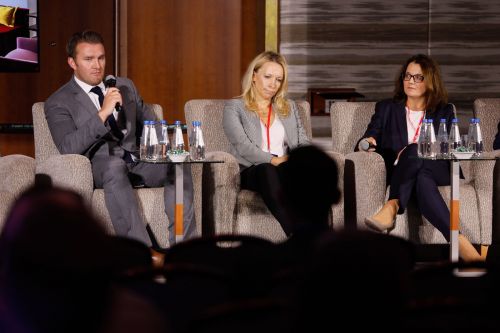
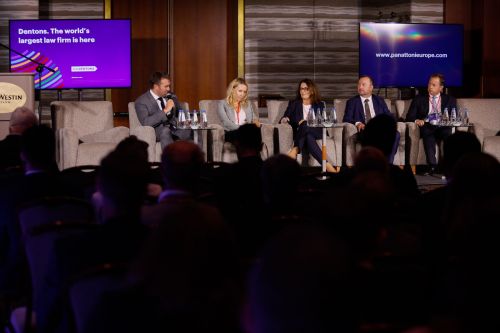
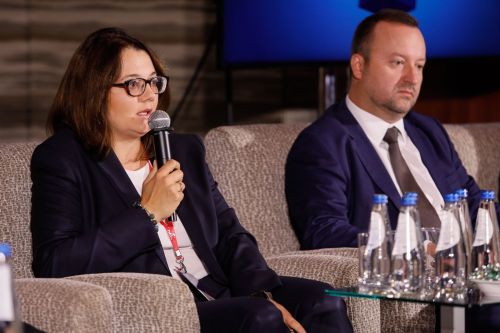
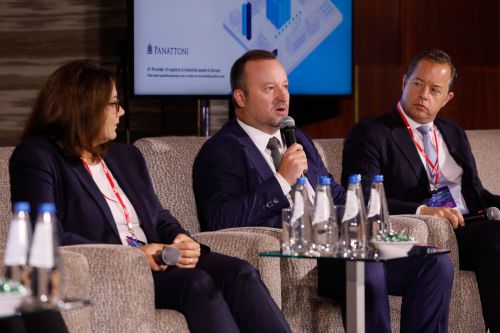
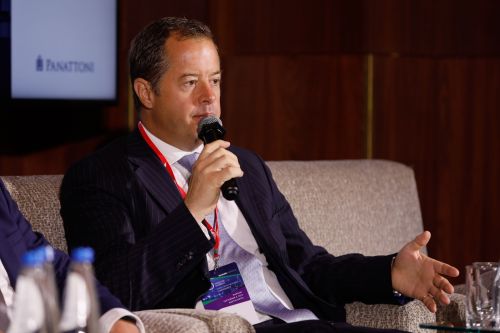
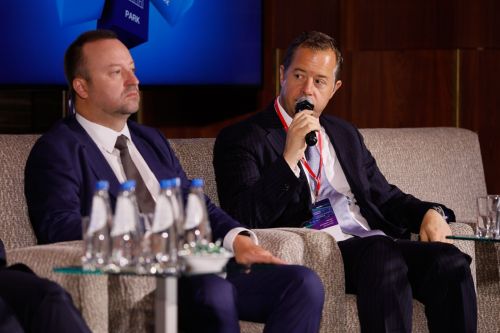

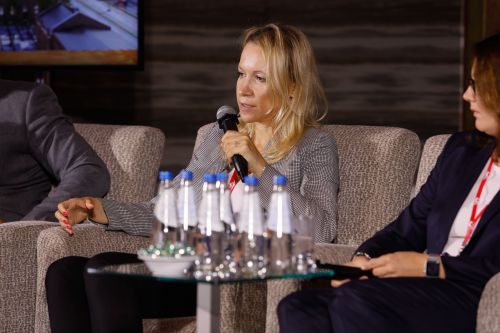
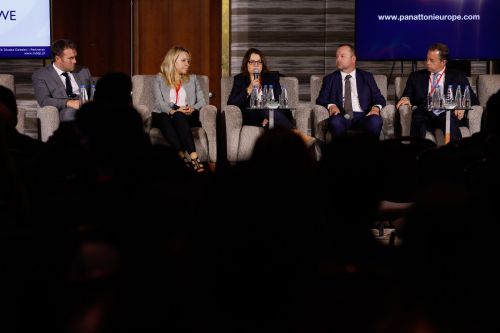
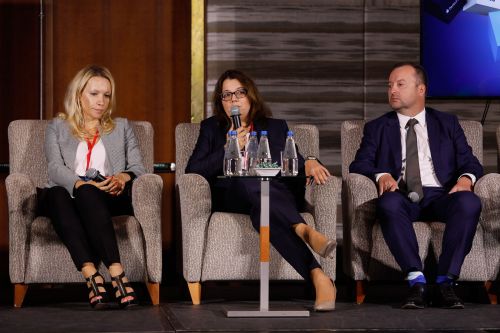
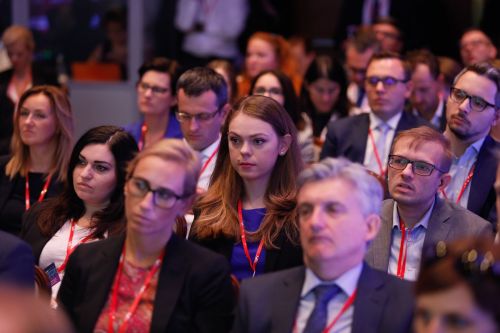
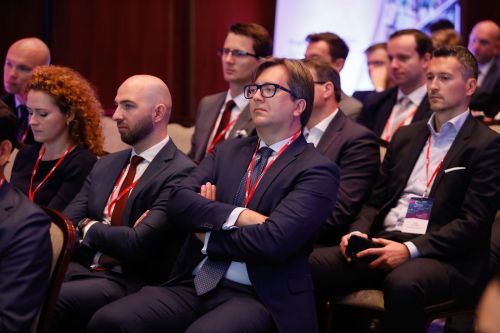
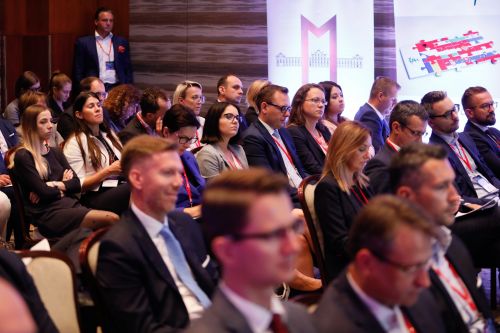
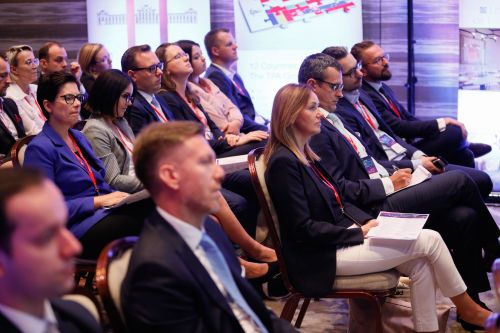

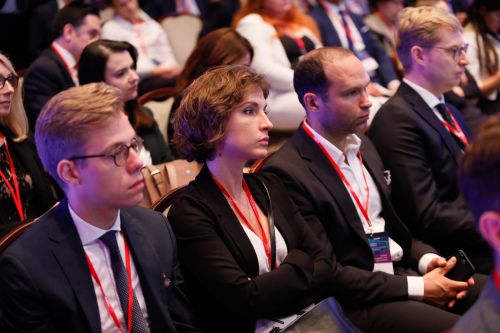
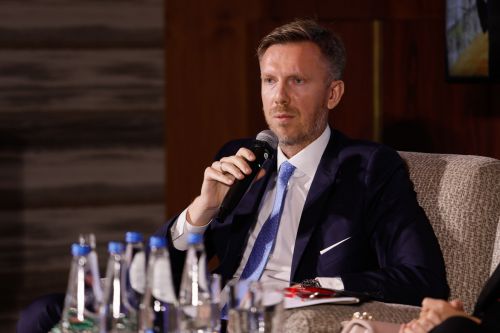
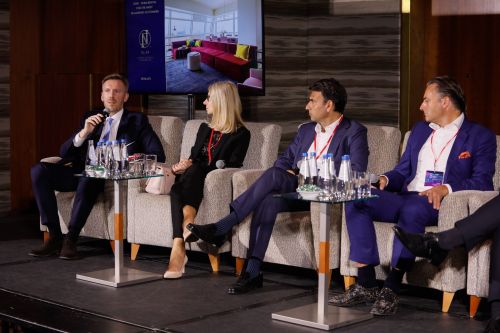
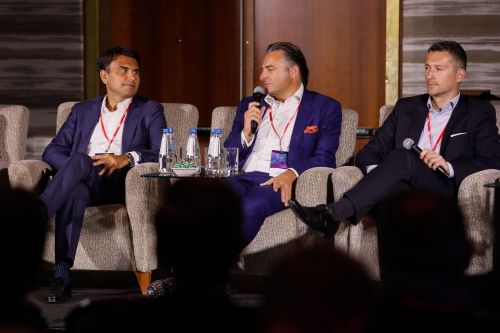
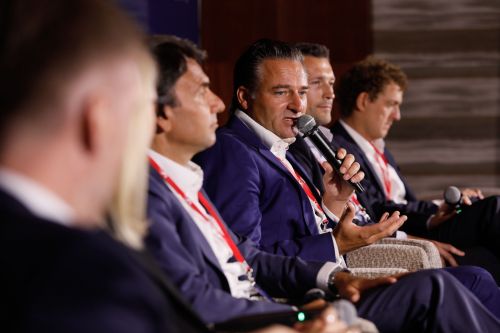
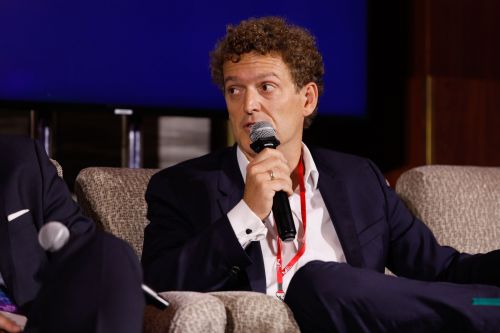
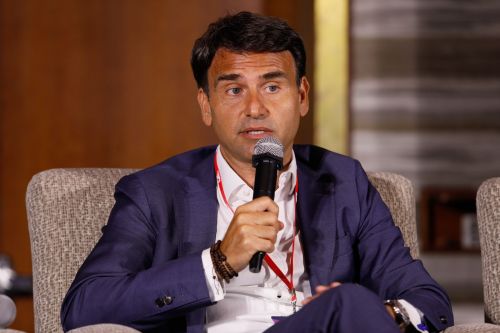
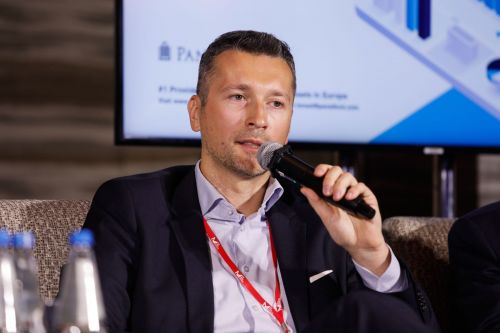
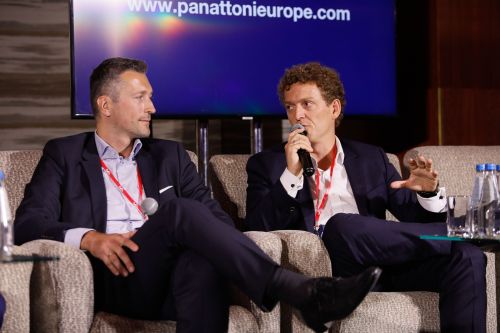
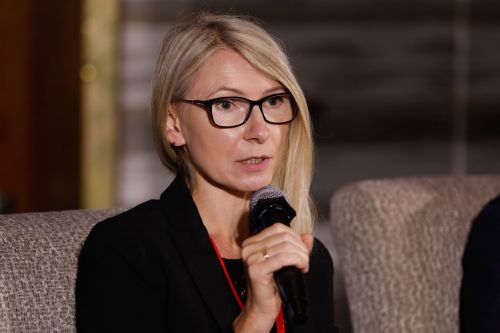
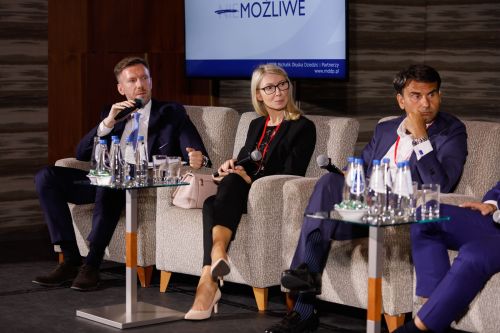
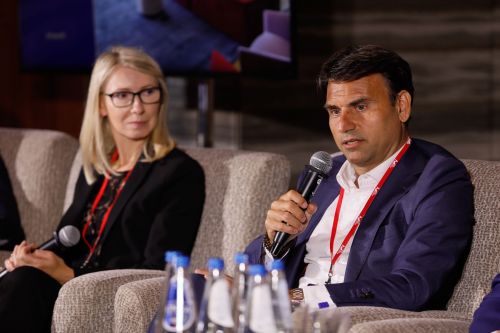
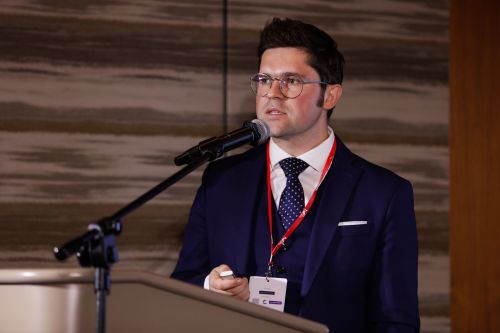
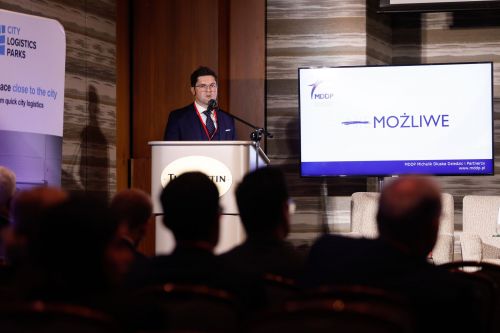
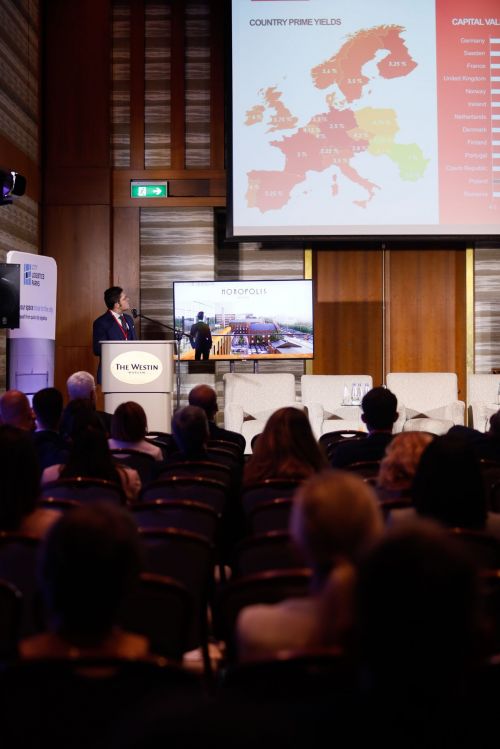
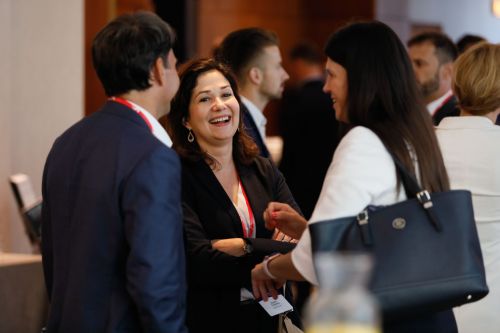
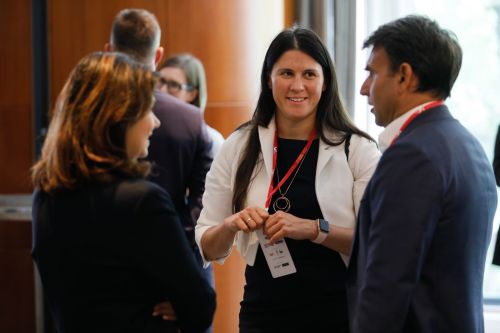
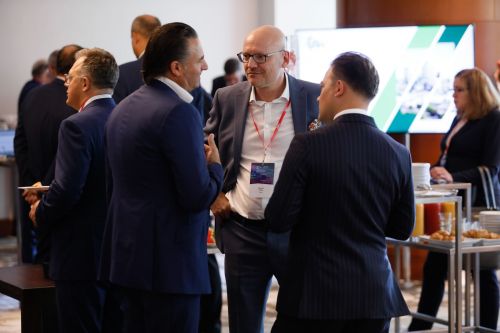
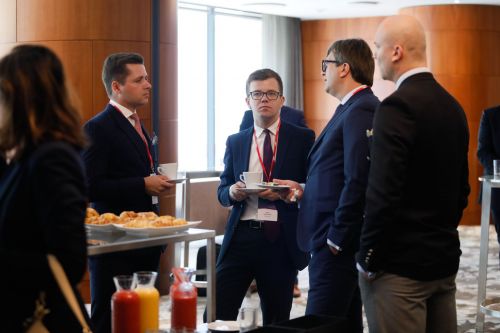
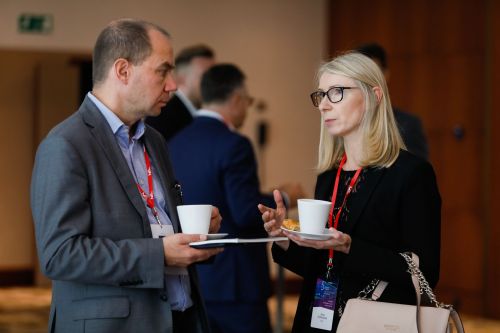
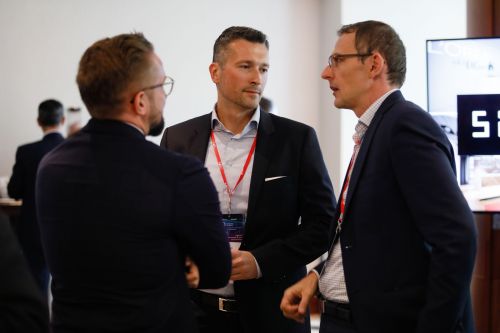
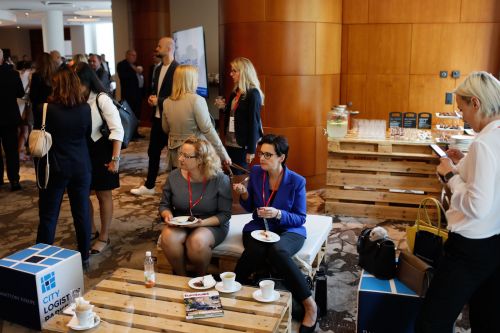
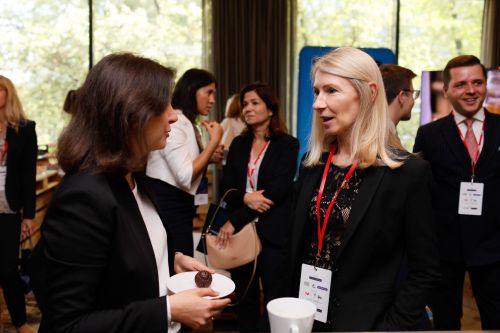
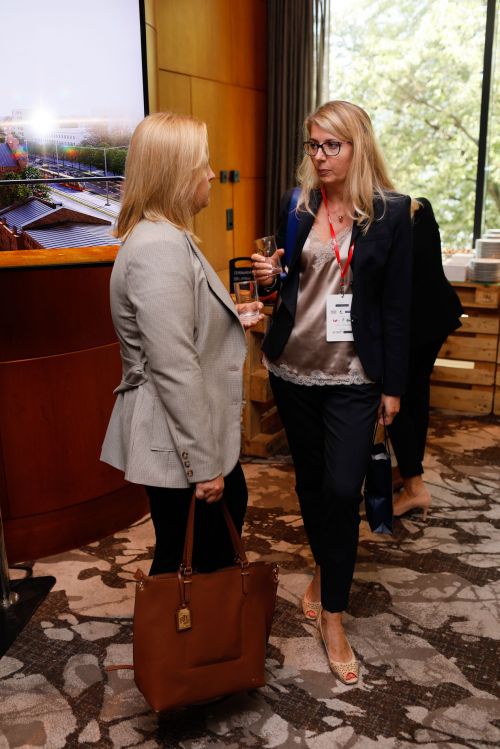
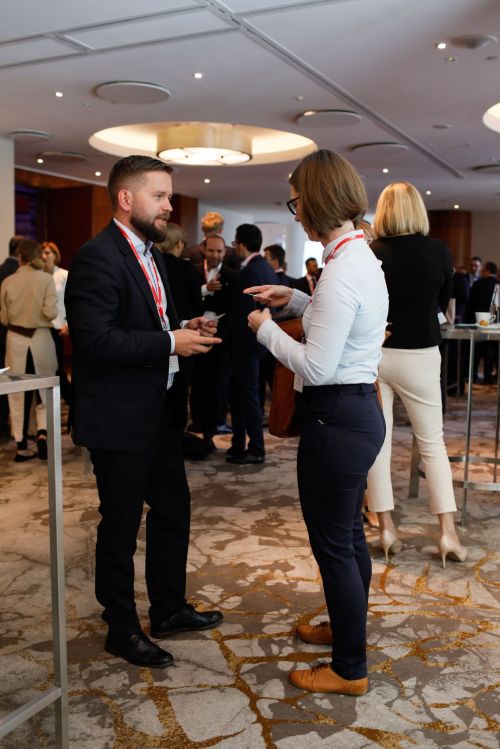
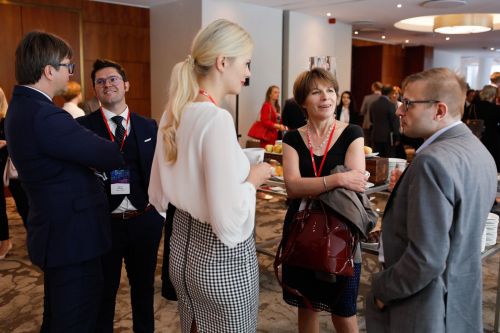
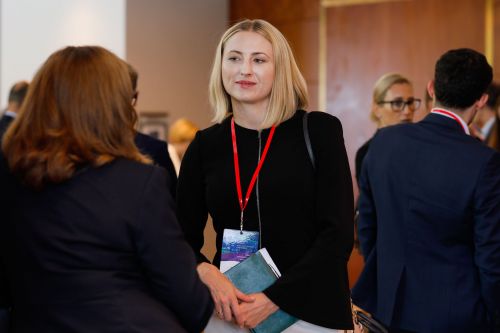
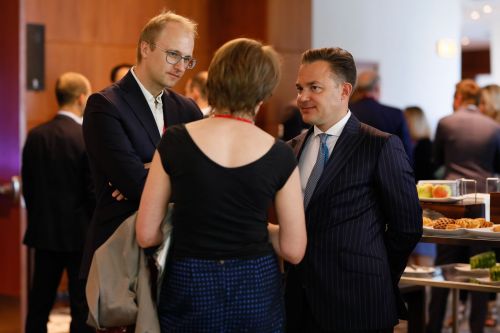
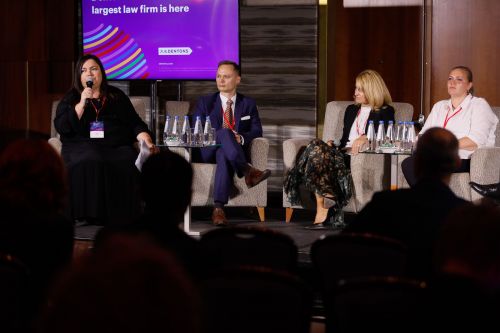
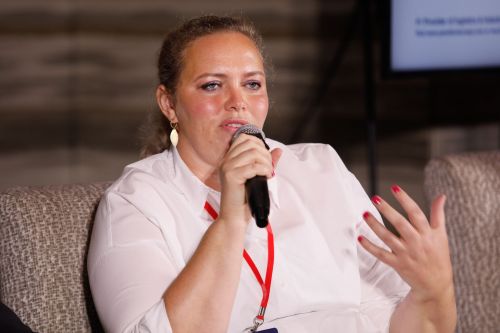
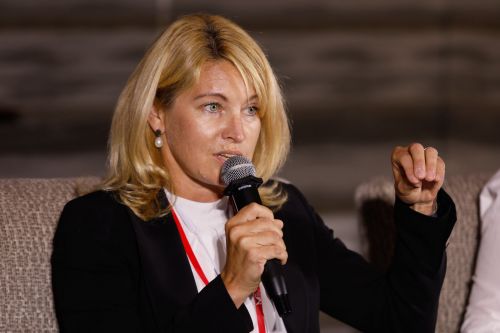
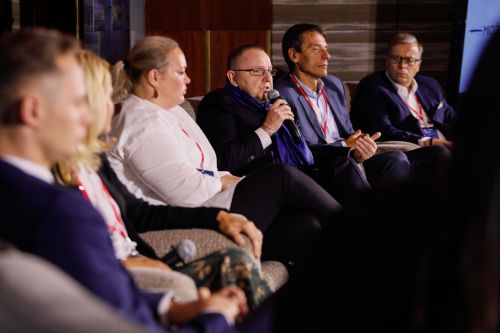
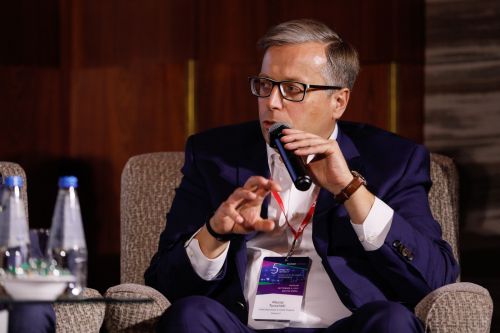


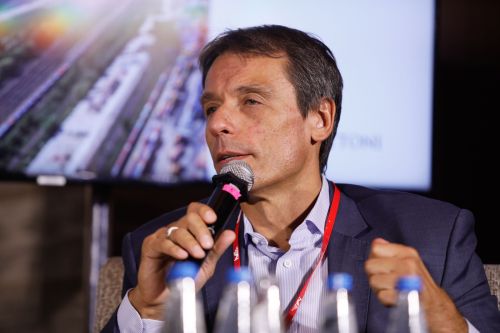
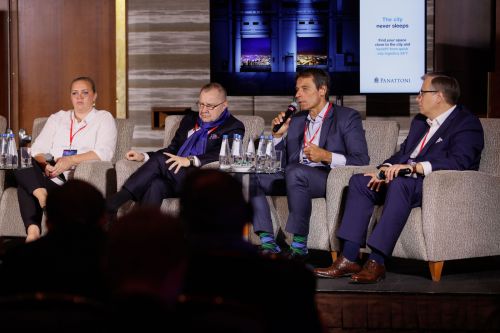
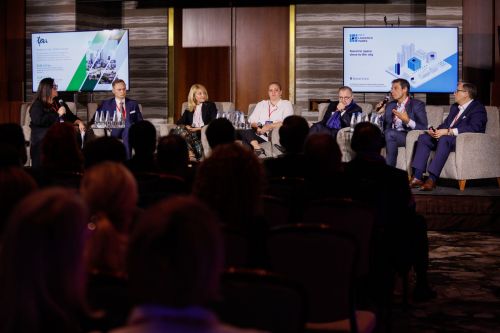
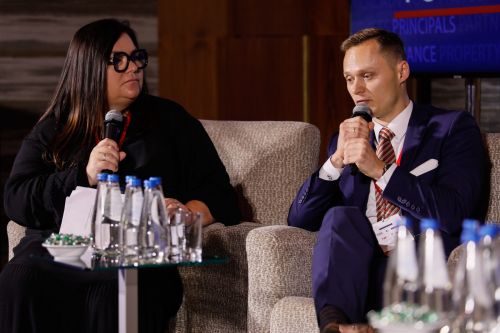
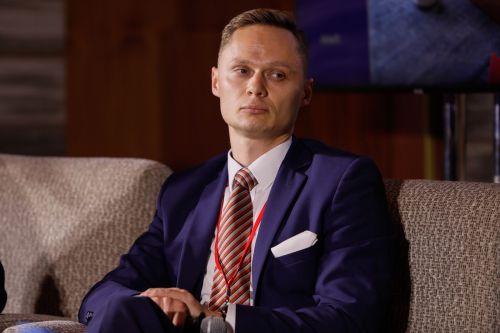

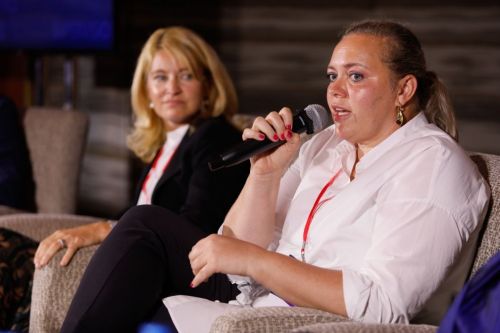
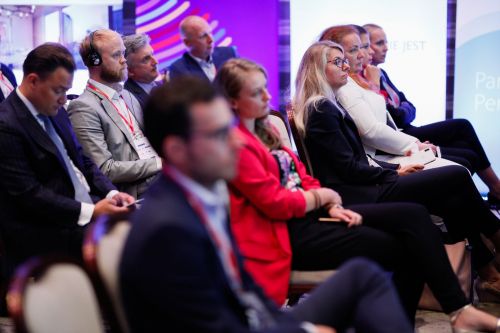
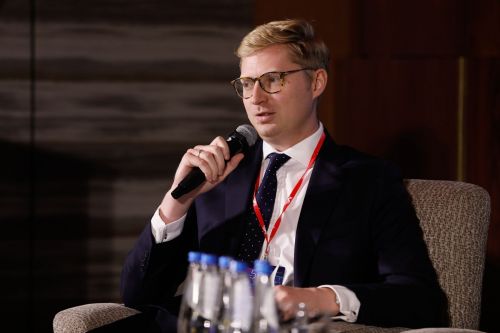
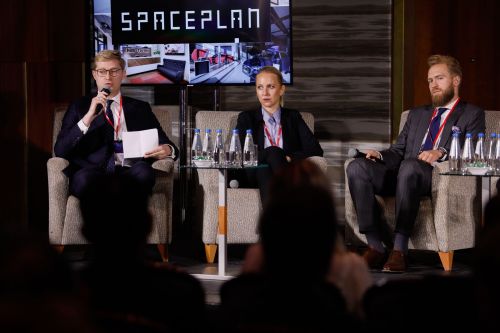
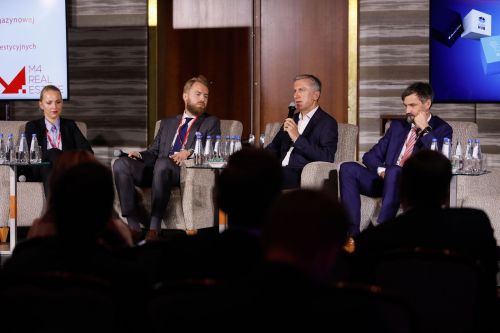

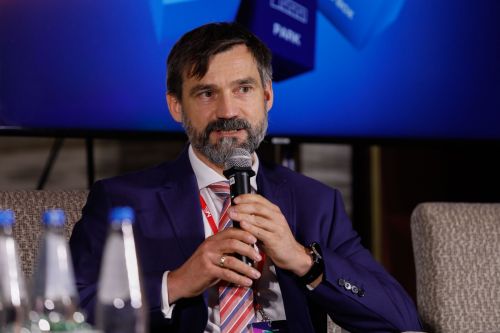
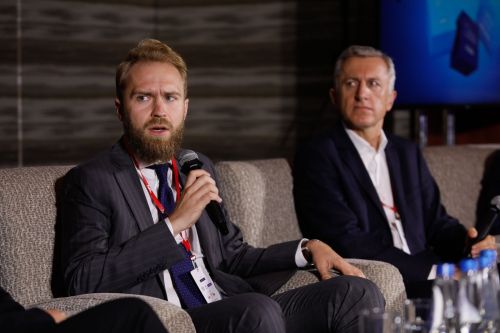
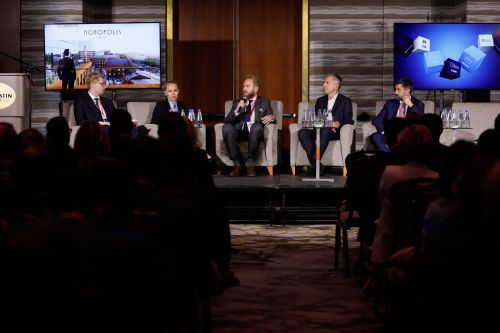
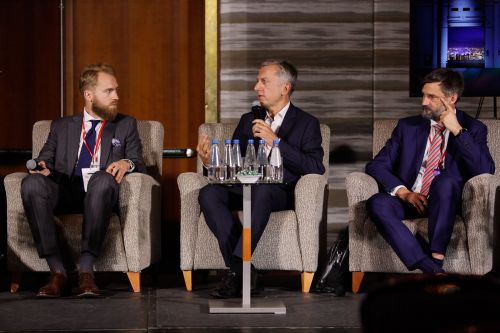
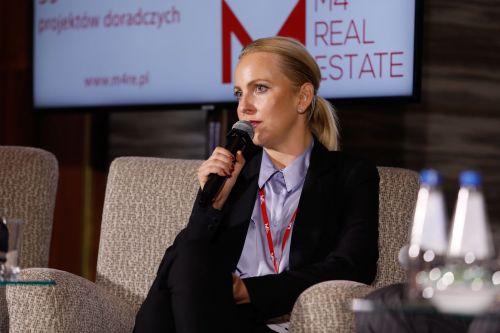
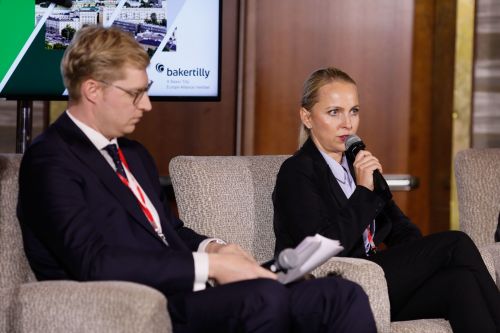
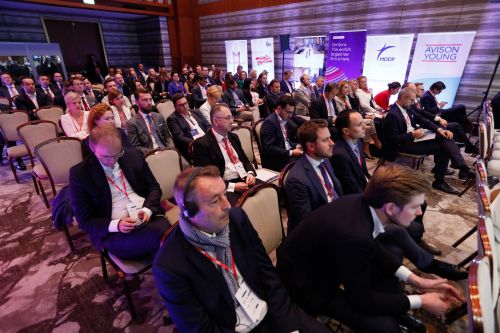
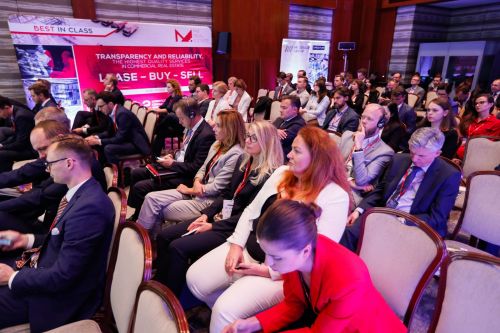
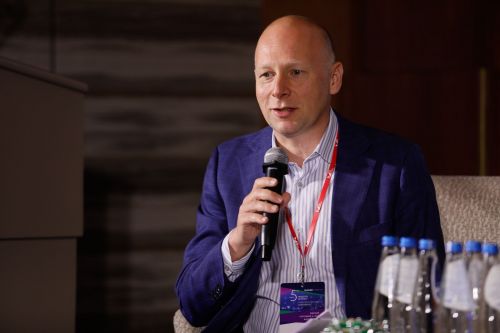
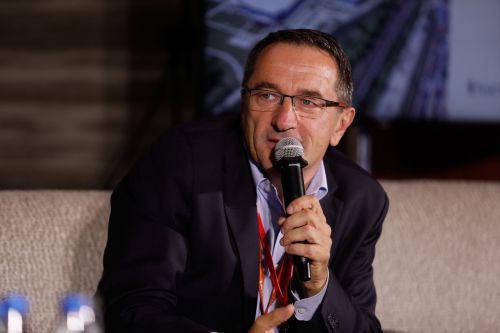
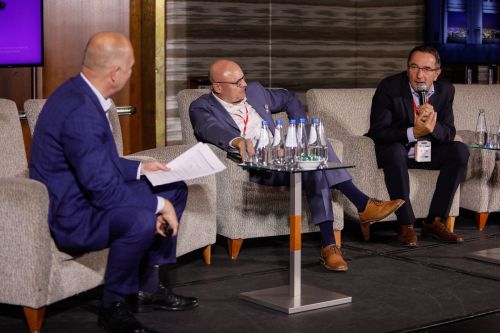
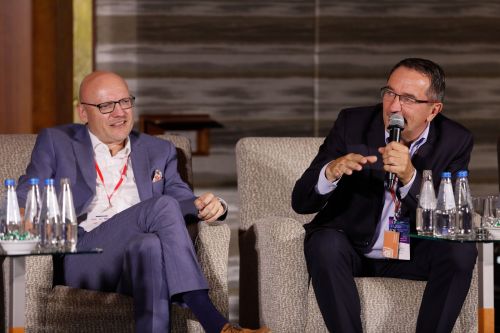
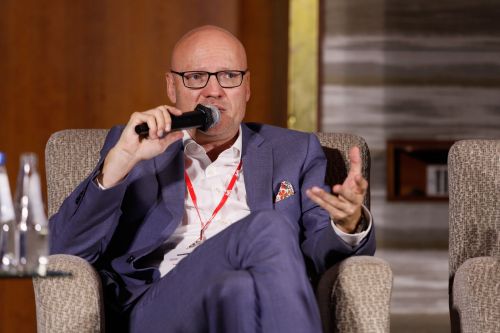
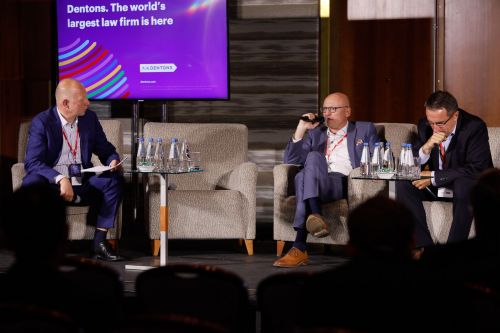
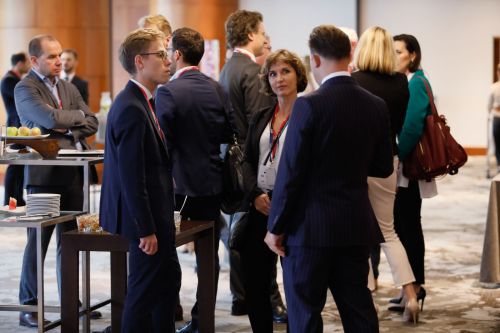
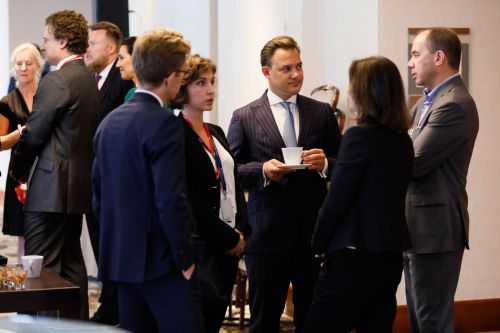
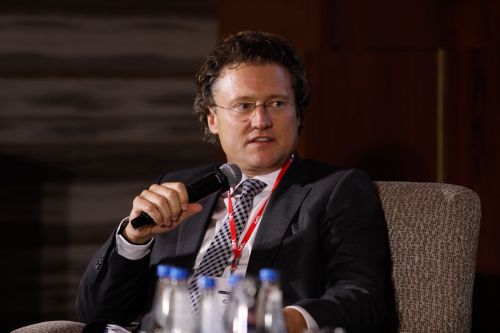

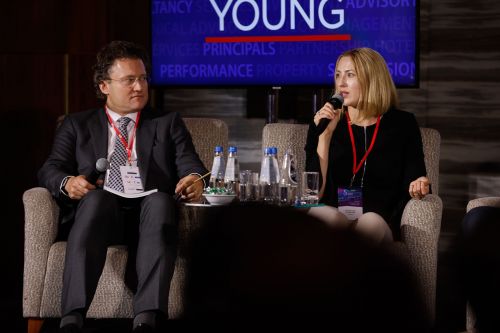

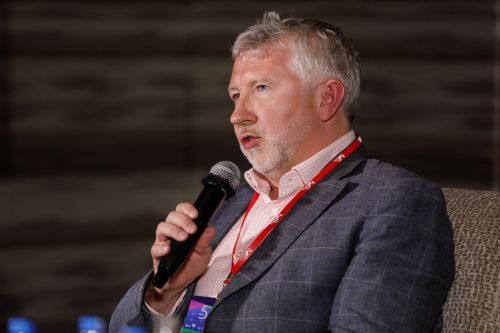
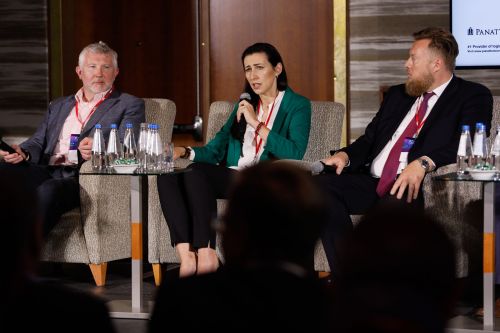
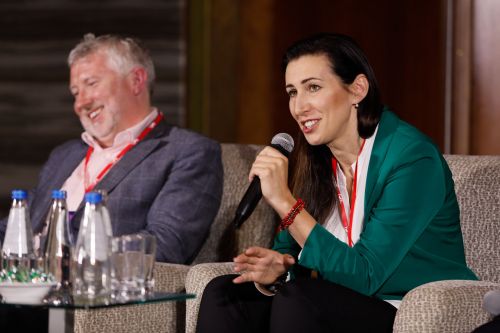
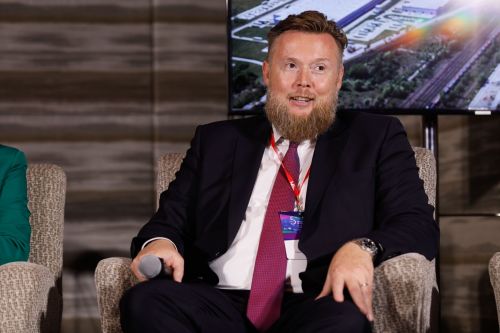
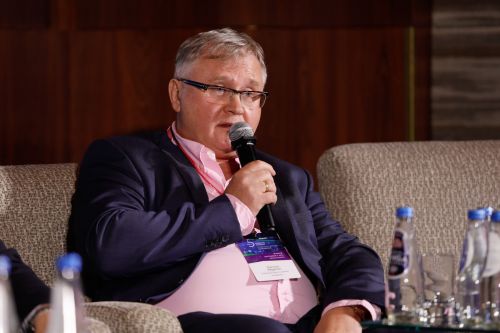
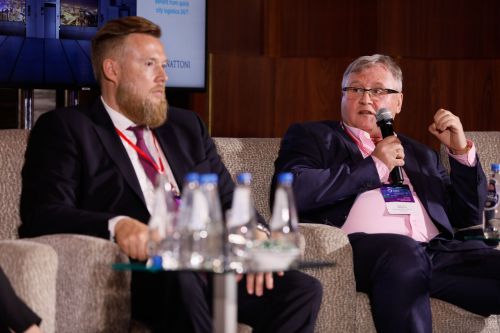
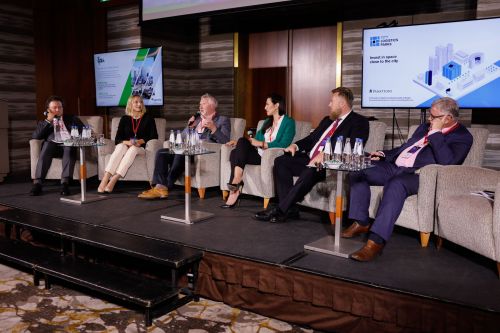
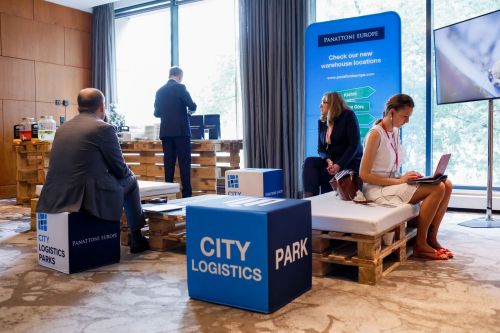
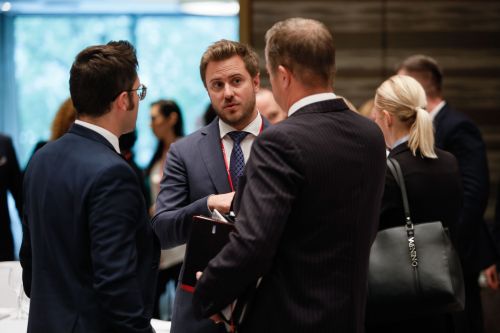
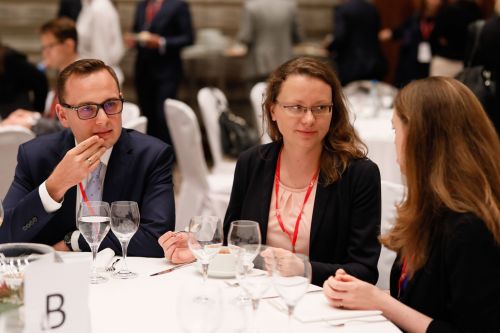
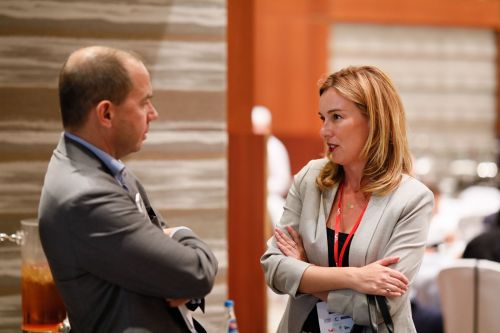
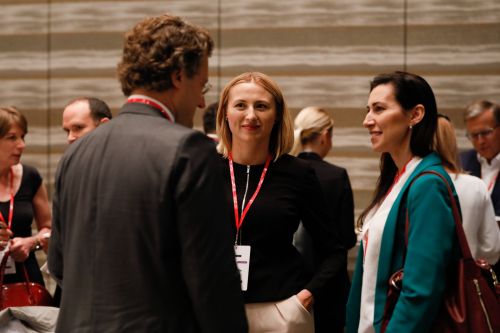
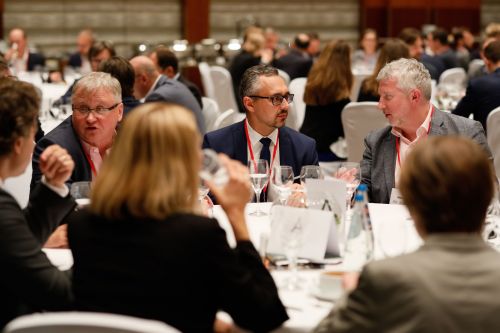
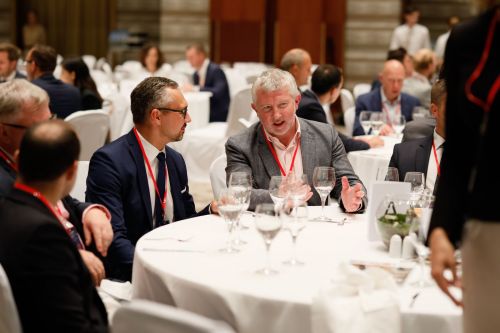
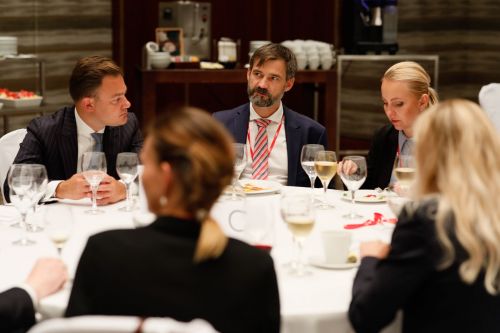
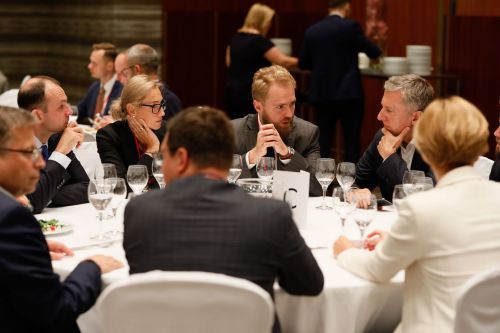
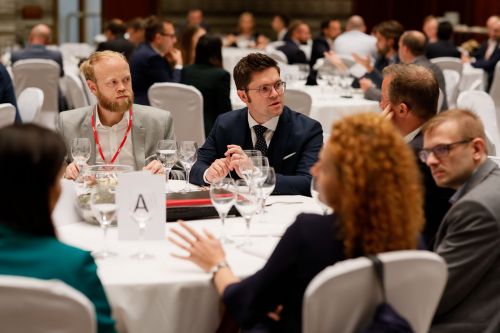
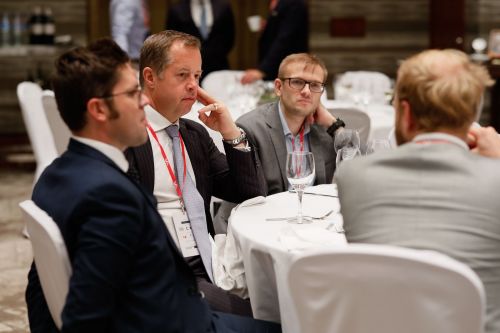
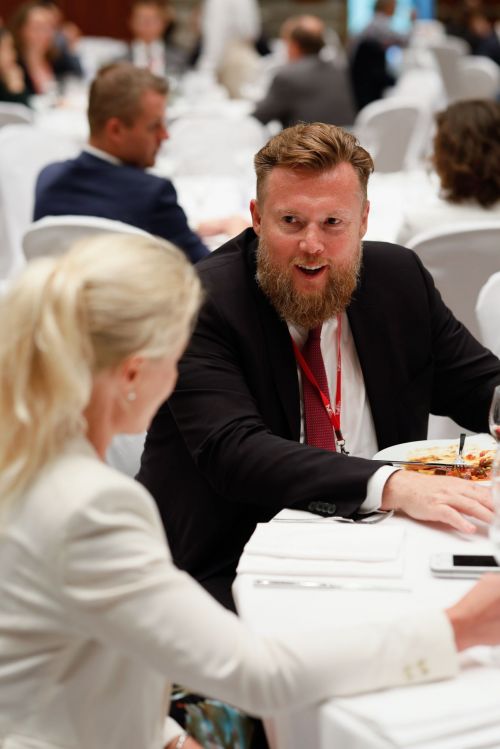
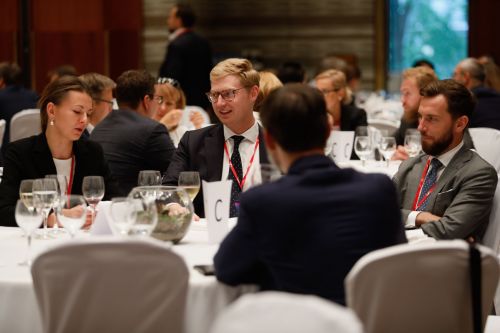
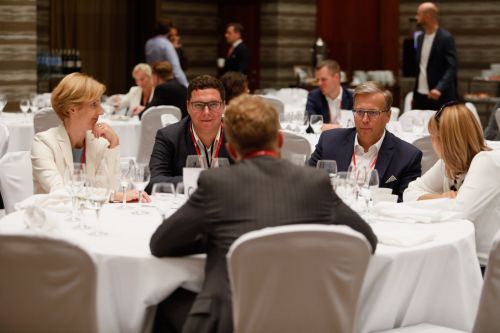
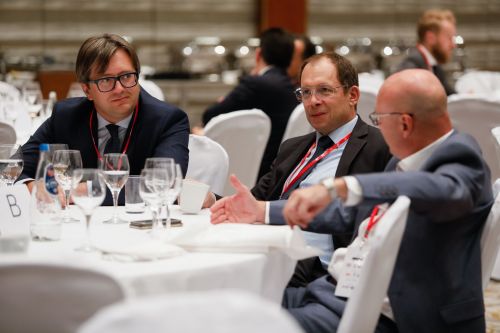
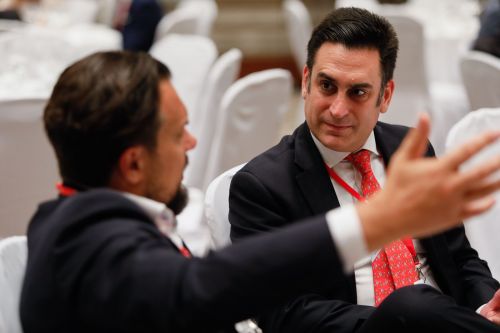
Full steam ahead (for now)
As the investment gold rush continues in Poland, investors from across the world are still being joined by new players. Despite this, 2019 is unlikely to be a record year, due to the impact of global factors. Investors have also had their feathers ruffled by a raft of unhelpful new regulations, which include some confusing tax reforms – according to the speakers at the Eurobuild Conferences organised event at the Westin Hotel in Warsaw on September 9th
The total investment volume on the Polish commercial real estate market in H2 is likely to hit EUR 4.3 bln, bringing the total for the year up to around EUR 6.9 bln, predicted Michał Ćwikliński, the managing director of Avison Young, in the opening presentation of the event. As he pointed out, the figure is down from last year’s (EUR 7.2 bln), but the slip backwards is in line with global investment trends. “At the same time, it should be noted that the demand on the warehouse market is huge, but there is still a lack of product and so it has become very difficult for investors to buy real estate at good prices that would meet their expectations or business plans,” he added. The head of Avison Young also pointed out that more than half (55 pct) of the total value of transactions is attributable to the office market for the first time in its history. As much as EUR 2.3 bln has been invested in offices in Warsaw alone so far in 2019. Interestingly, Mokotów district and the city’s Al. Jerozolimskie corridor have returned to being locations that arouse the greatest interest. “The prospects for the commercial real estate market are currently excellent. The end of the year will be very active,” concluded Michał Ćwikliński. Advisors are also expecting a further reduction in returns, even though they have already reached record lows.
The panellists on the first discussion panel, which was led by Sean Doyle, a senior director at CBRE, focused on the problems faced by the investment sector. “As we have heard in the opening presentation of the conference, a mere 1 pct of the investment involves Polish capital – and this wildly disproportionate figure may become a problem during a recession, and one of these probably lies ahead of us at some point,” admitted Anna Duchnowska, a senior director of Invesco Real Estate. The speakers were united in their opinion that the unclear situation in terms of the new tax law is the most discouraging aspect of investing in Poland. “Investors interested in the PRS sector are unable to understand why one VAT rate applies to an apartment to be rented to a private individual, and another to one rented to a company and yet another for apartments rented to a company that will make it available to its employees,” lamented Justyna Bauta-Szostak, a partner and legal and tax advisor at MDDP. “The due diligence needed to determine the tax rate on the sale of real estate can now take up to several months. Such a length of time can be fatal for the liquidity of the transaction,” added Angus Wade, a co-founder of Sharow Capital.
In spite of all this, the investment market still resembles a kind of high-powered machine fuelled by the unflagging demand for office space, and this is certainly the case with the Warsaw market – agreed the panellists of the next discussion, which was devoted to the office segment. The moderator, Tomasz Buras, the CEO and director of the investment consulting department at Savills, noted that Warsaw office properties are very well leased, even including those still under construction. “Up to 80 pct of the space in buildings due to be delivered in Warsaw this year is already leased. While for office buildings scheduled for delivery next year, the figure comes to 62 pct,” he emphasised. The high demand for office space in Warsaw has been encouraging investors to go shopping in the city. “Asian capital is particularly active. Negotiations are underway regarding the sale of several high-rise buildings,” added the head of Savills. Developers have also confirmed this. “Mennica Legacy Tower has been attracting a great deal of interest. We have chosen one of these investor and are now in negotiations,” revealed Cezary Jarząbek, the founder and CEO of Golub GetHouse. “Just a few years back it was difficult to find an investor that would buy a project such as the Warsaw Spire in its entirety. That’s why we divided the property into parts and sold it anyway. Today it wouldn’t be a problem selling the whole thing,” noted Jeroen van der Toolen, the CEE managing director of Ghelamco. However, investors are not only focused only on Warsaw. “Around half of the transactions are in regional cities. In order to attract investors, you have to offer them with a unique project,” added Anna Celichowska, a board member and leasing director at Virako. While the current situation is very good, we can expect some swirl and slowdown in the near future, but this should not be very severe. “Poland enjoys a good reputation among real estate investors. However, there are also challenges. The two most important ones are the slowing German economy, which we are closely connected with, and our aging society,” cautioned Piotr Trzciński, the head of the Polish investment department at Savills Investment Management. Francesco Coviello, the CEE and Southern Europe head of investment at LaSalle Investment Management, is of a similar opinion: the European economy will slow down and this will also have an impact on Poland. “For now, however, we have good-quality and well-leased product in Poland and the rates of return are very attractive compared to Western Europe,” she added.
And it’s not only Warsaw that’s in a happy situation but also regional office markets, as Marcin Kocerba, an associate at the capital markets department of Cushman & Wakefield, argued in the next presentation. “The SSC/BPO centre sector is still booming, which has led to unflagging investor interest in Polish regional cities. The capital is increasingly managing to find better quality buildings that are also being leased to ‘blue chip’ companies – brands that are recognised around the world. This in turn makes purchasing decisions easier in less obvious parts of Europe or the world,” pointed out Marcin Kocerba, who also noted that the development of our regional markets is being helped by demographic factors – only 5 pct of Polish citizens live in the capital of the country (the European average is around 12 pct), so the economic development of regional Polish cities can proceed much more smoothly, through the employment of local staff that have not been drained from the market by the capital city.
How to keep the retail sector alive? – was the title of the next panel. And the speakers immediately took issue with this question. “The retail sector is not dying, it’s been doing great, so it doesn’t need resuscitation,” countered Agata Sekuła, the head of the CEE retail investment department at JLL and the discussion’s moderator, in her opening remarks. “Shopping centres have long been not only just for shopping, so the increase in the popularity of e-commerce and the Sunday trading ban have not shaken the sales or footfall figures. This new situation, however, requires a new way of management,” insisted Anna Malcharek, the managing director of Gemini Holding. The panellists also disagreed with the notion that the end-times are now upon us for large shopping centres. “Consumers still like shopping in large buildings so they are happy to visit them. Regional centres will cope, as will the smaller local centres that are strongly embedded in their local communities. Declines in sales are only a risk for medium-sized buildings, especially those with less defined profiles – these will require intensive asset management activities,” said Maciej Wróblewski, a deputy CEO and the head of development at Apsys. “It’s more difficult to find a buyer for an entire mixed-use centre because most investors still specialise in a particular asset class. On the other hand, a complex combining many different amenities with various functions will attract the attention of more investors interested in one of its parts – the retail, office or hotel sections. Such a profile widens the scope of investment opportunities rather than limiting them,” explained Maciej Tuszyński, a senior partner and the head of the real estate finance department at Griffin Real Estate and Griffin Property Finance II.
E-commerce was also a topic that featured in another discussion panel, this time concerning the warehouse market – as it is still driving the enormous demand for warehouse and logistics space and there has been no indication that this role could be threatened by any other market segment, agreed the panellists of the discussion moderated by Bartłomiej Krzyżak, director, investment department at Avison Young. “The time for universal warehouses is now over, because the needs of tenants have become increasingly diverse. New functions are being introduced to the buildings, such as by the recent massive growth in logistics related to return of purchased products – and this requires more expenditure during construction. Shipment sorting and refrigeration plants, which just a few years ago were exclusively used by specialised logistics companies, are also gaining in popularity,” pointed out Artur Mokrzycki, the head of the European capital markets department at Panattoni Europe. “The problem is that a highly specialised facility could encounter problems finding another tenant when the existing one decides to move out. Any investor considering buying such a building will wonder whether they will be able to rent it out again quickly,” remarked Waldemar Grabka, the investment officer and asset manager for CEE countries at Exeter Property Group.
The next item on the agenda was the sparring session – an exchange of views between representatives of two rivals. This time it was Włodzimierz Skonieczny, the director of the real estate financing department at ING Bank Śląski, and Martin Erbe, the head of the department of international real estate finance of Continental Europe at Helaba, who locked horns, while Marcin Mędrzecki, the director of the investment consulting department at Colliers International, was the referee. The two opponents did express some admirable unanimity when it came to the security of financing investment transactions on today’s market. And neither could see any clouds on the horizon for the retail market, both accepting that e-commerce does not pose any major threat to traditional shopping and in some respects could also support its further development. “However, we are not financing any PRS projects,” admitted Włodzimierz Skonieczny. "Well, we are – because we are bolder,” countered Martin Erbe. Then began an interesting discussion on the financing of office projects with a significant proportion of flexible space – and despite the signals that the co-working segment might be over-supplied, our representatives from the financial sector are not expecting the bottom to fall out of this market at any time soon. “However, with such a large supply of ‘flexes’, finding tenants for all this space may become more drawn-out and not all operators will be able to survive financially. Still, I think that building owners have nothing to worry about – attractive space in city centres that has already been fitted out will not have to wait long for other interested parties to turn up,” insisted Martin Erbe. The two interlocutors also agreed that the economic downturn predicted by some siren voices, if it ever comes, will initially impact regional office markets, which are currently dominated by long-term investors.
The conference ended with a discussion on alternative asset classes, which was moderated by Piotr Krawczyński, the head of the CEE capital markets department at BNP Paribas Real Estate Poland. Investors have been closely monitoring niches such as student halls, buildings for senior citizens, apartment packages for renting and co-living, but we have yet to see any spectacular transactions in these segments of the Polish market – and are not likely to in the near future, due to their low supply. “The Polish market for these types of buildings is, however, in a good situation because it can draw on the experience of Western markets – importing the best approaches and avoiding mistakes – which will certainly have a positive effect on the value of the assets when they finally appear,” predicted Peter Noack, a co-founder and the managing director of Zeitgeist Asset Management.




























